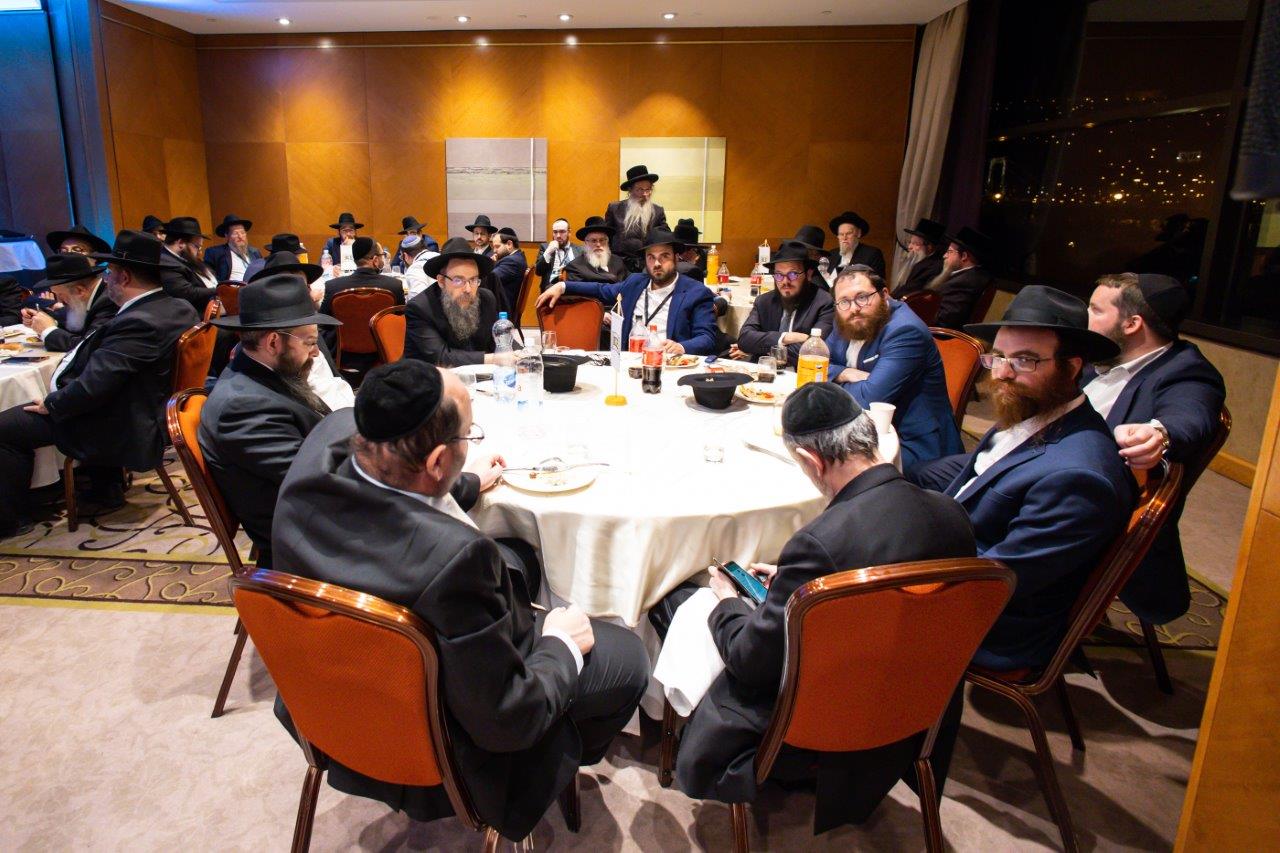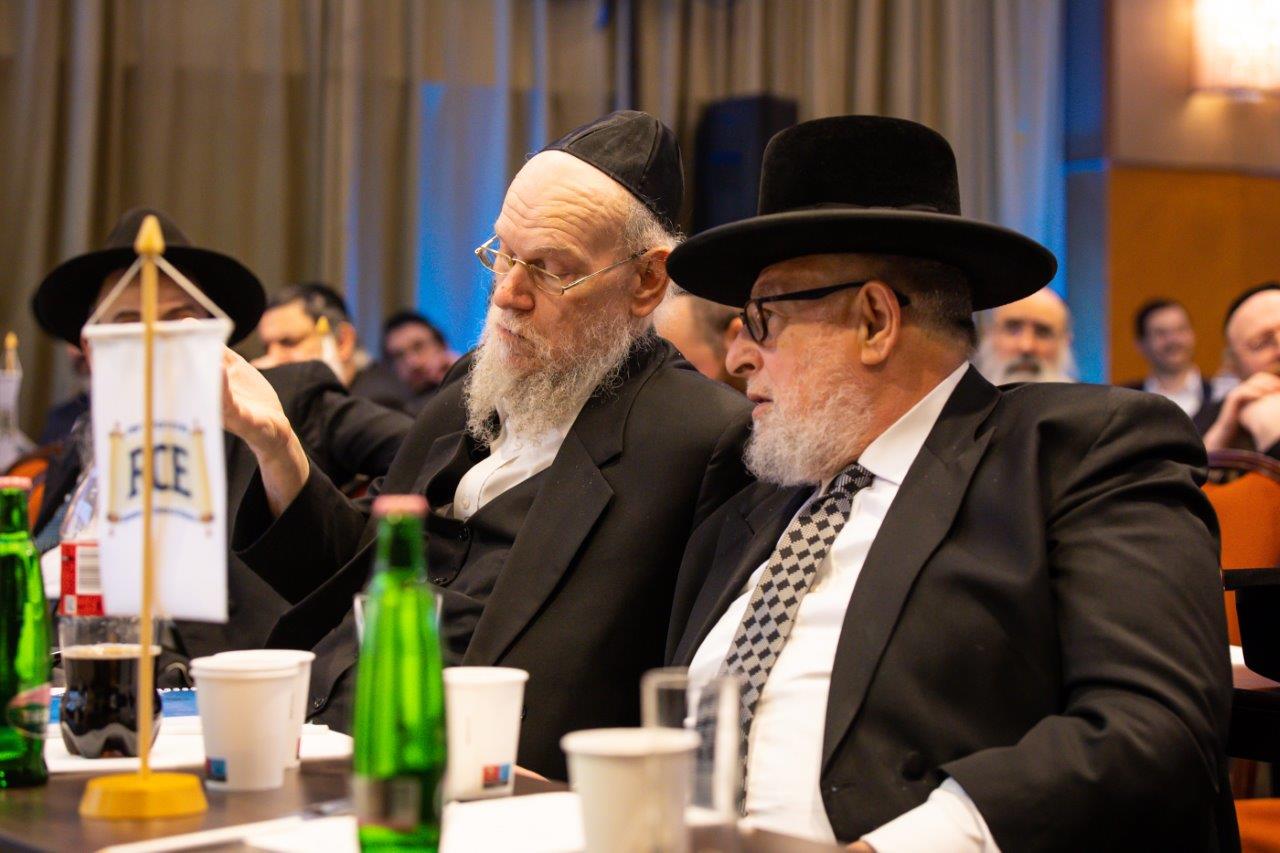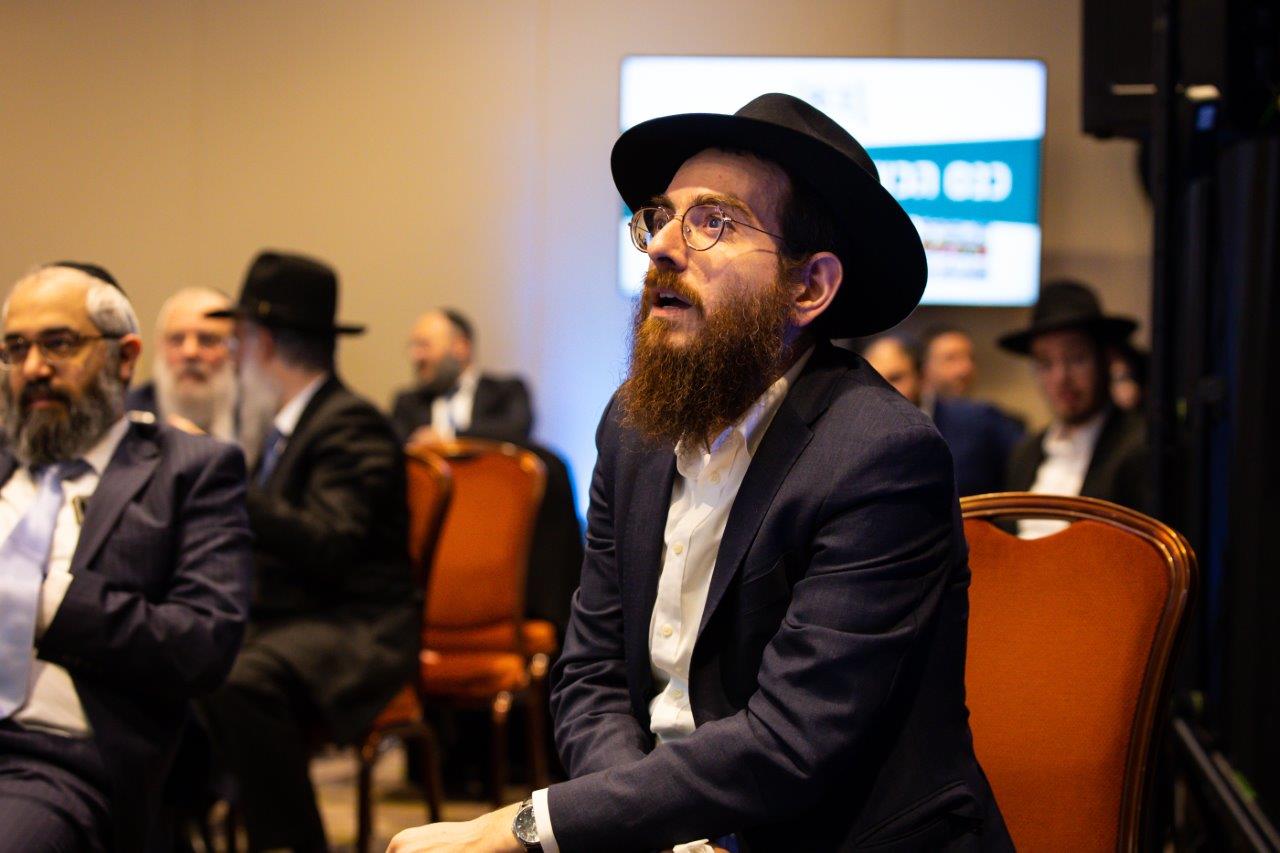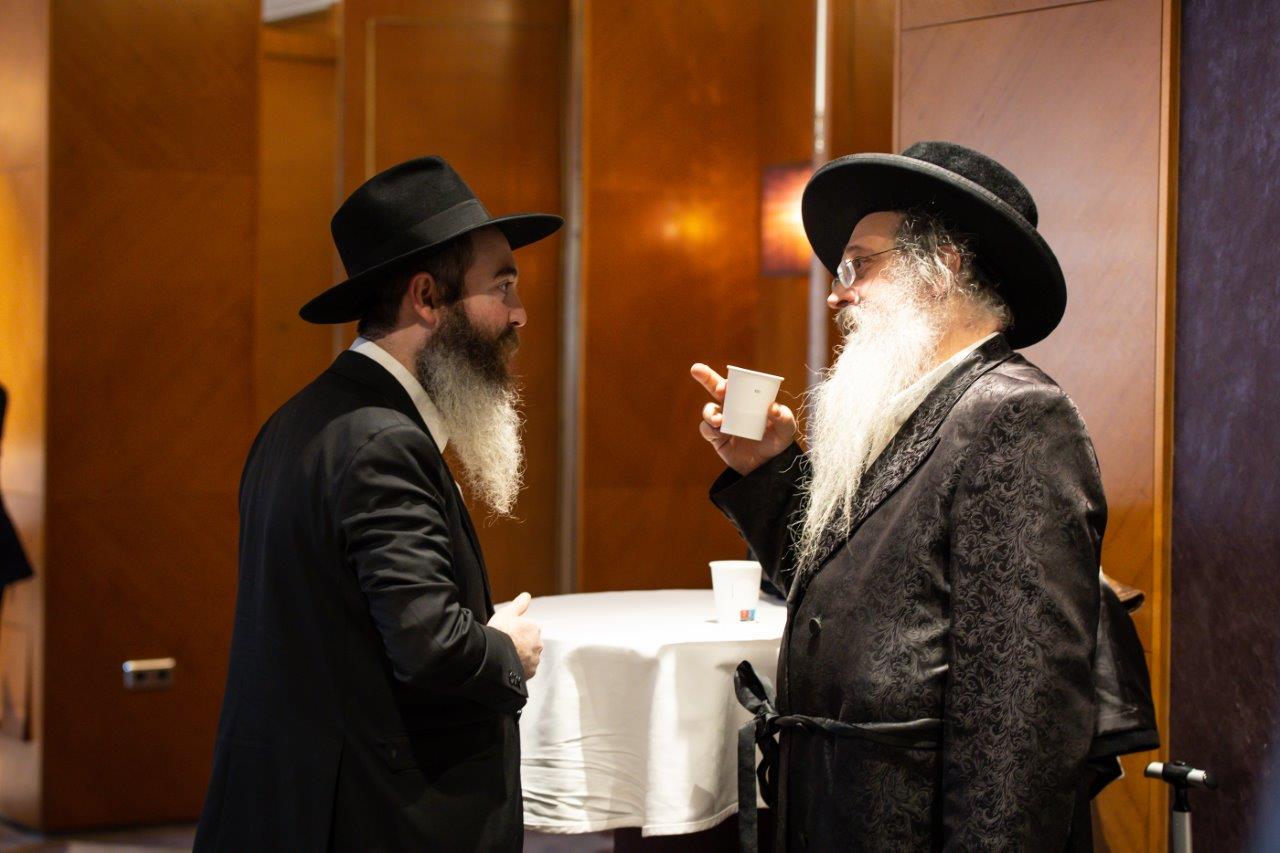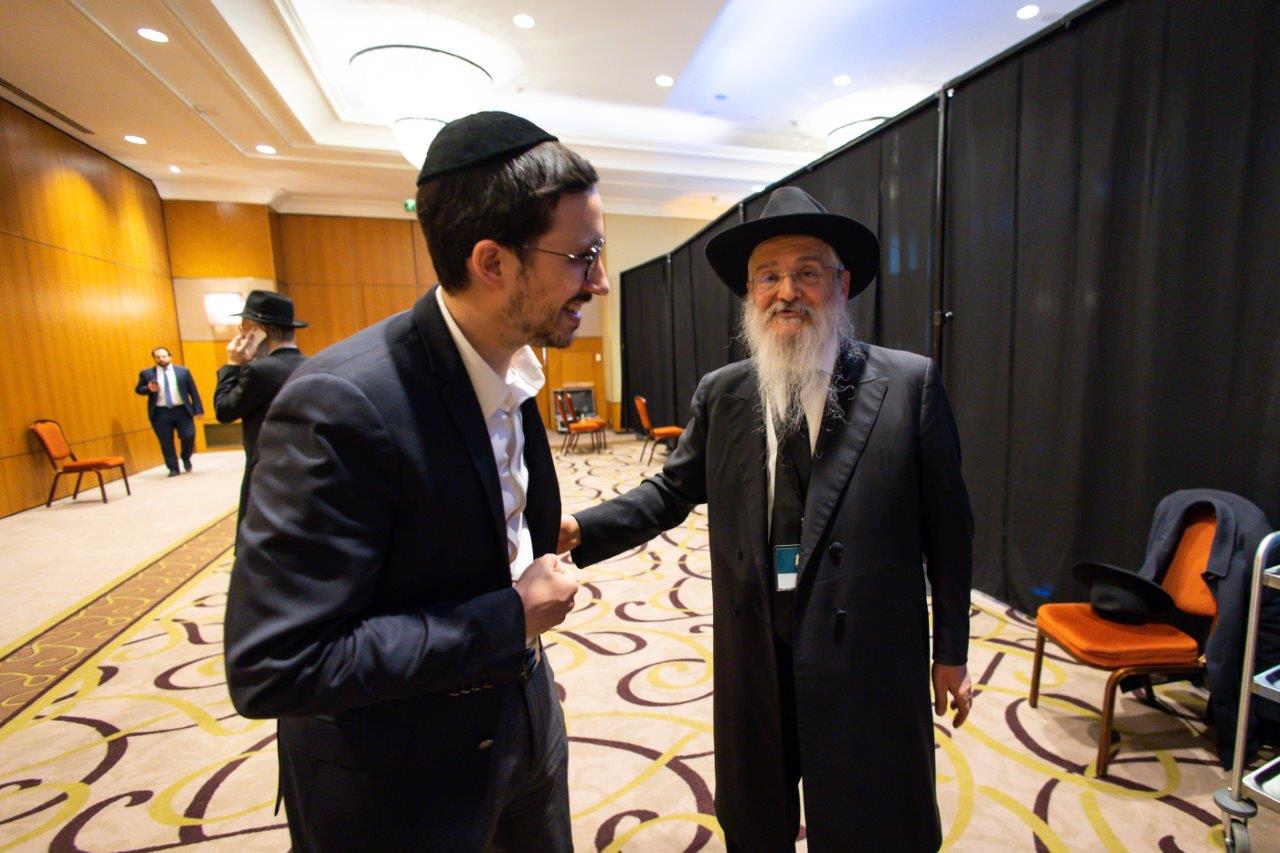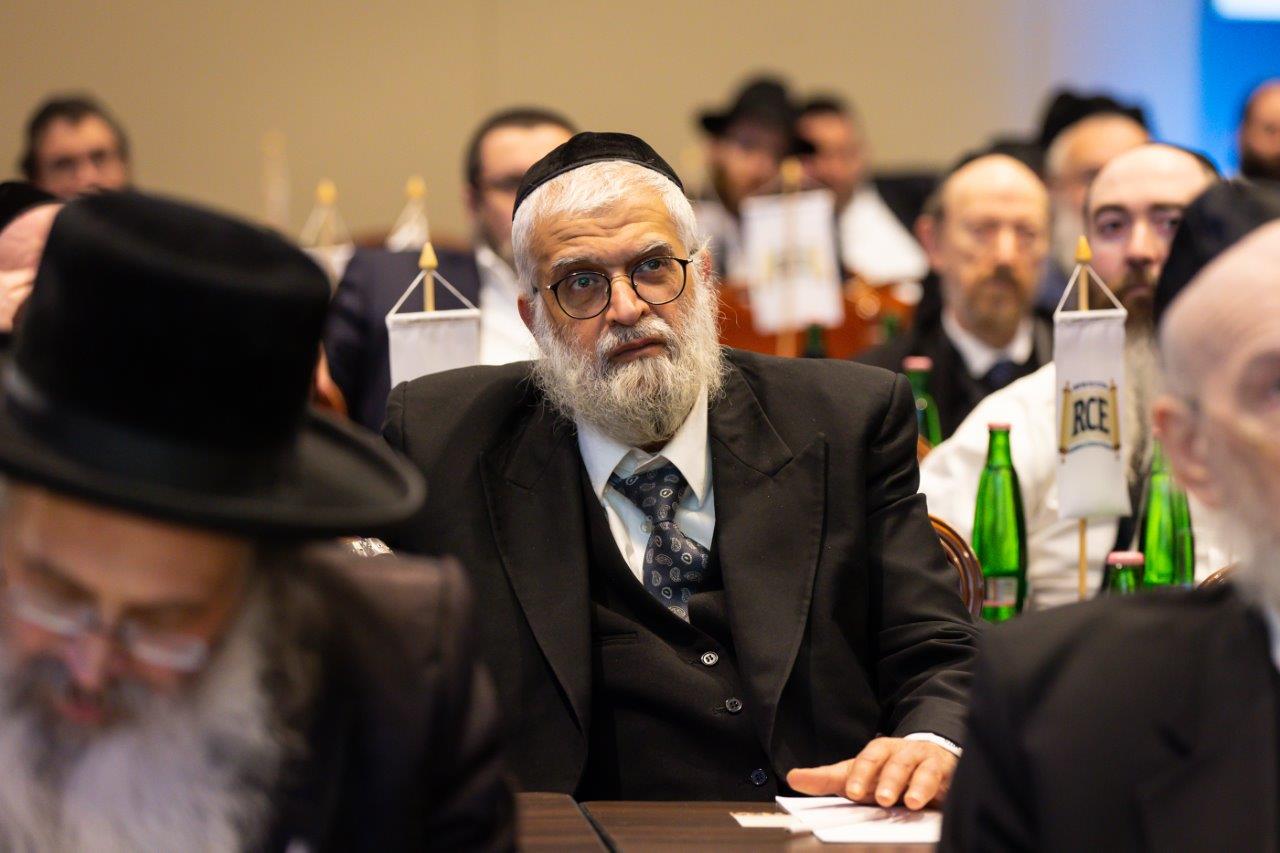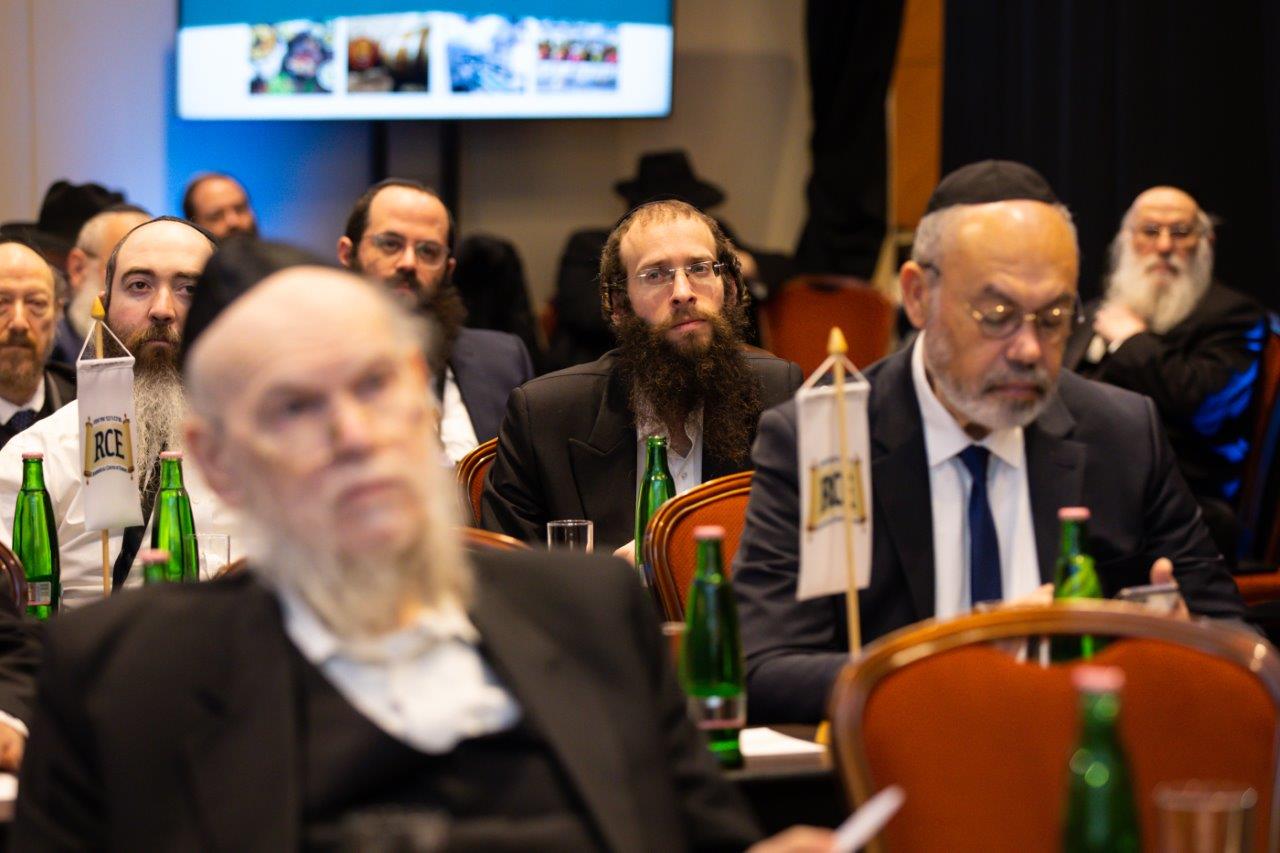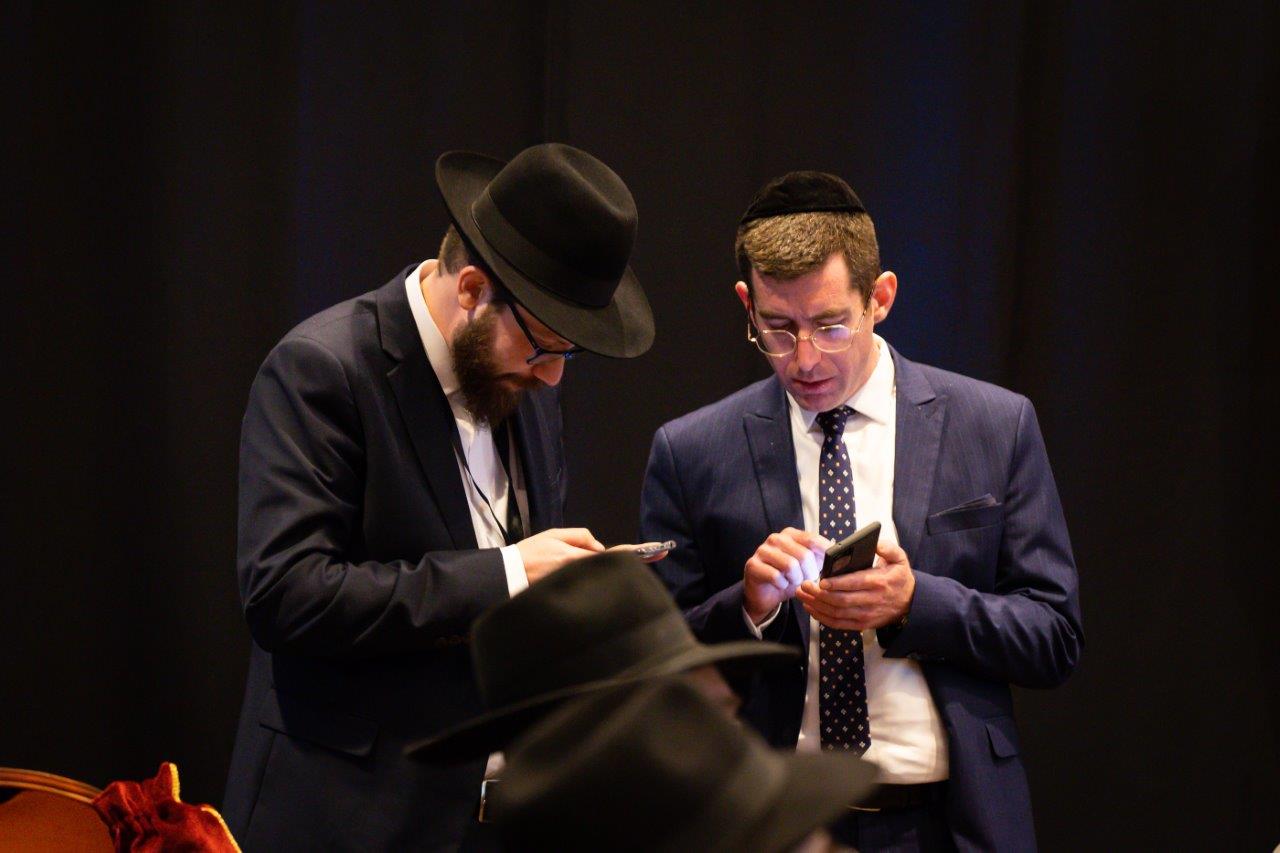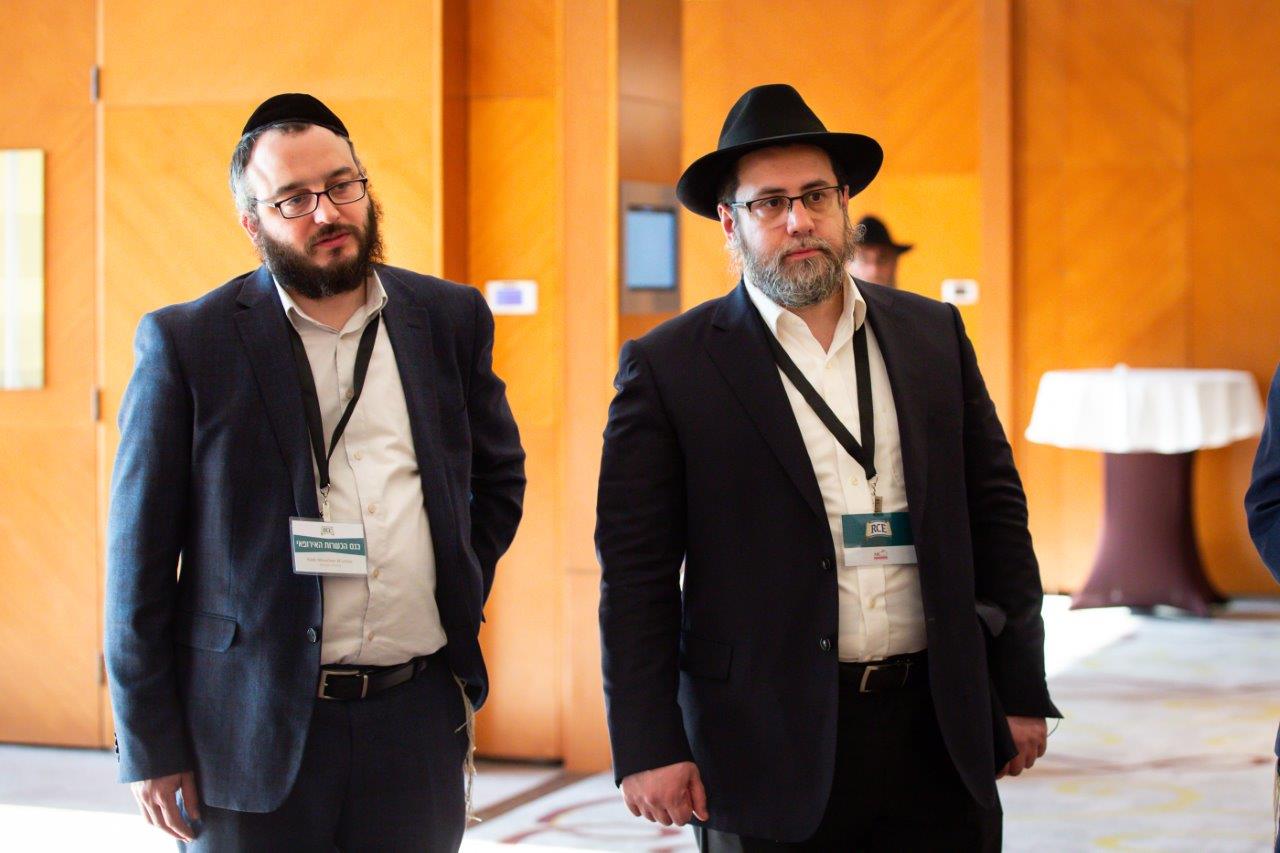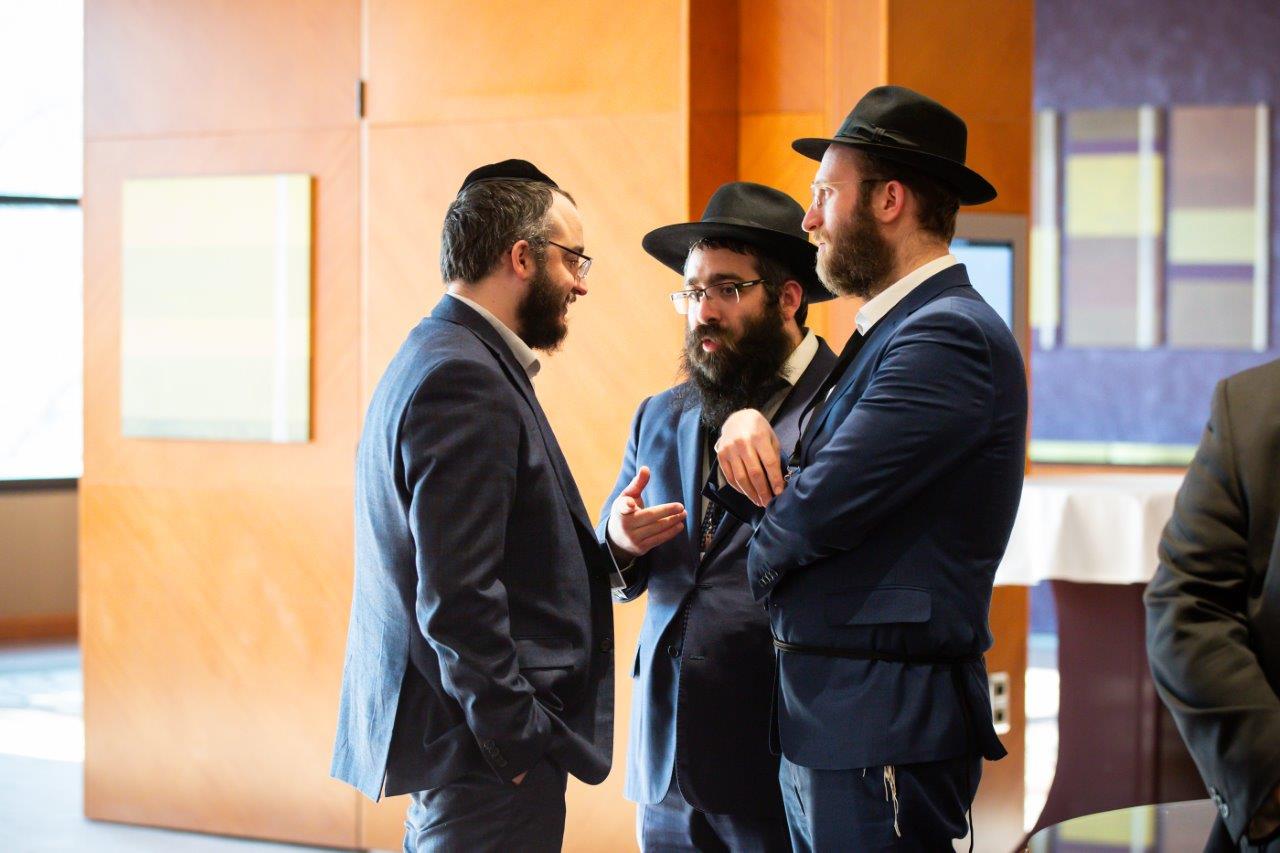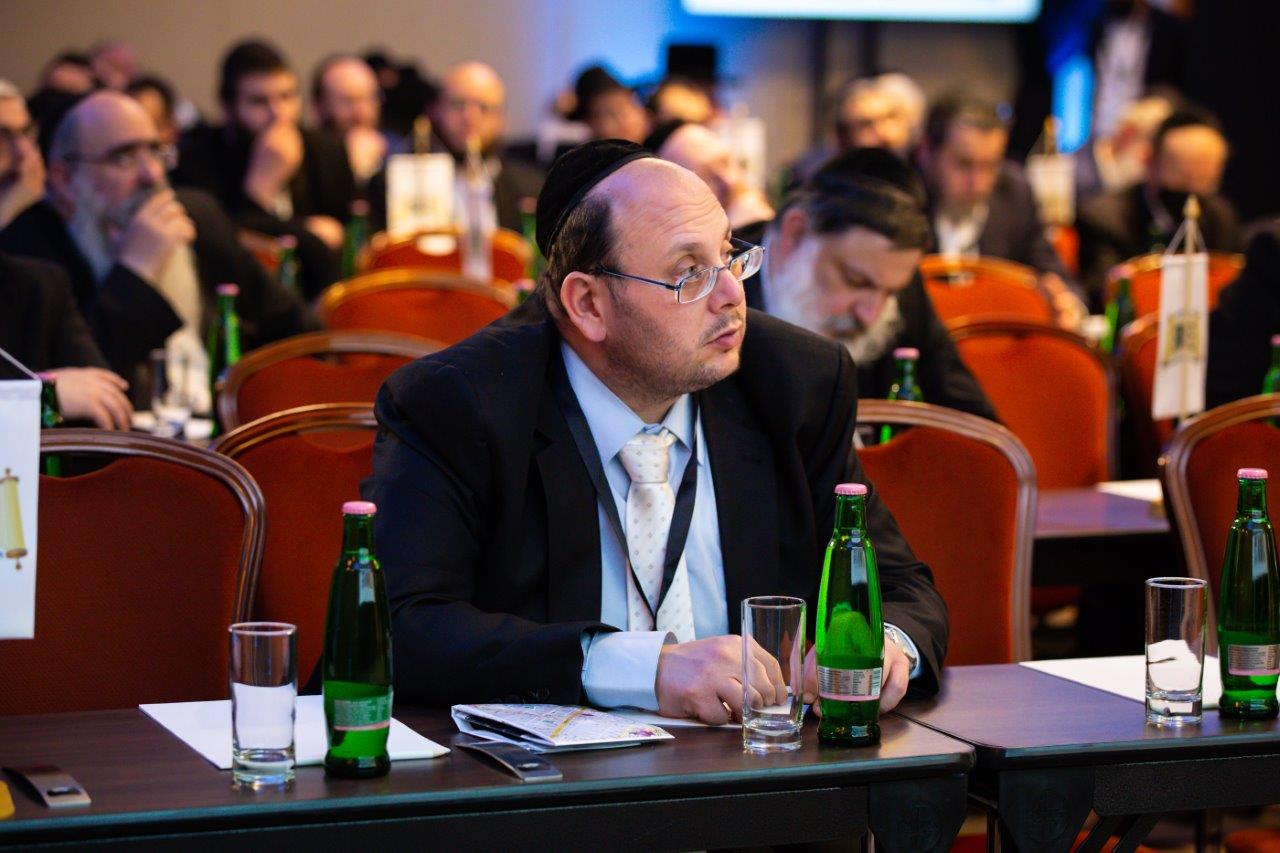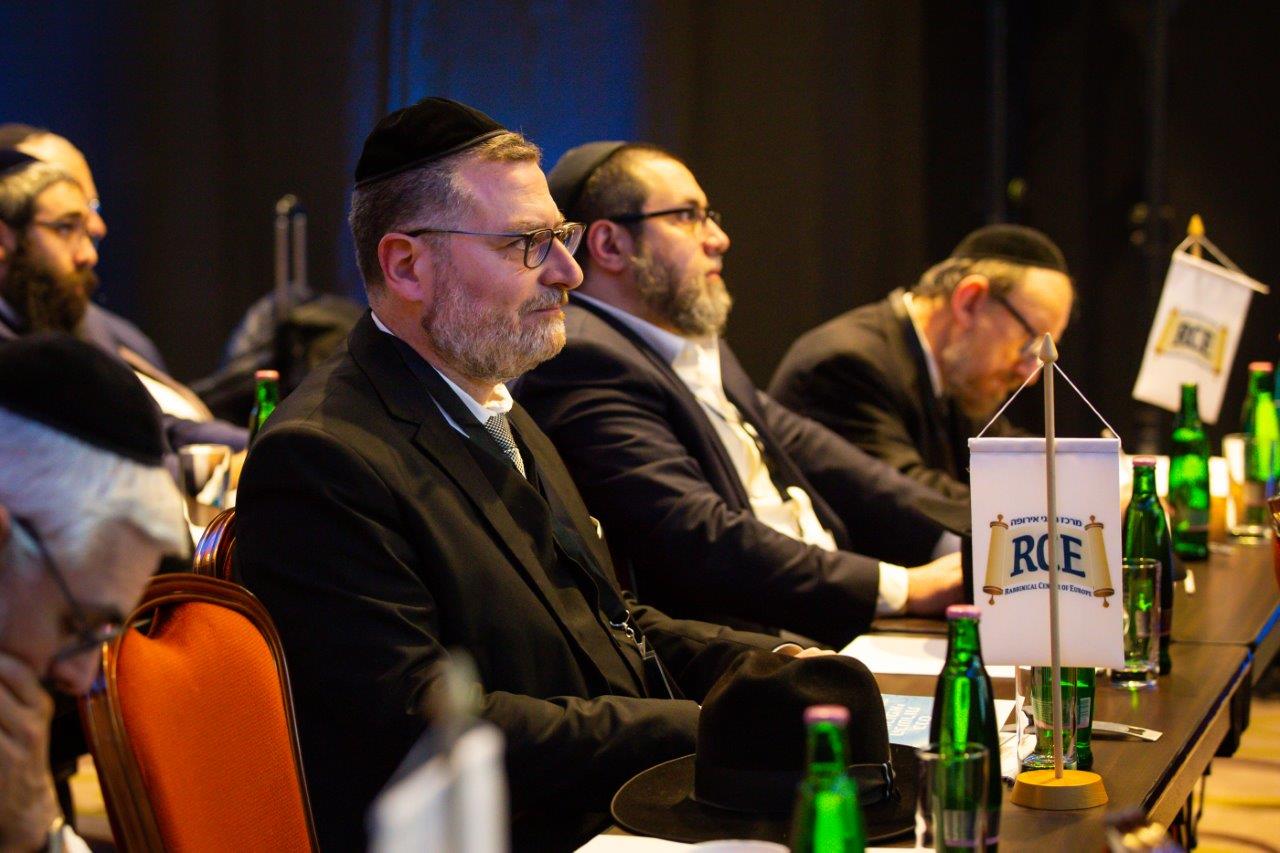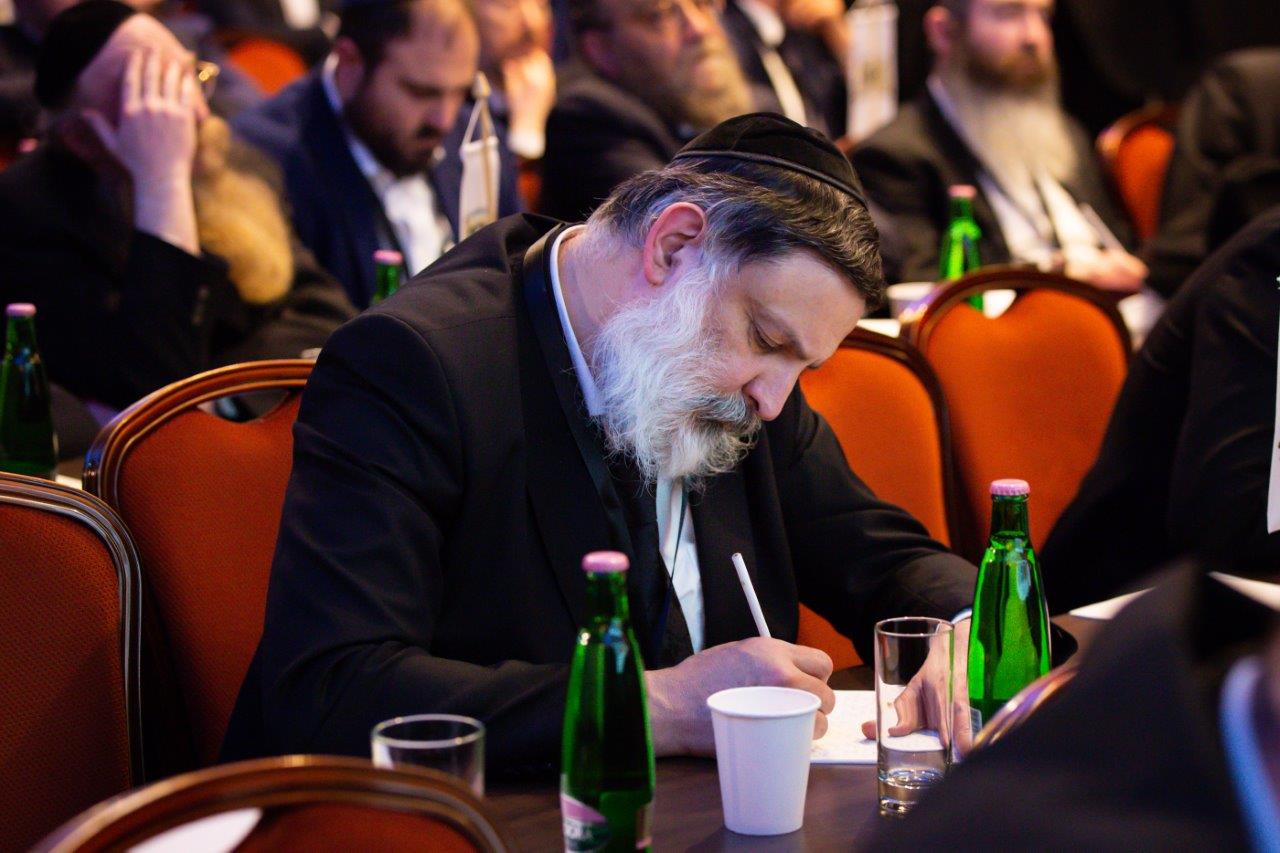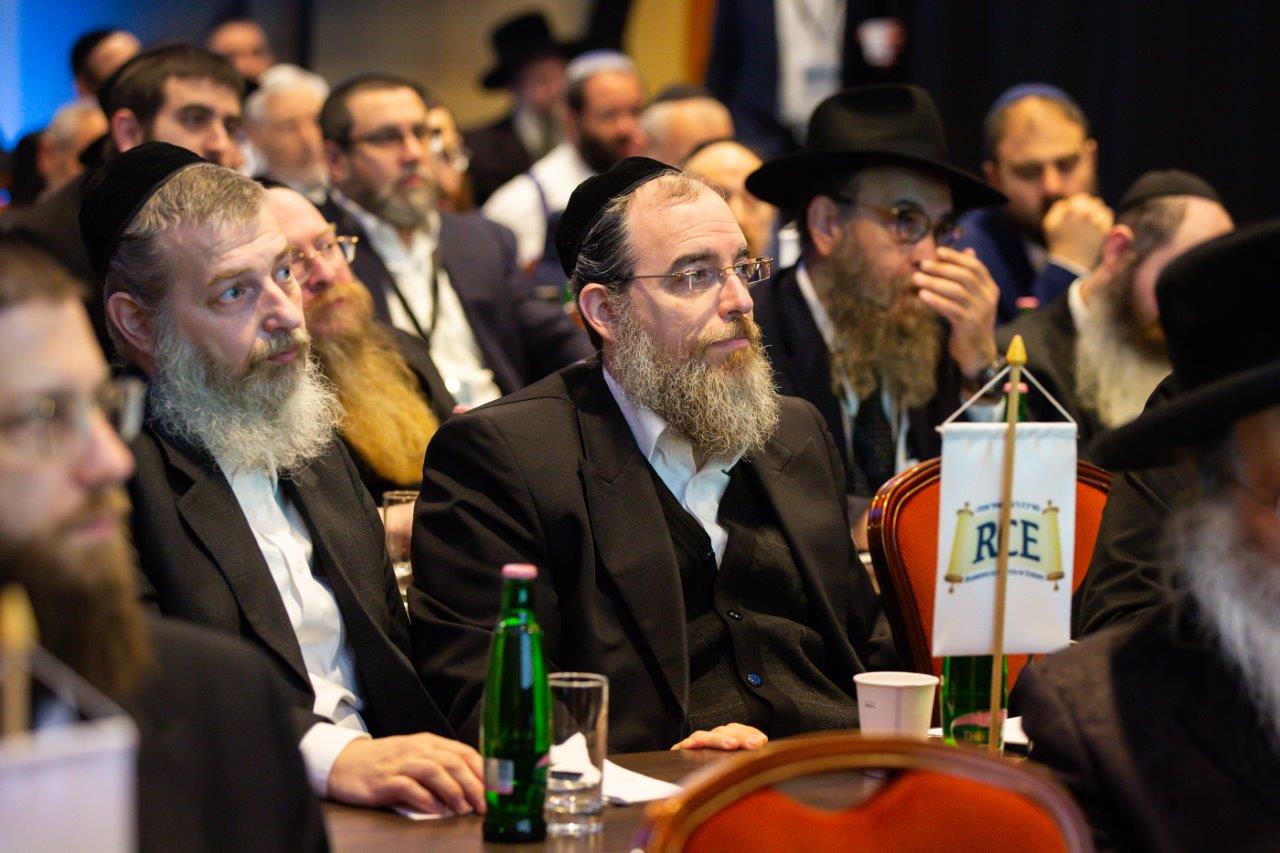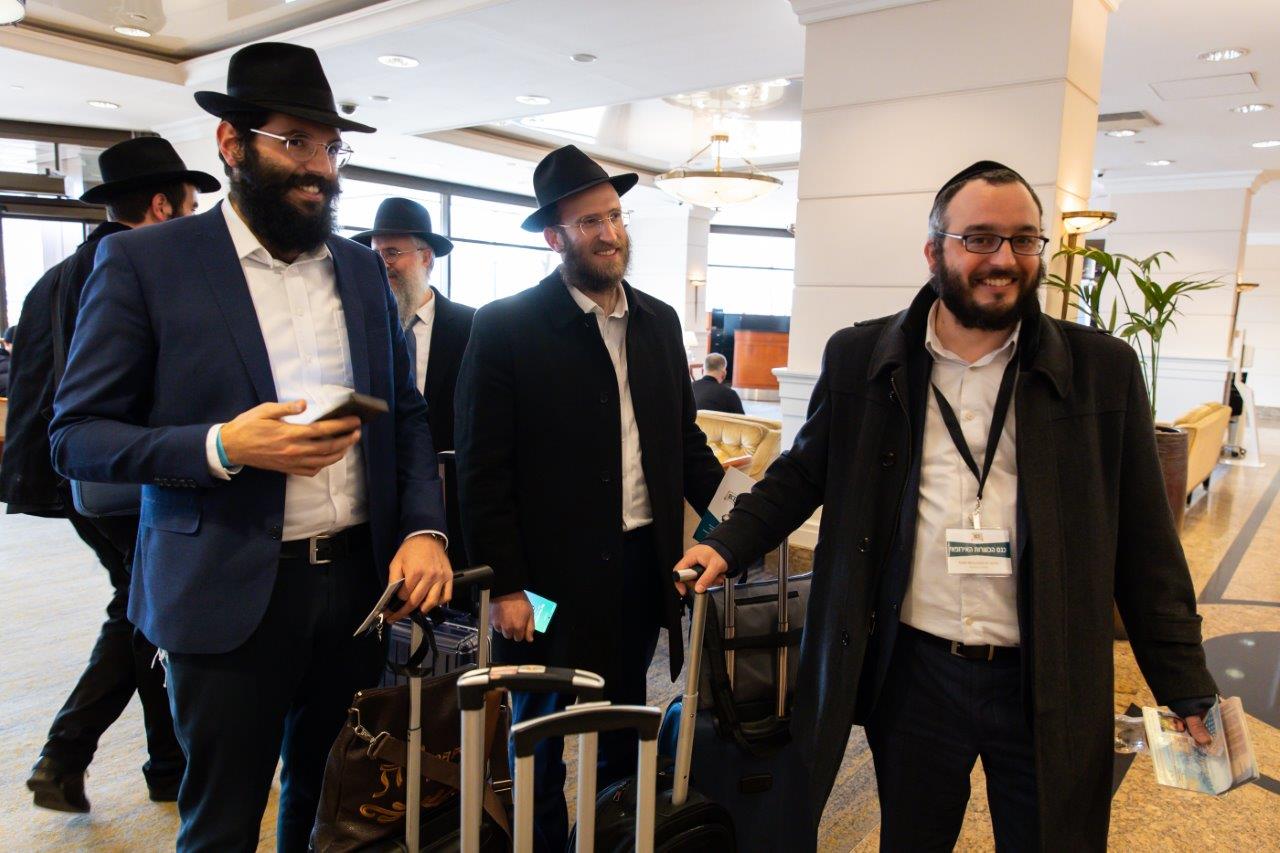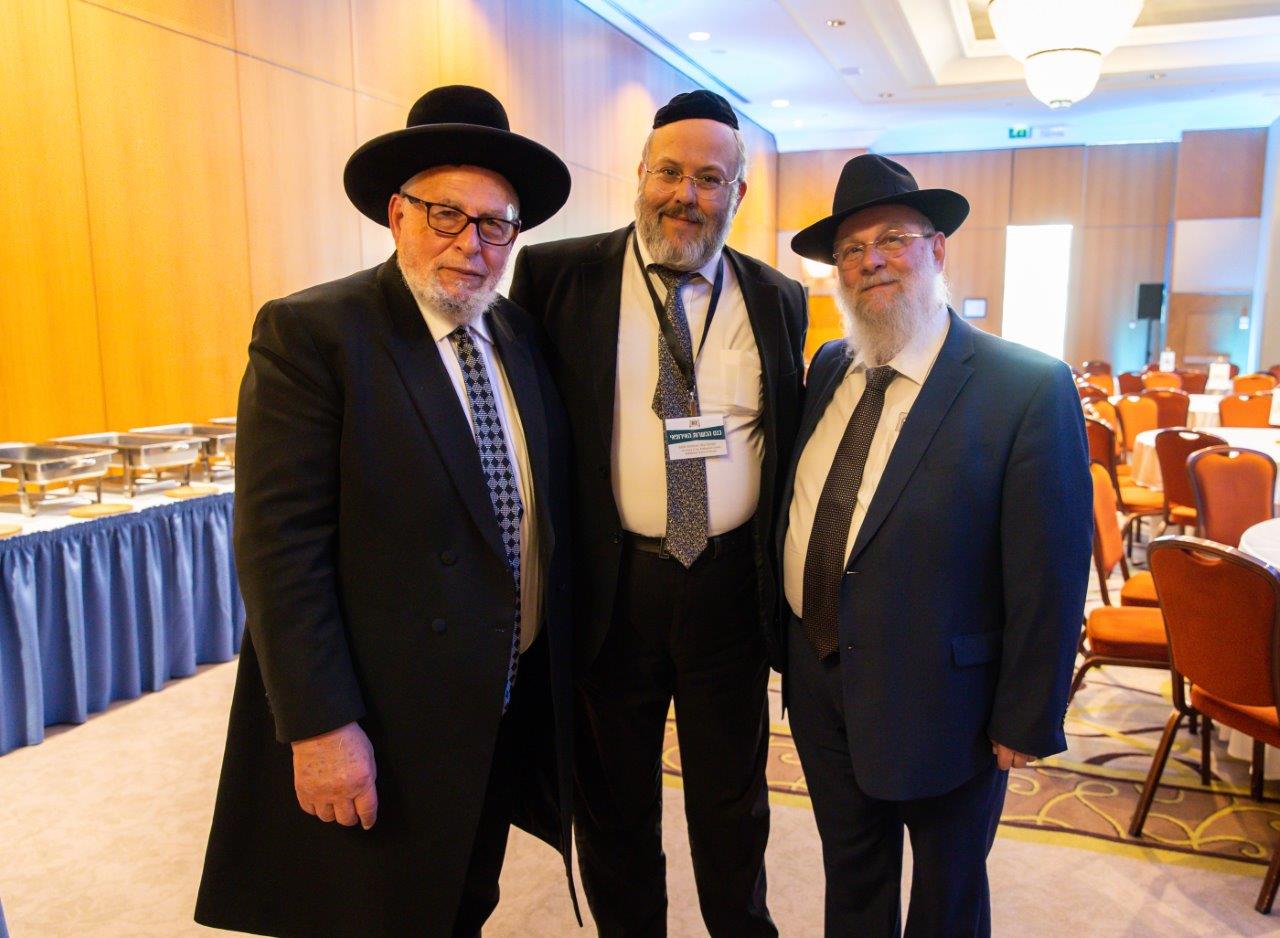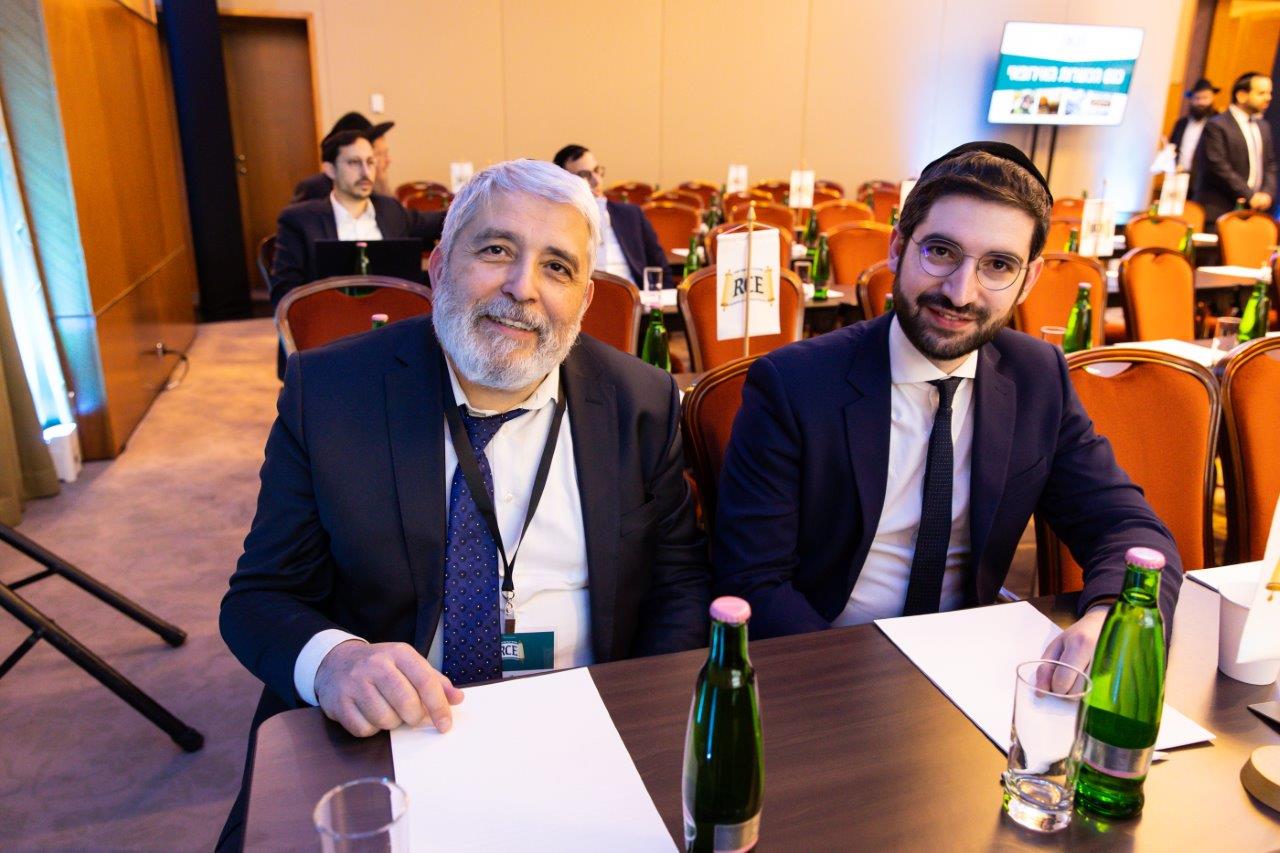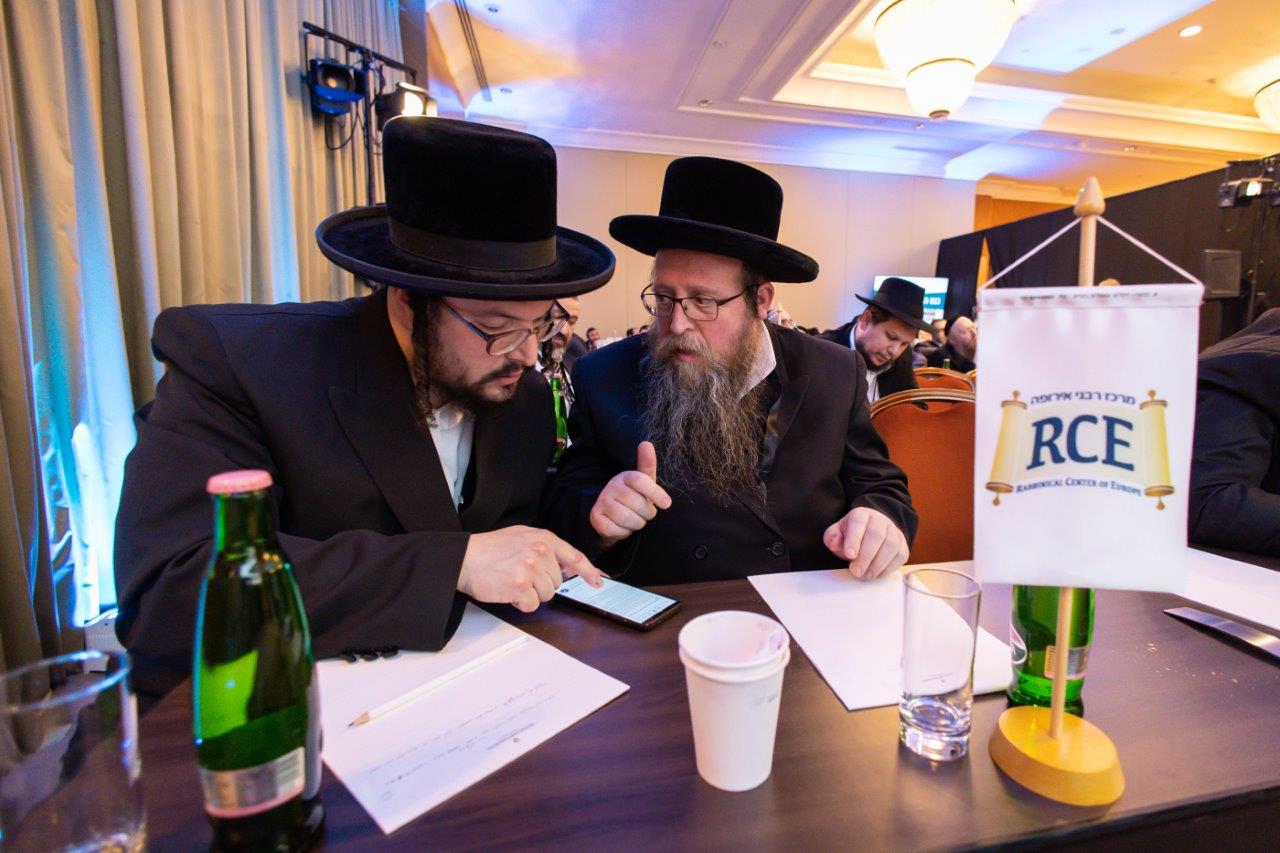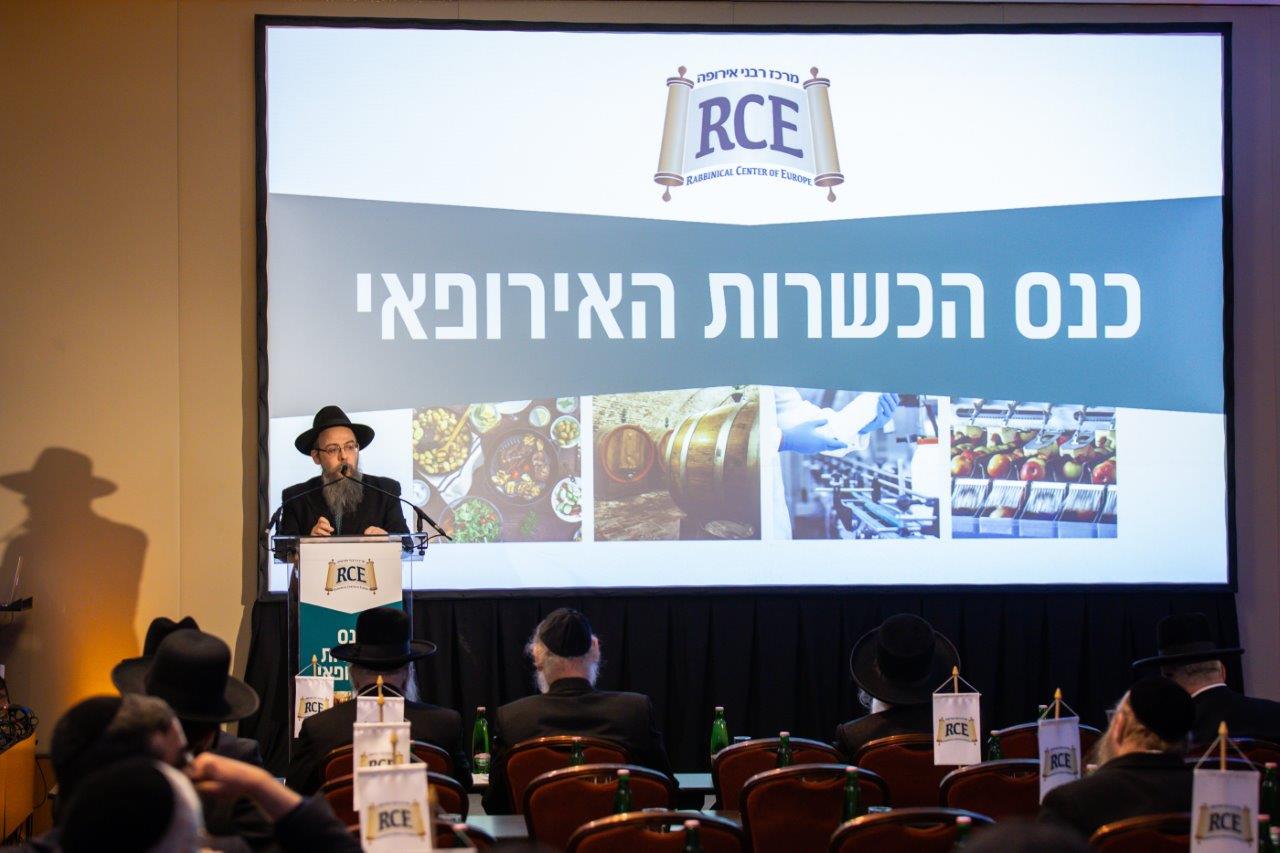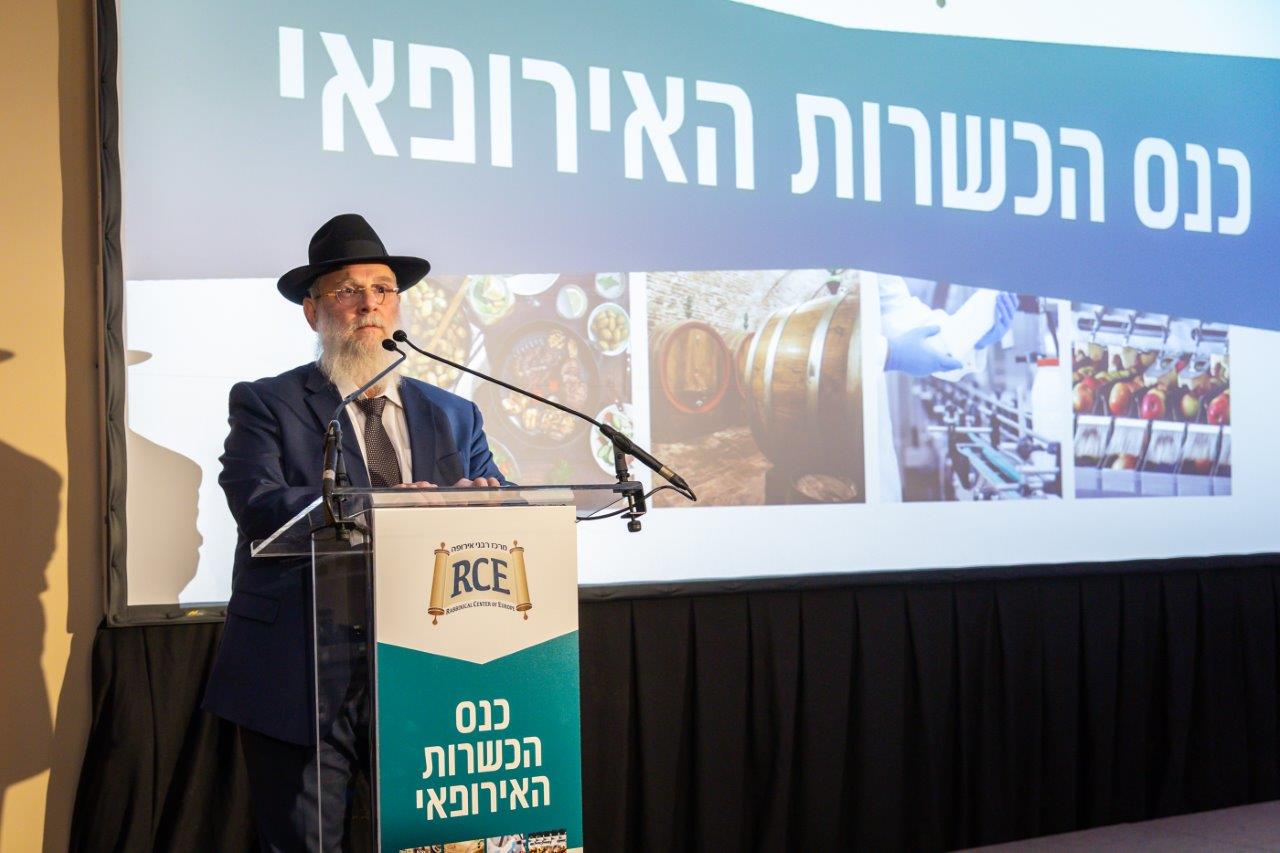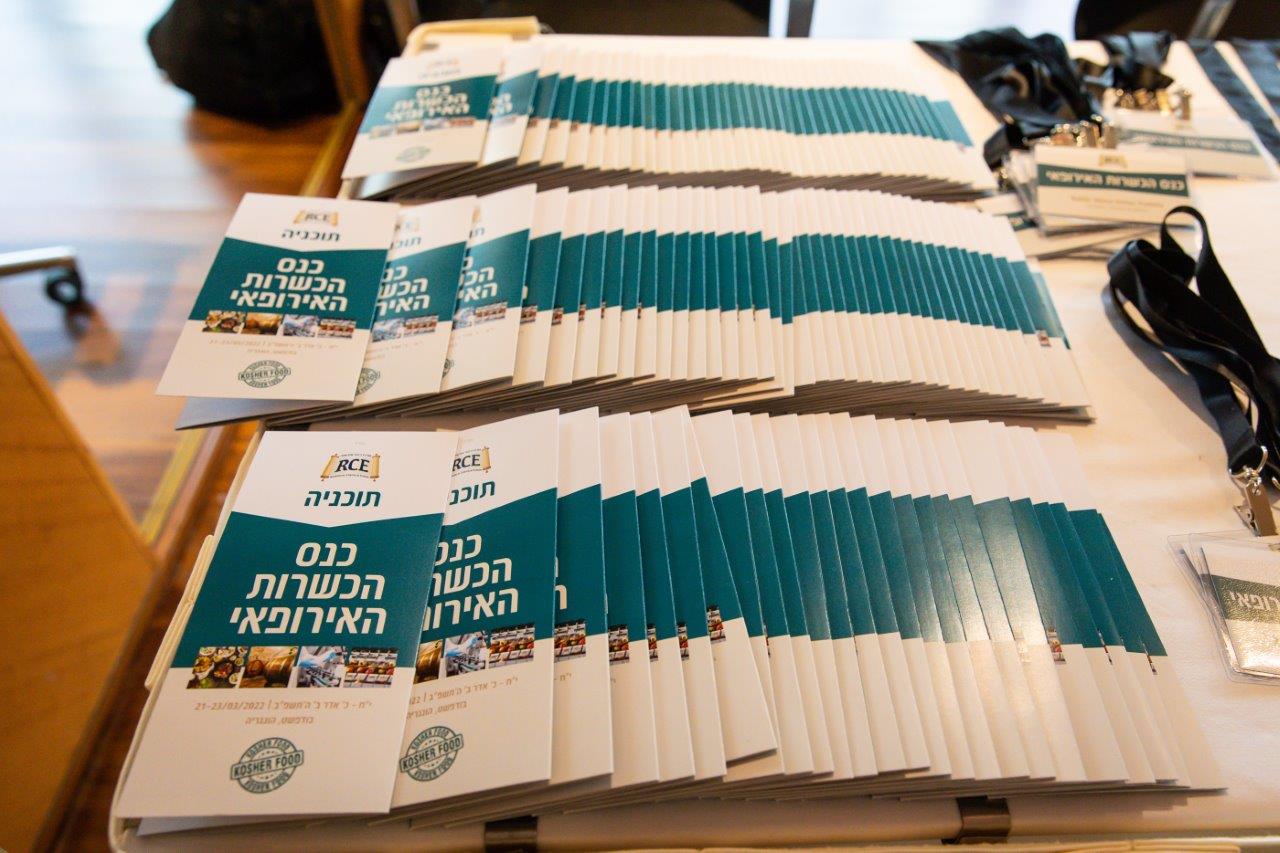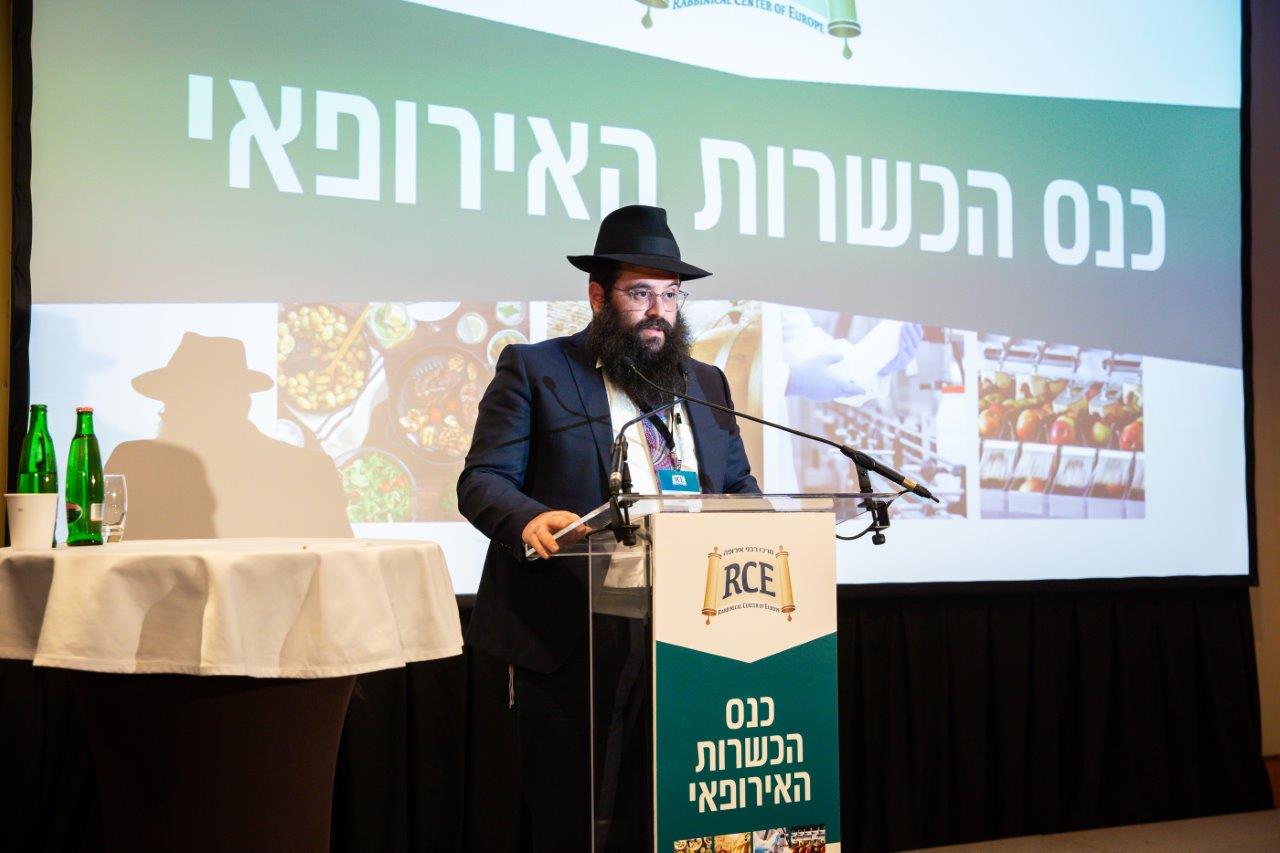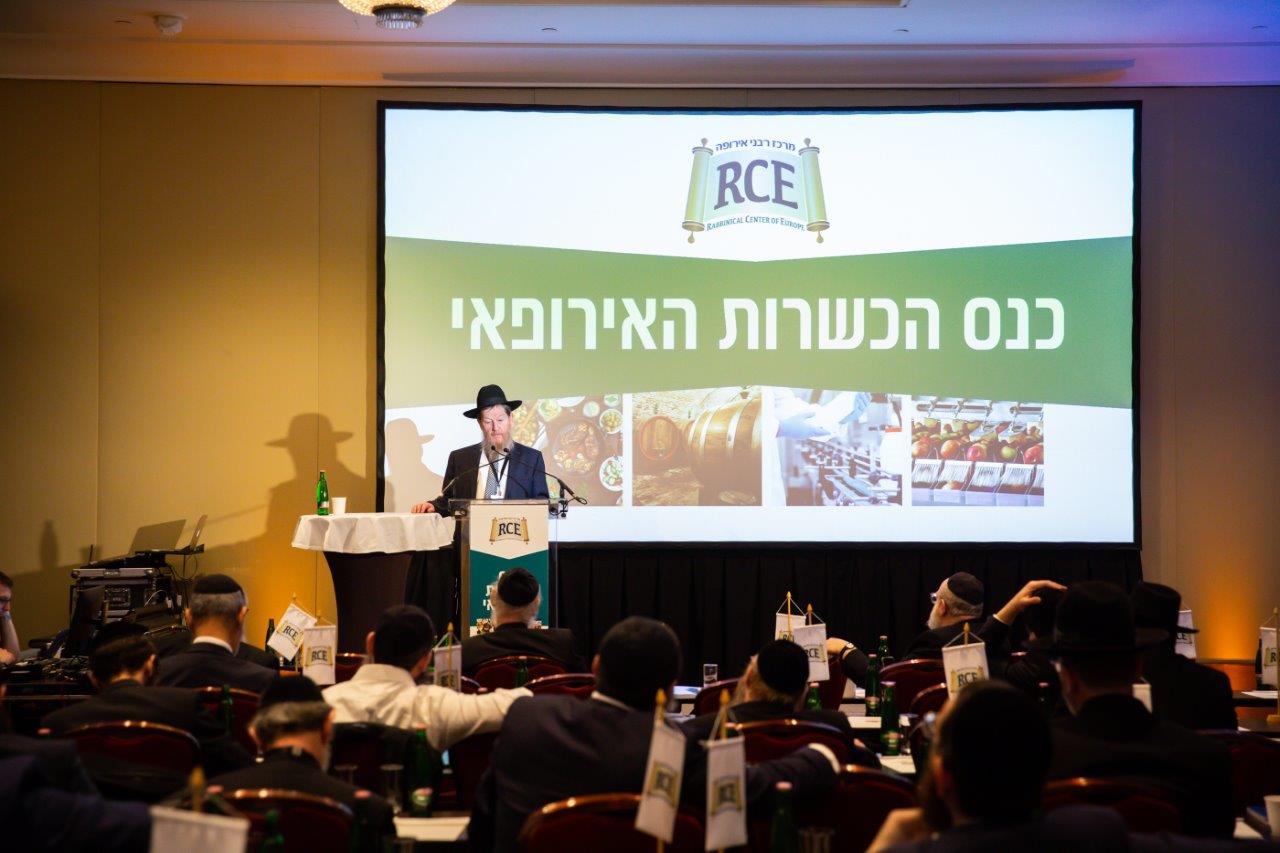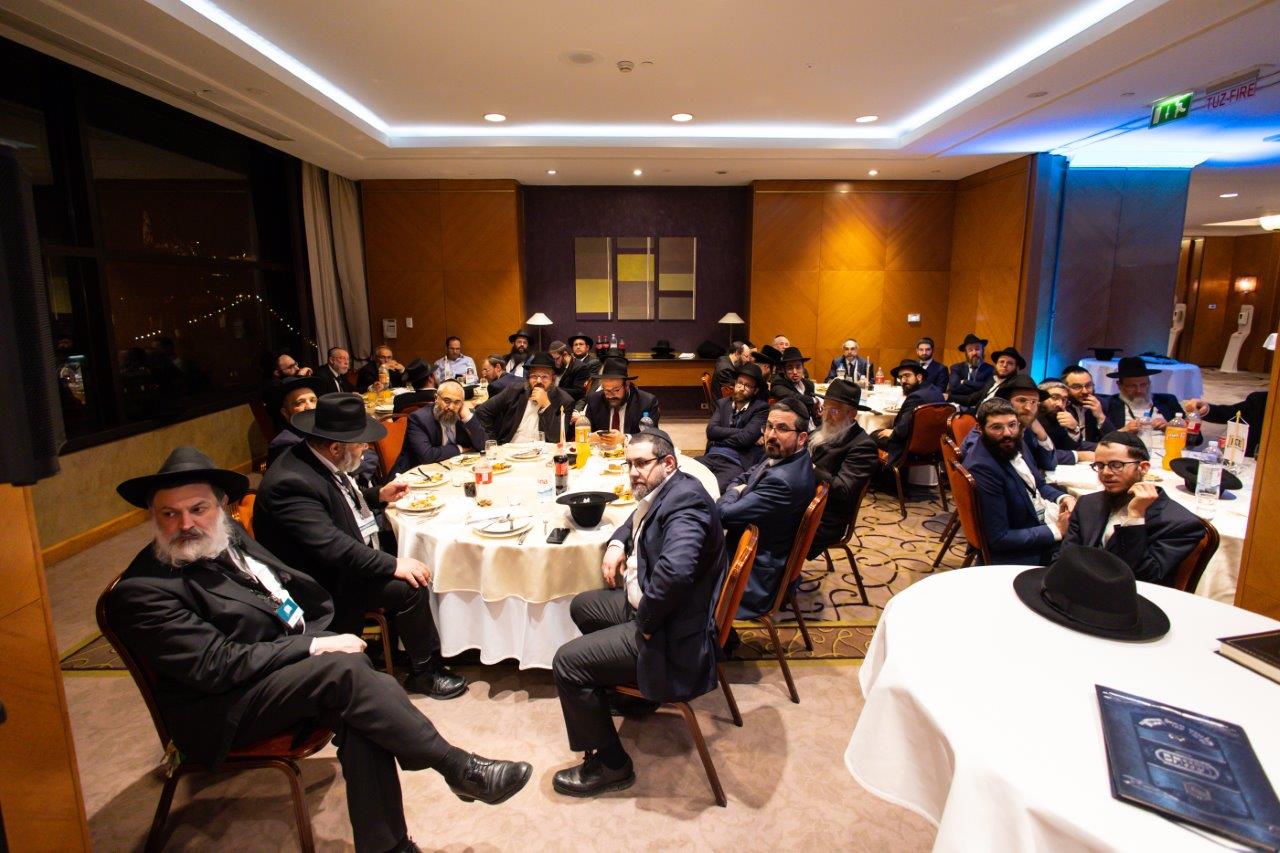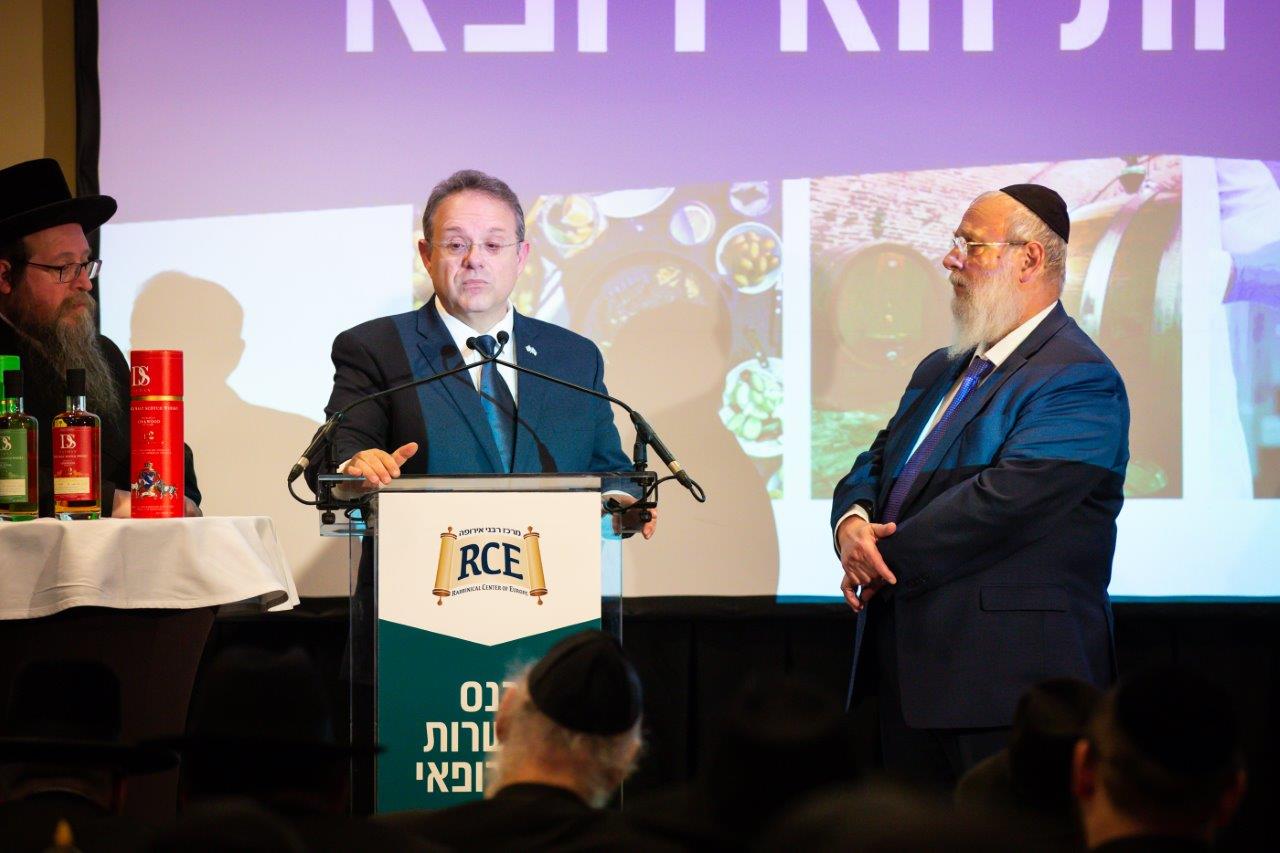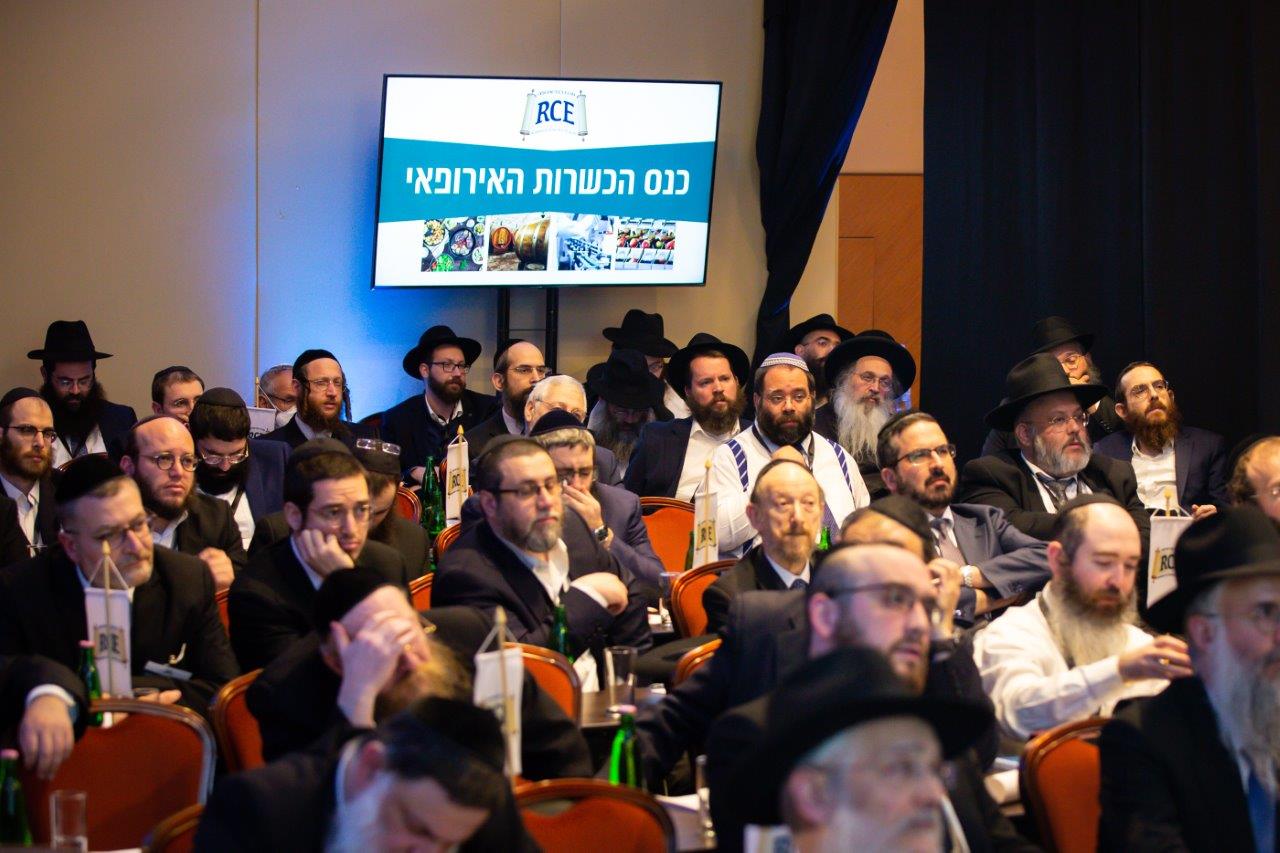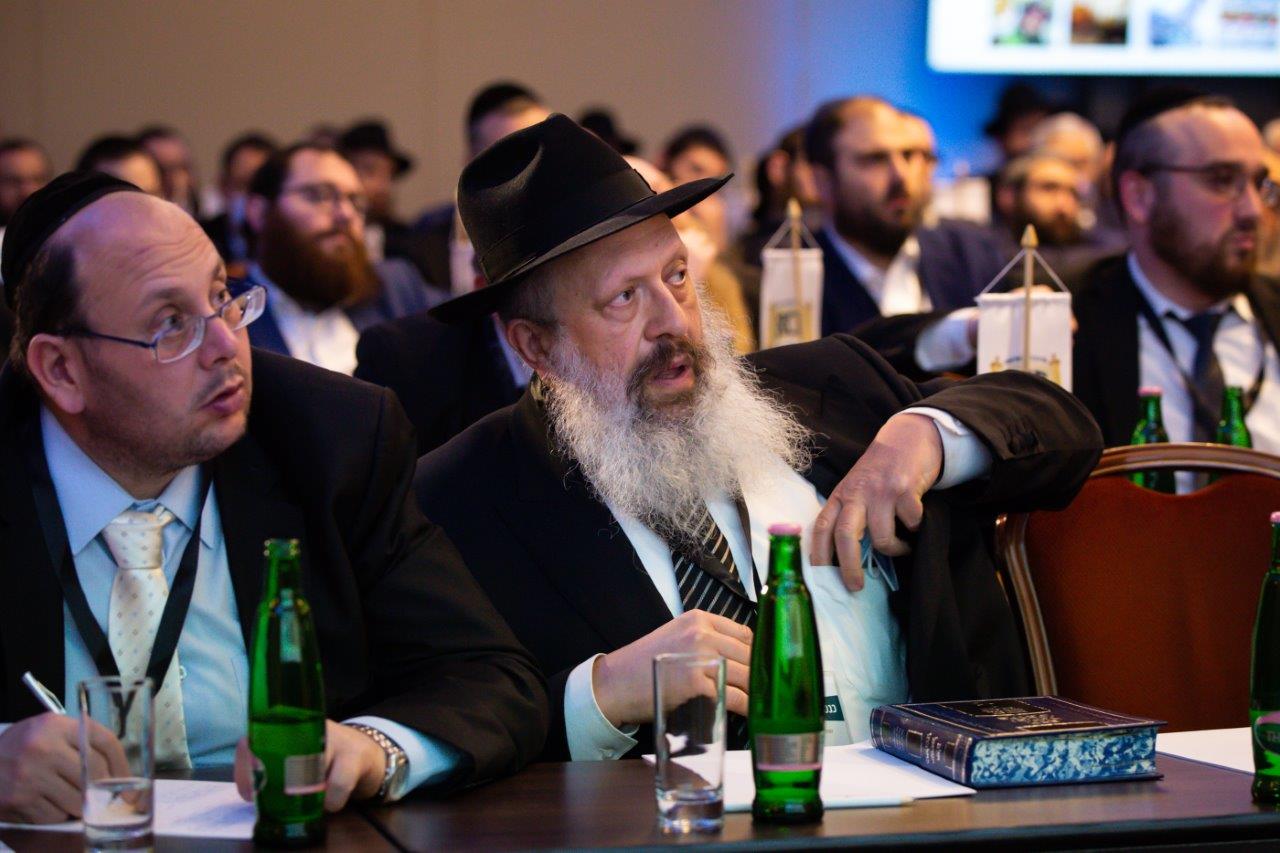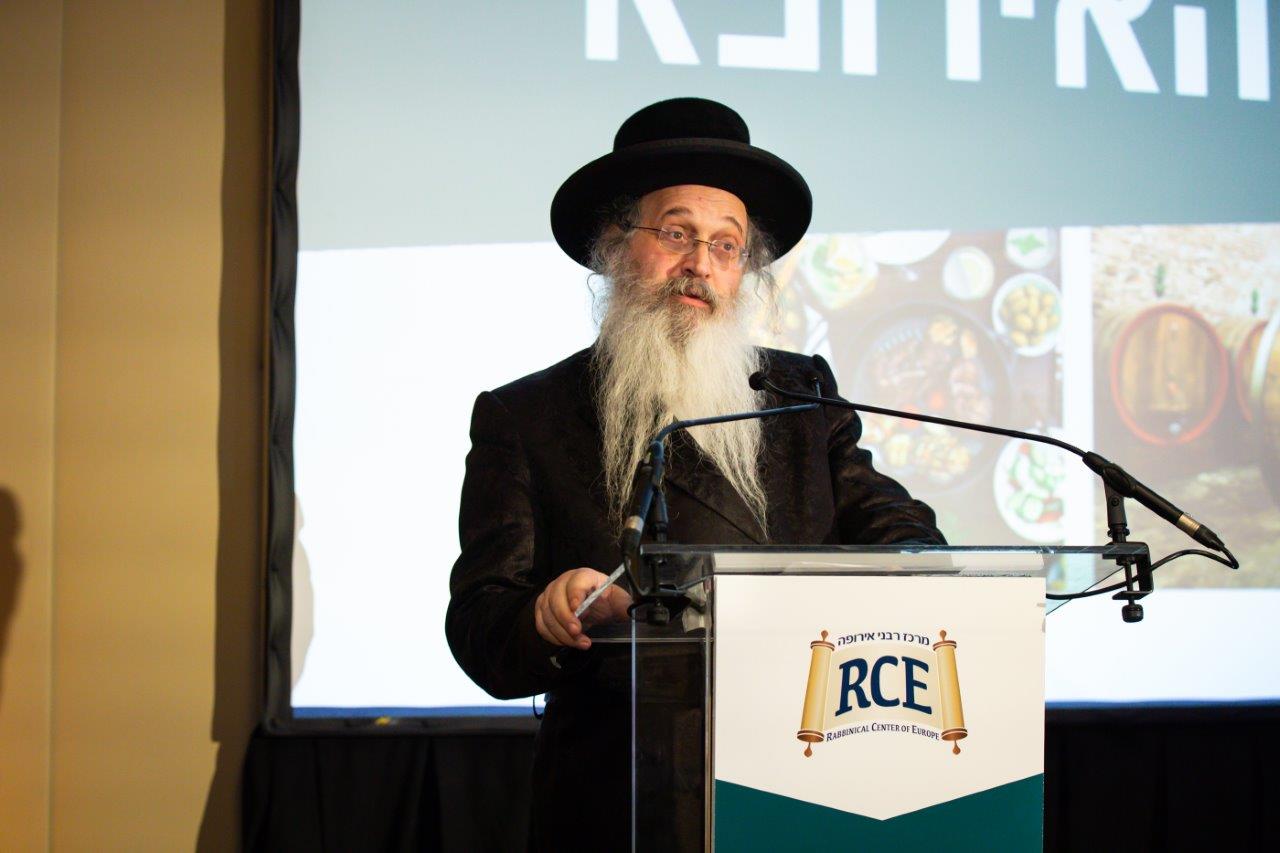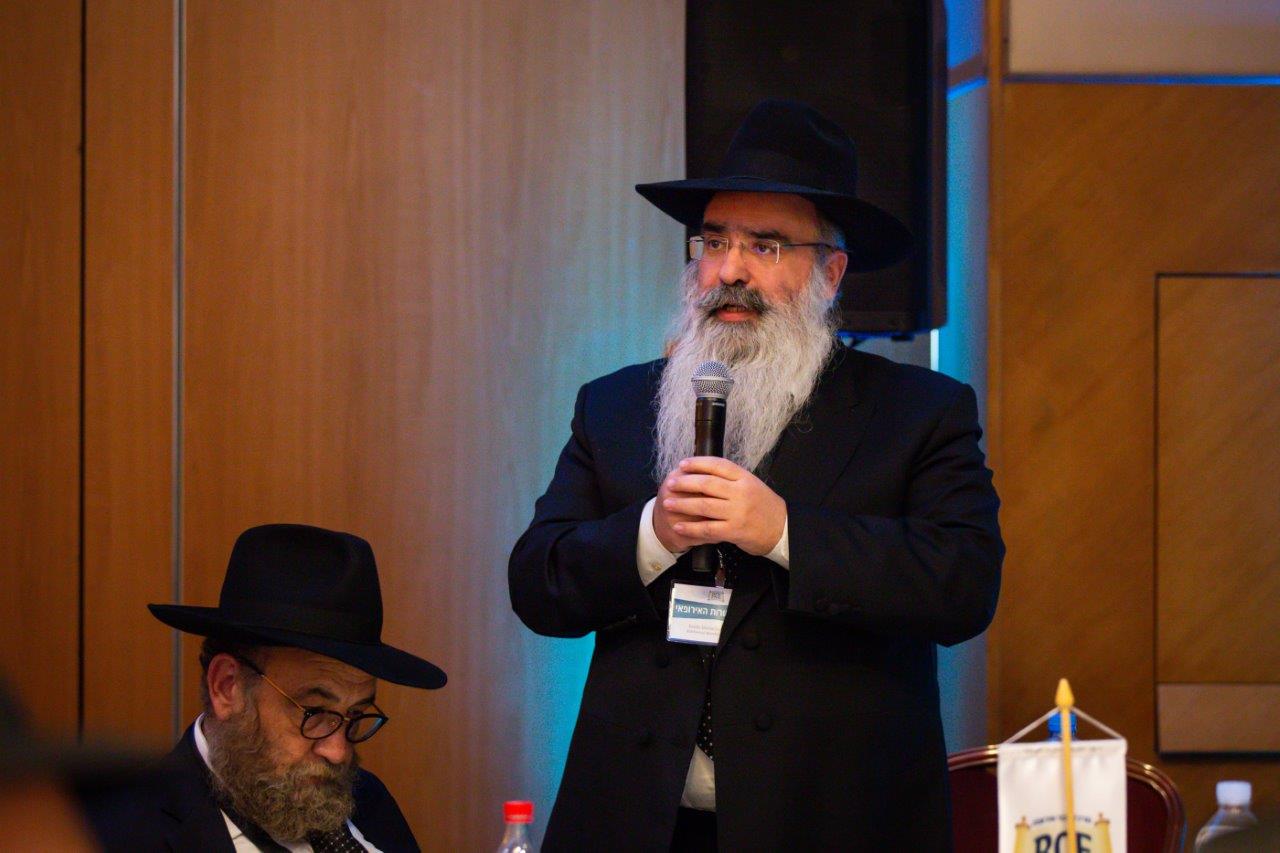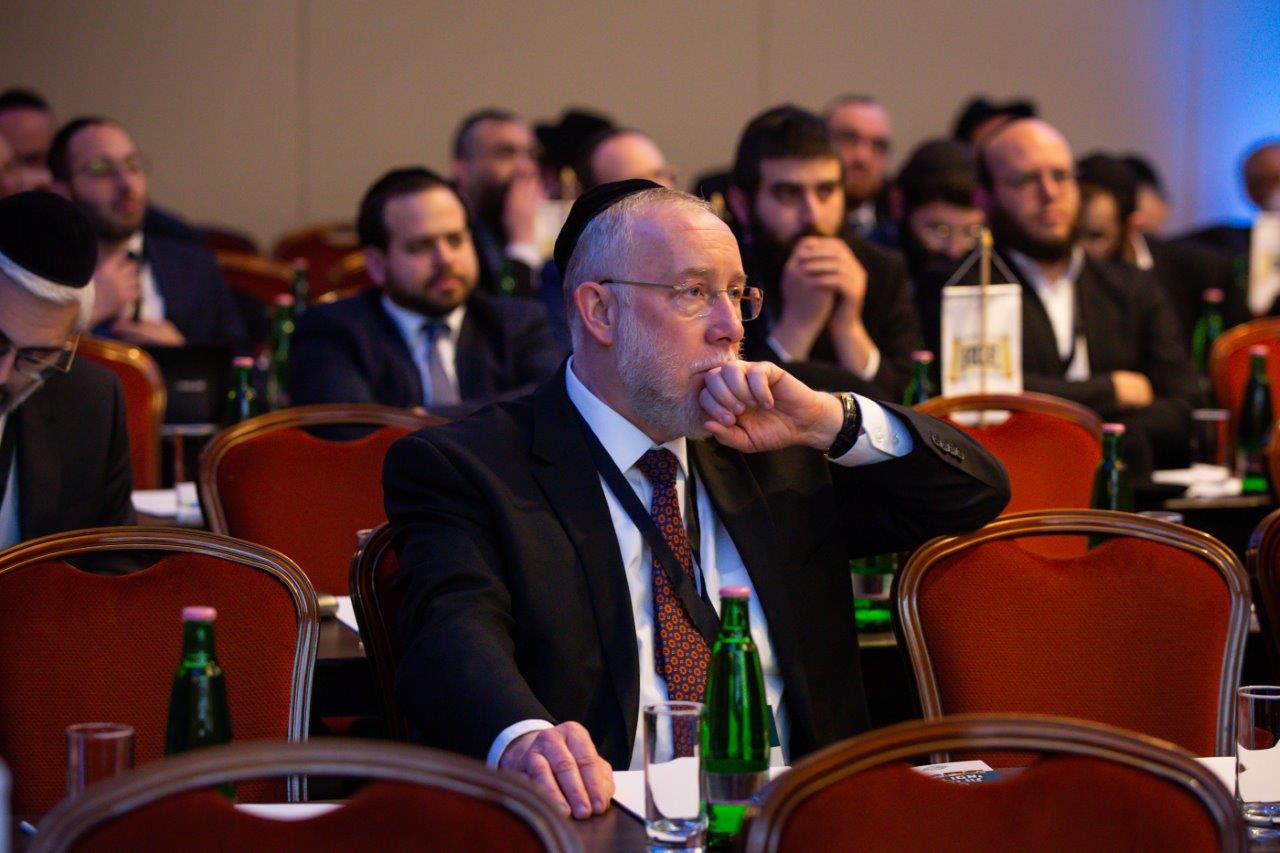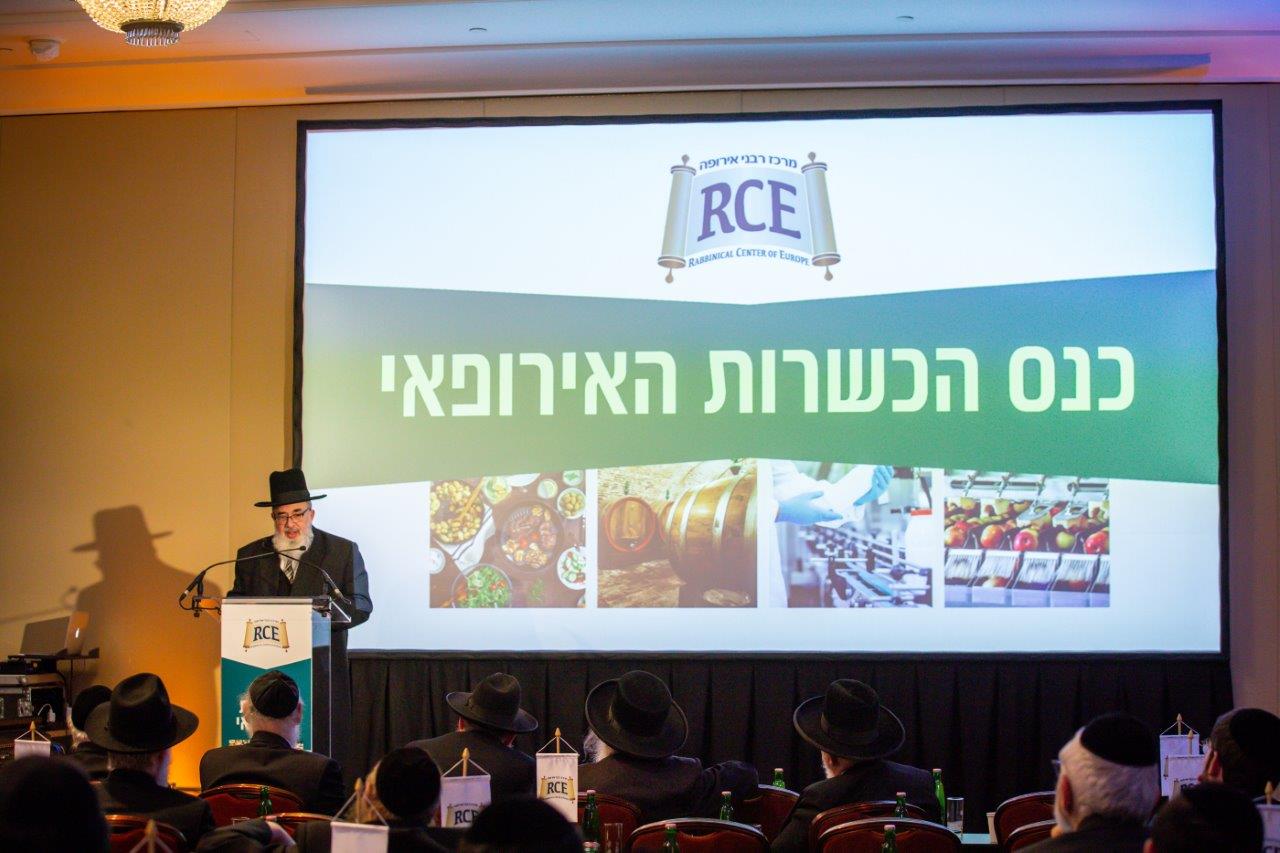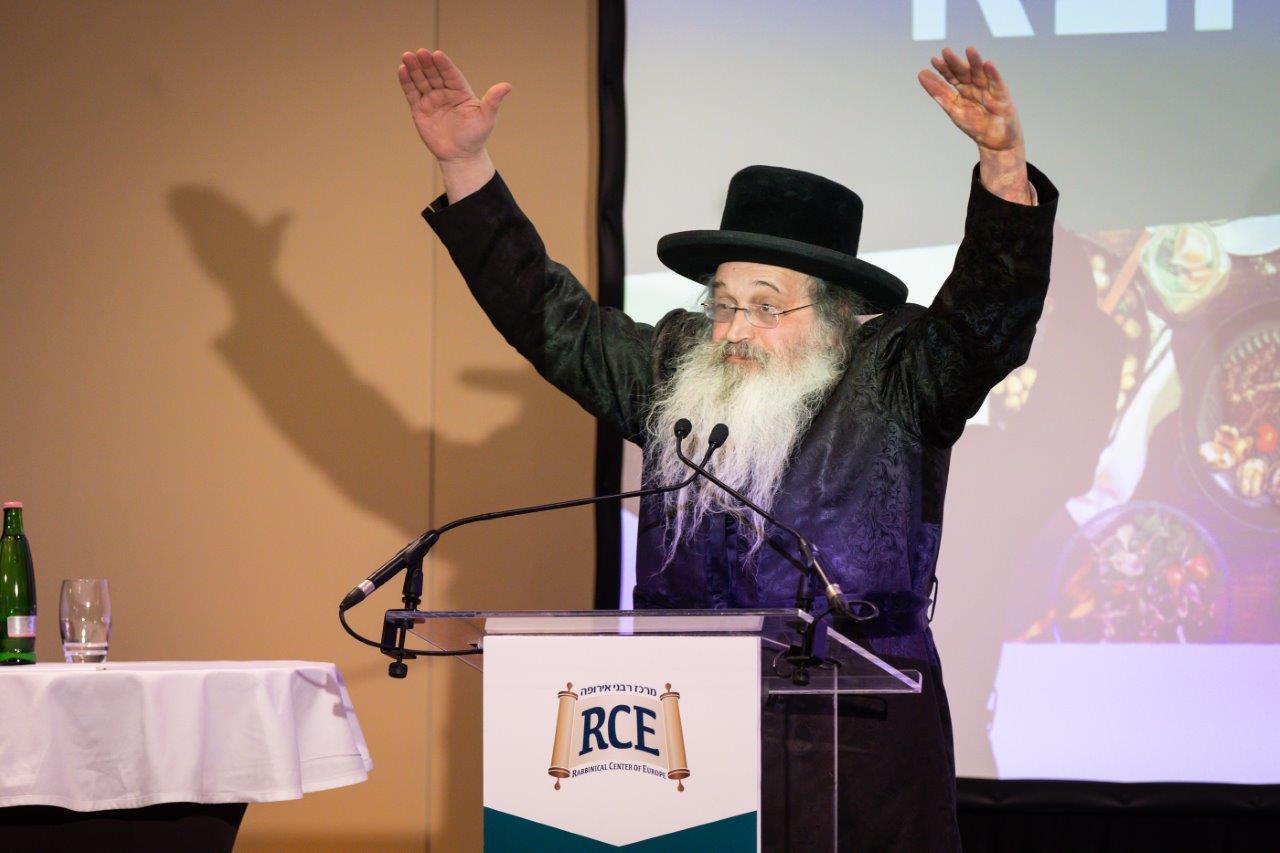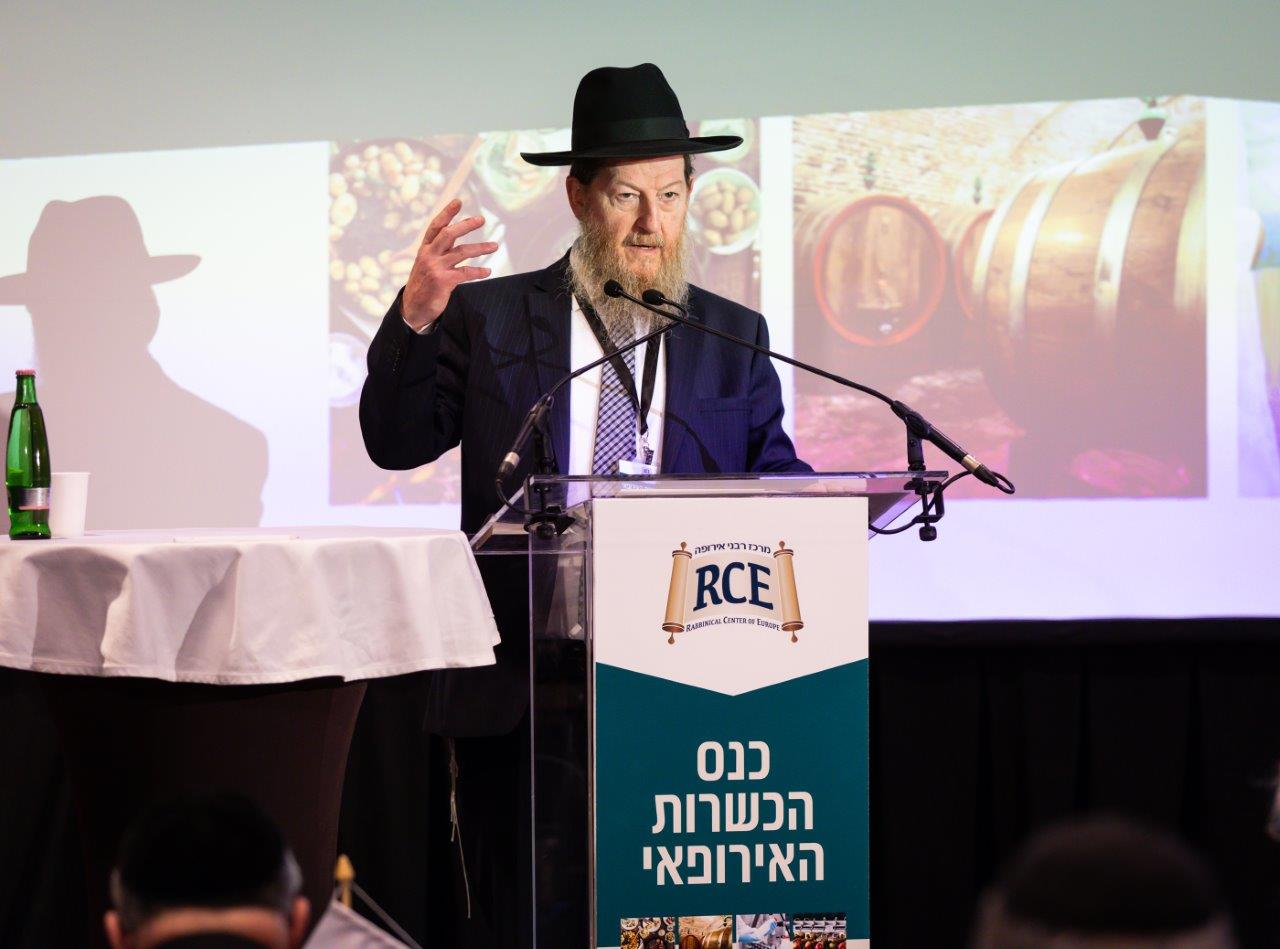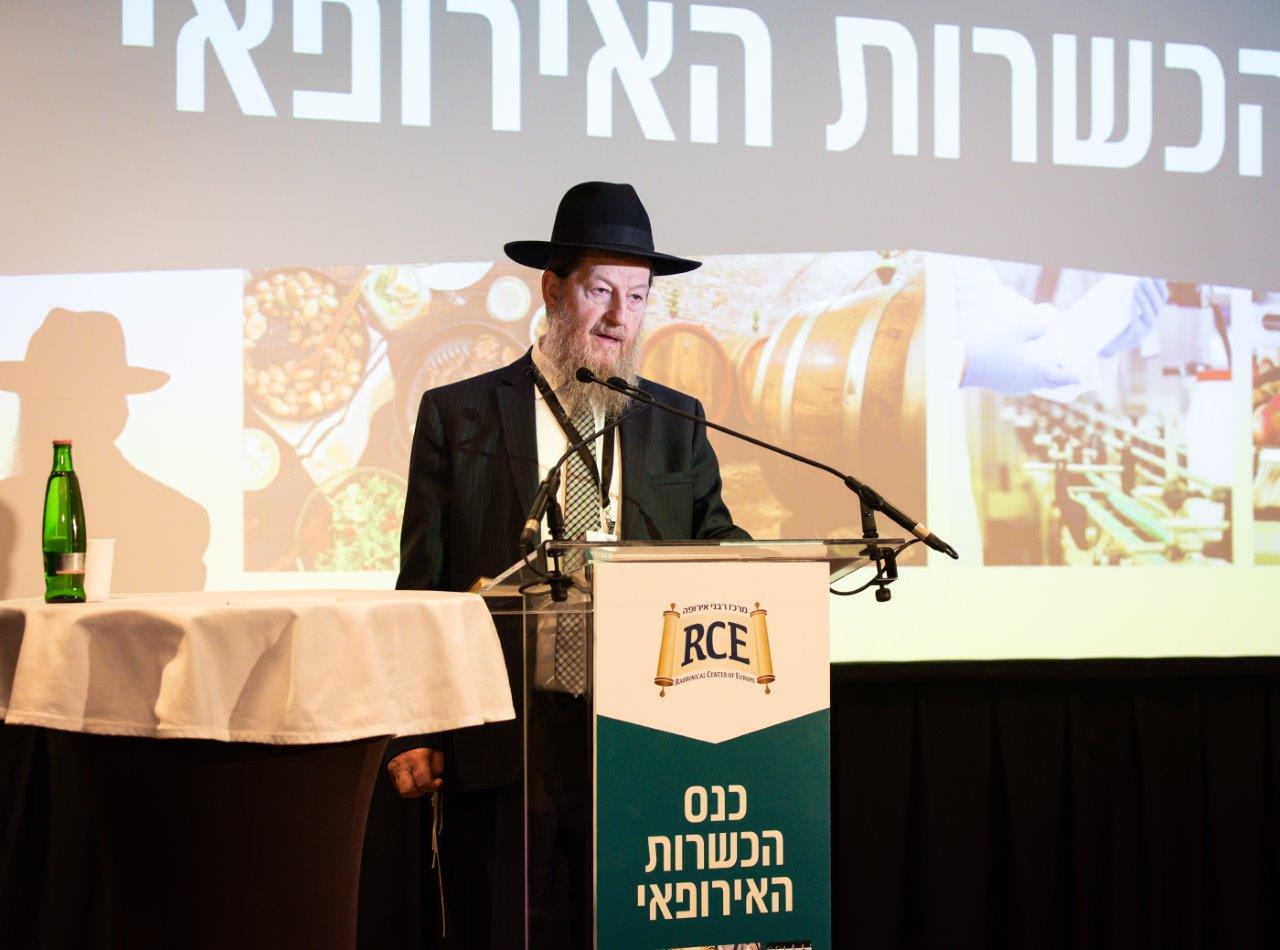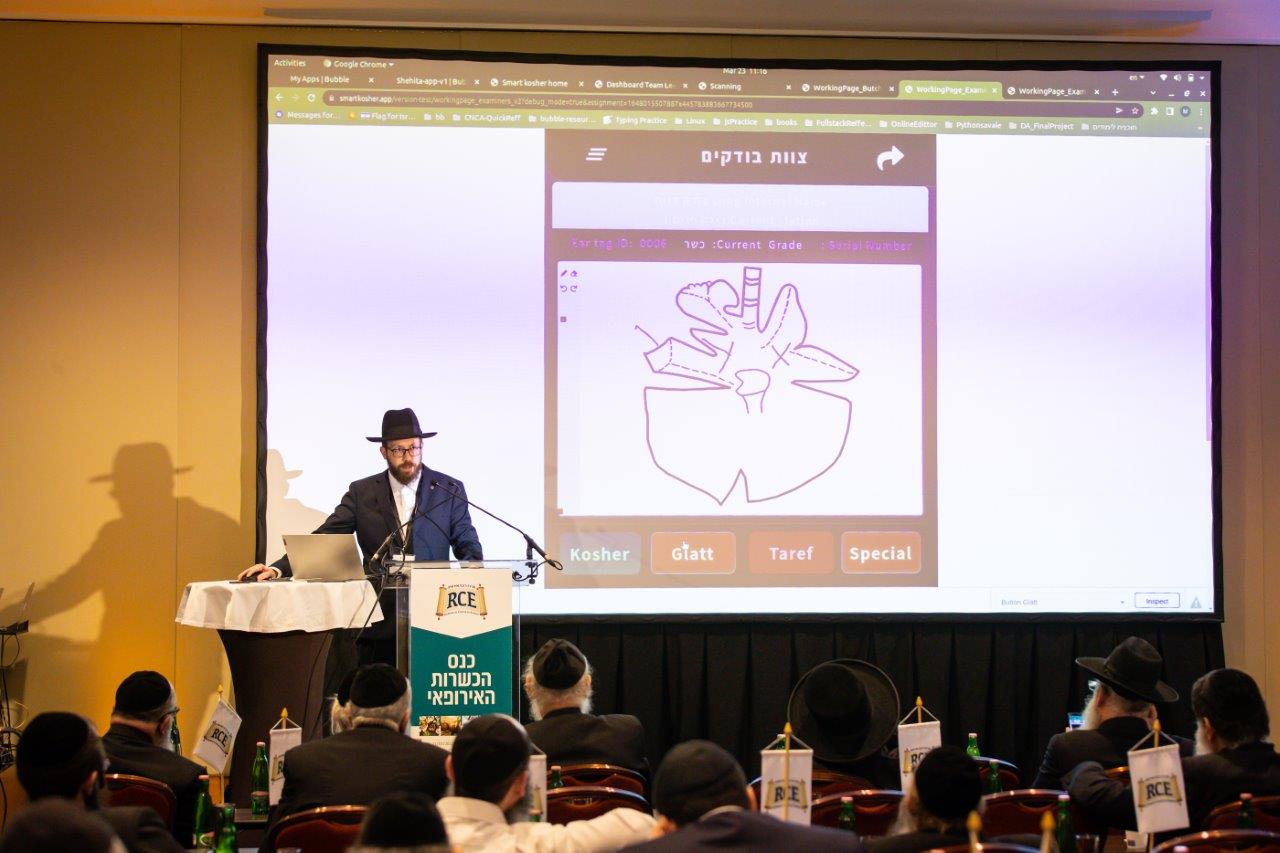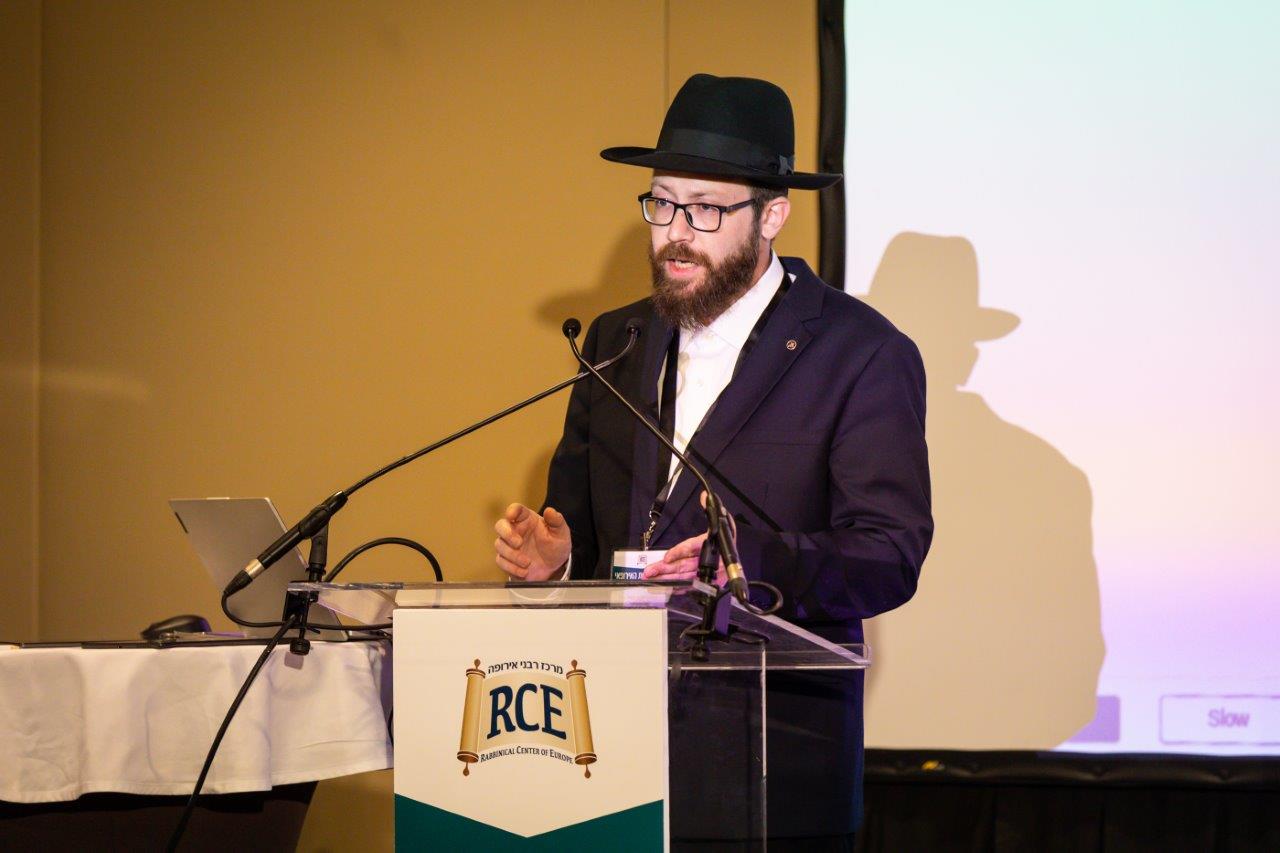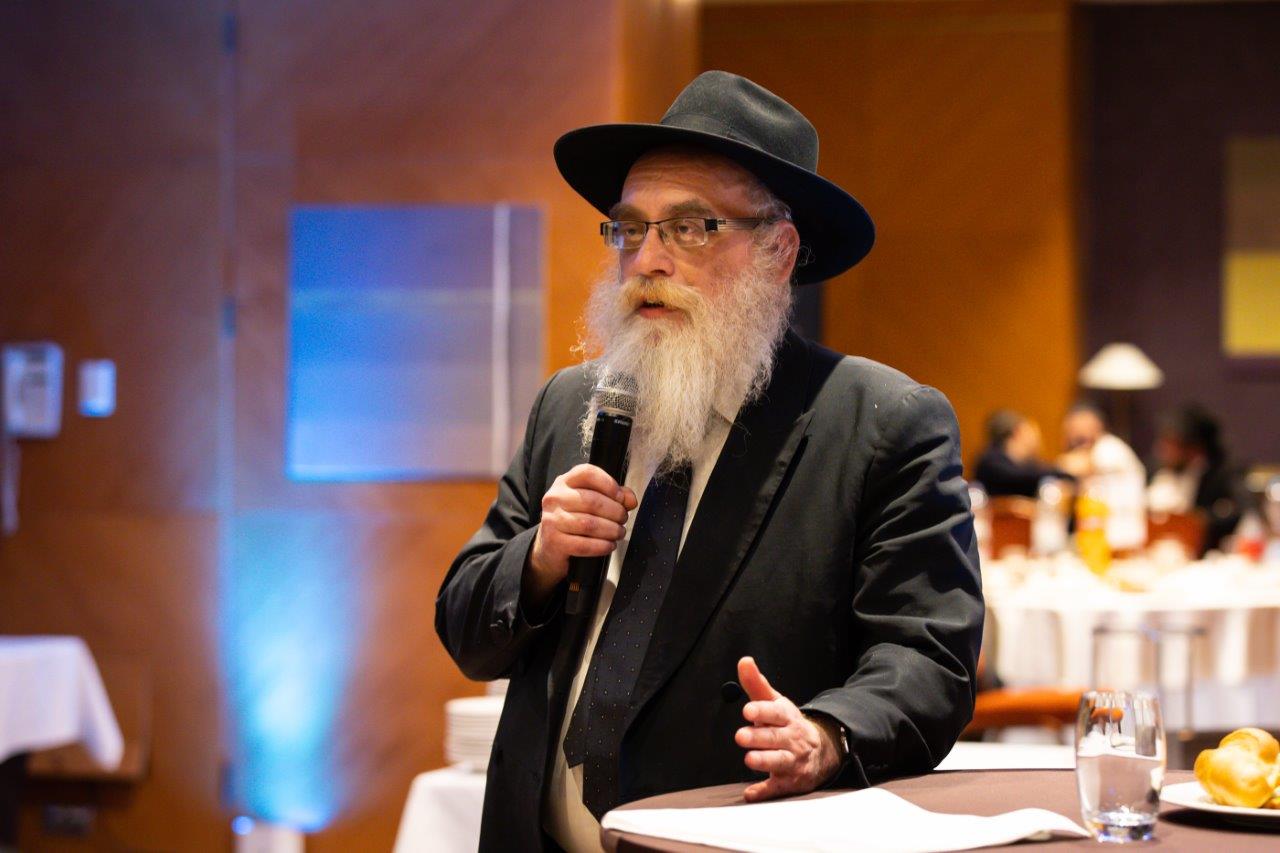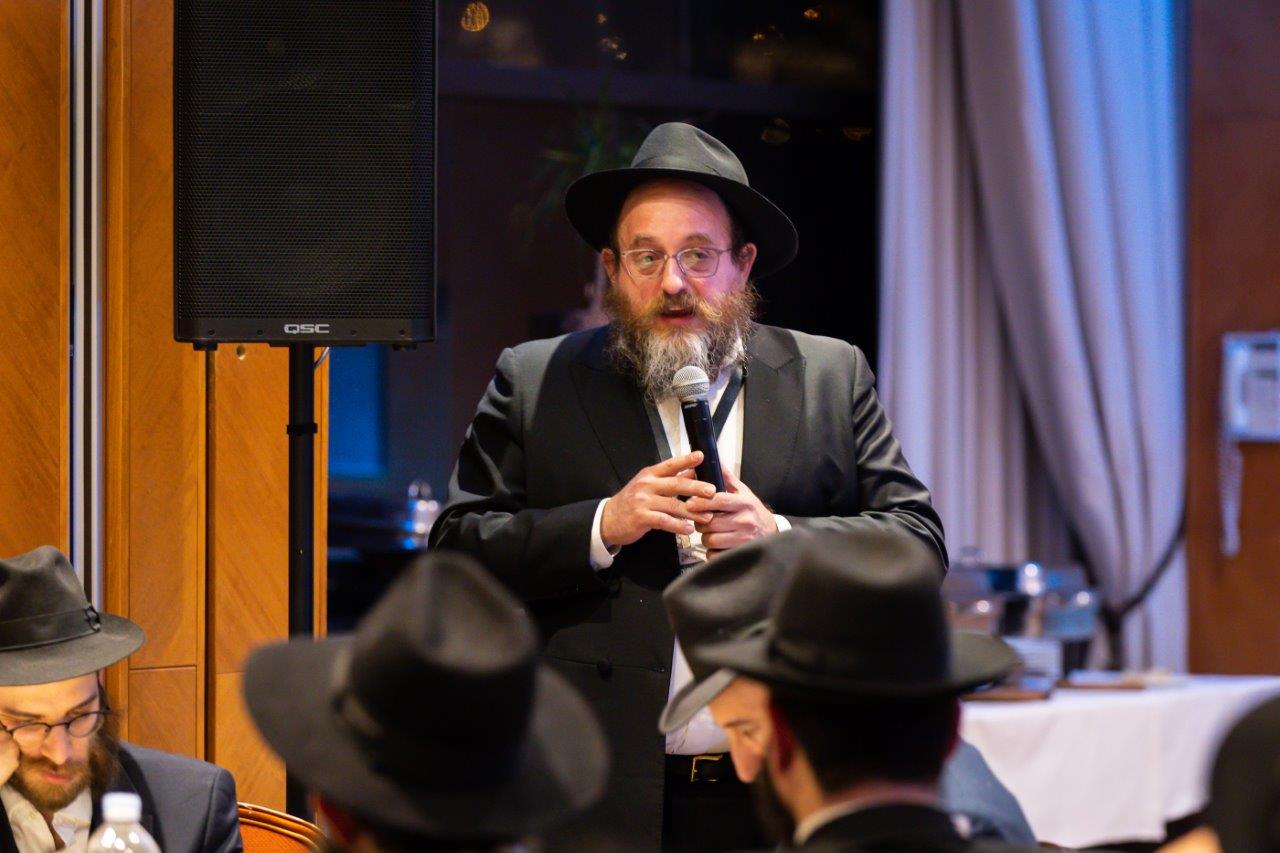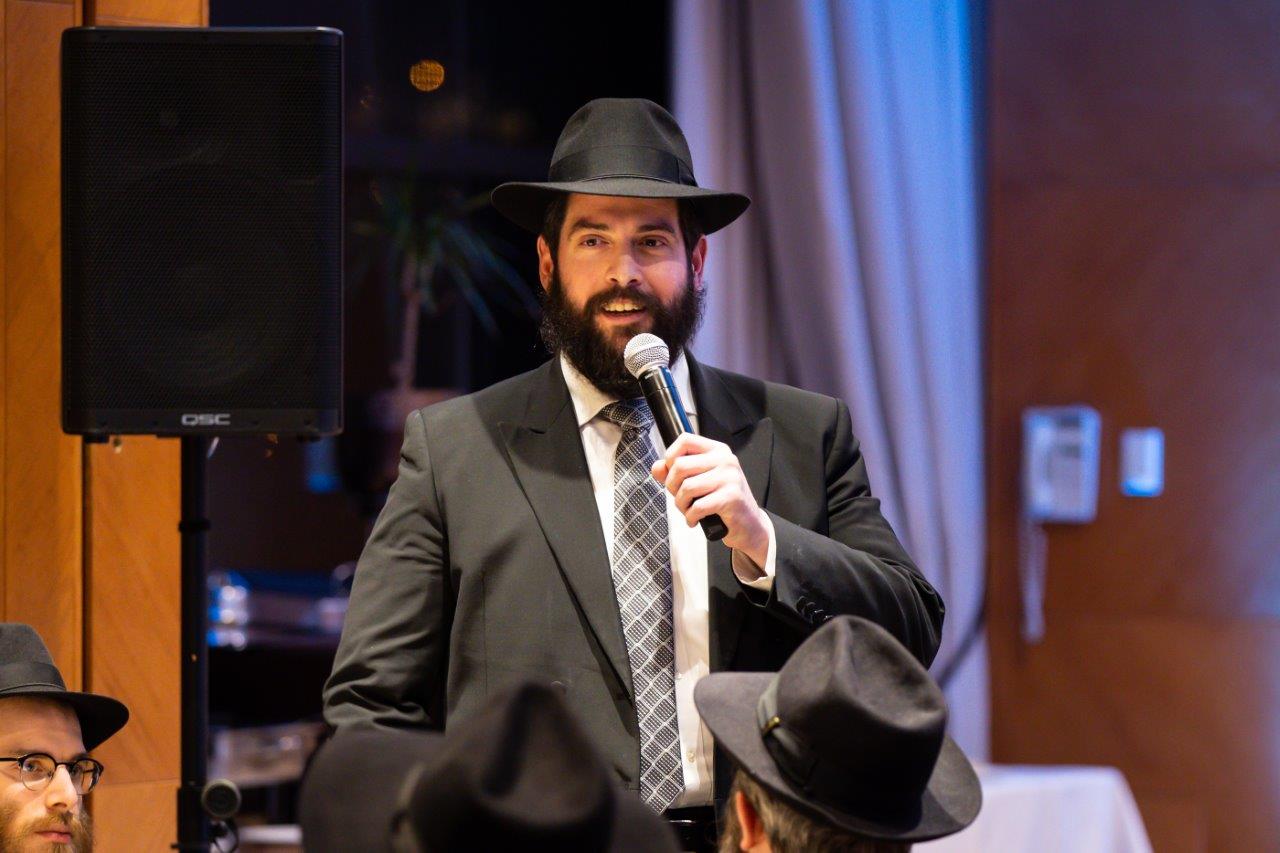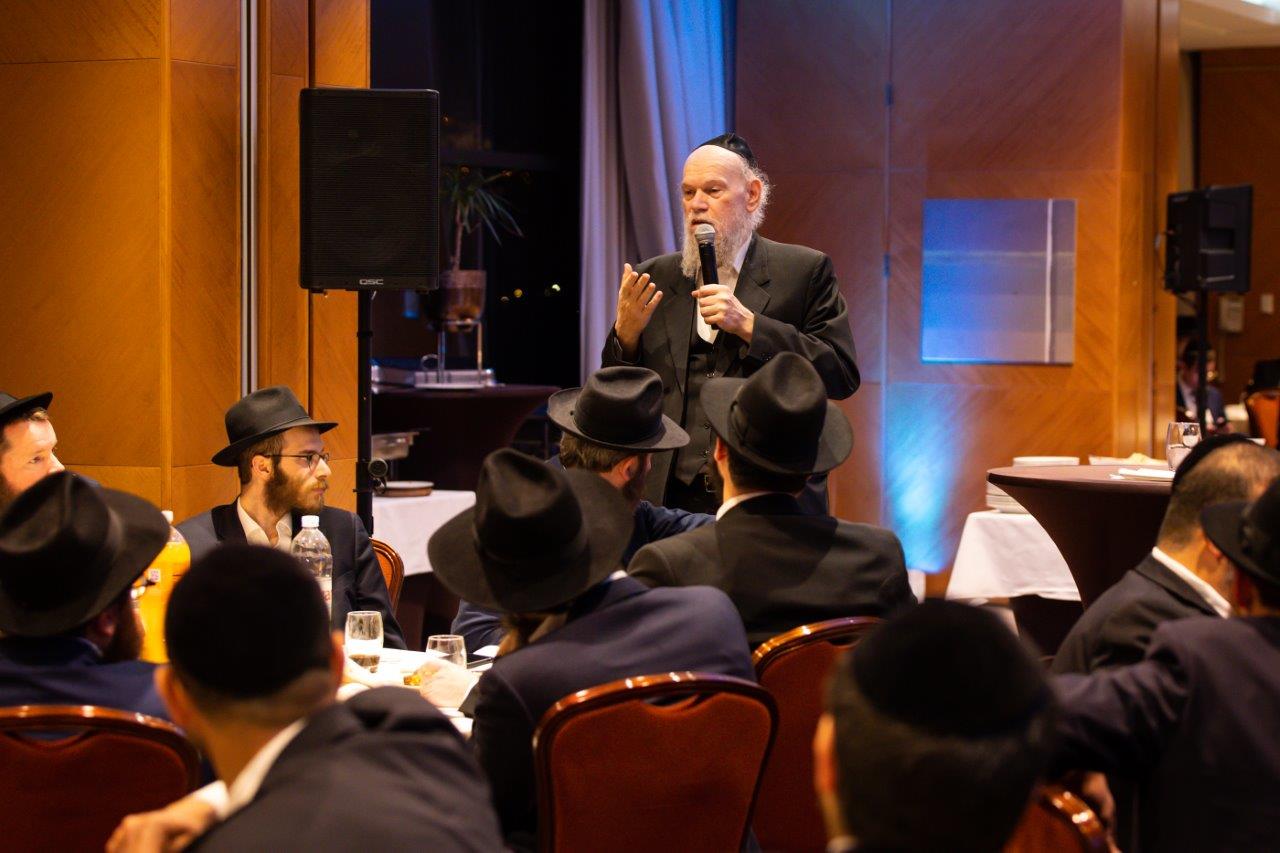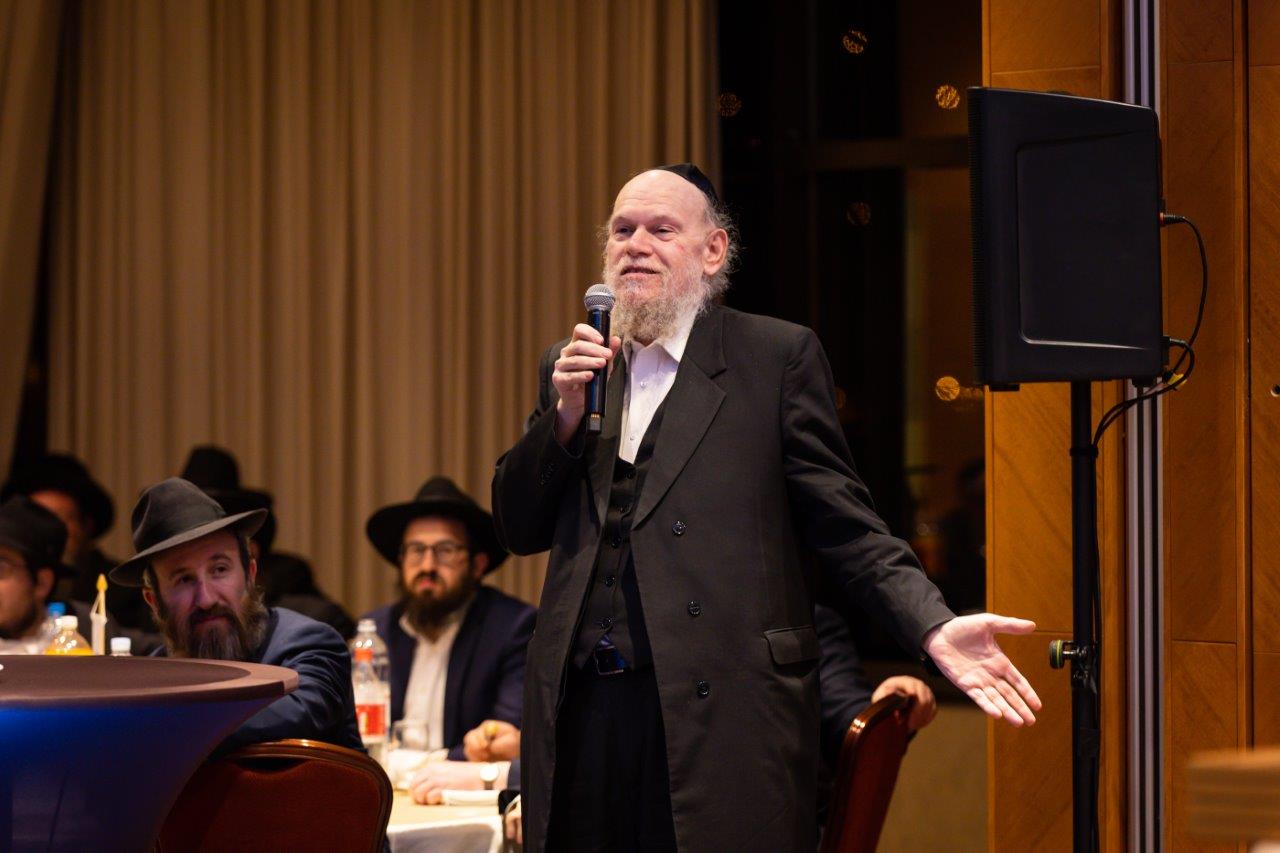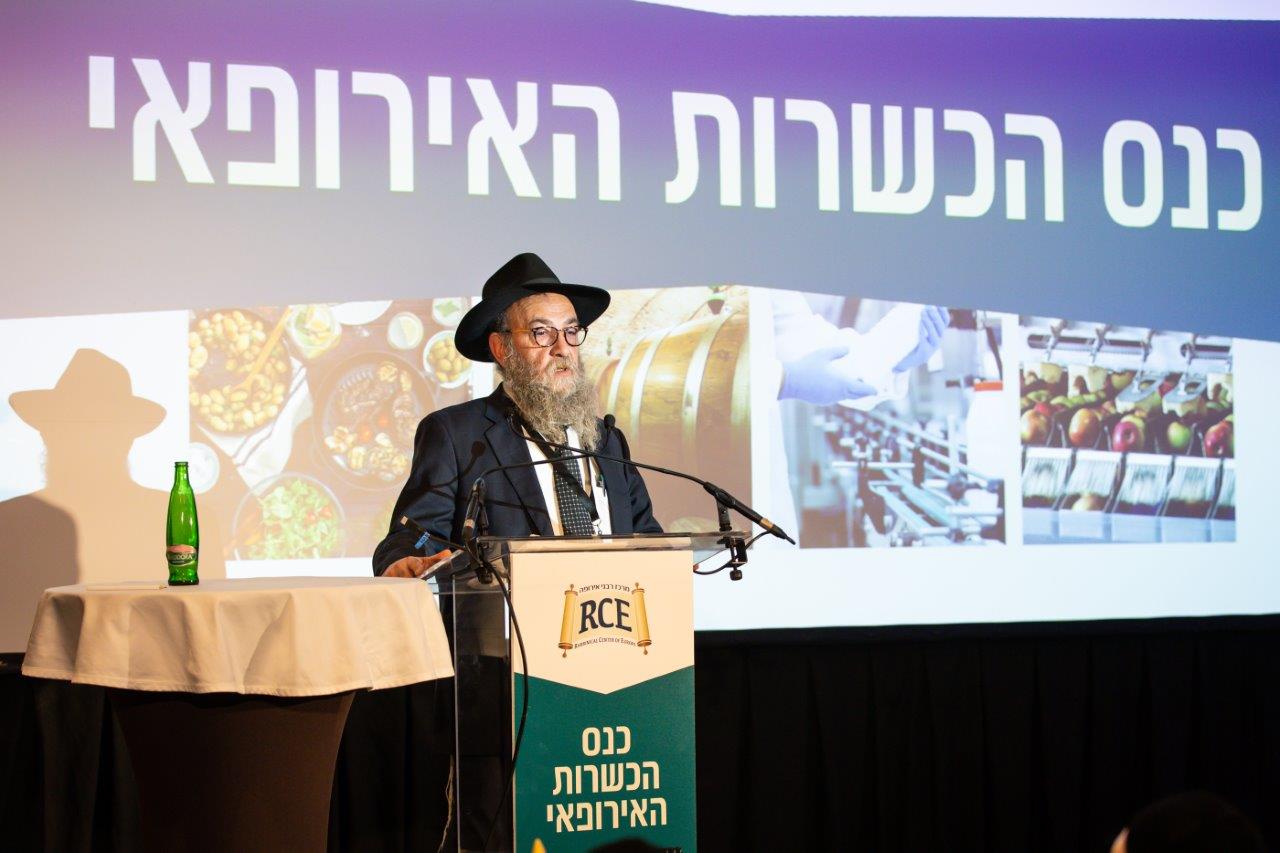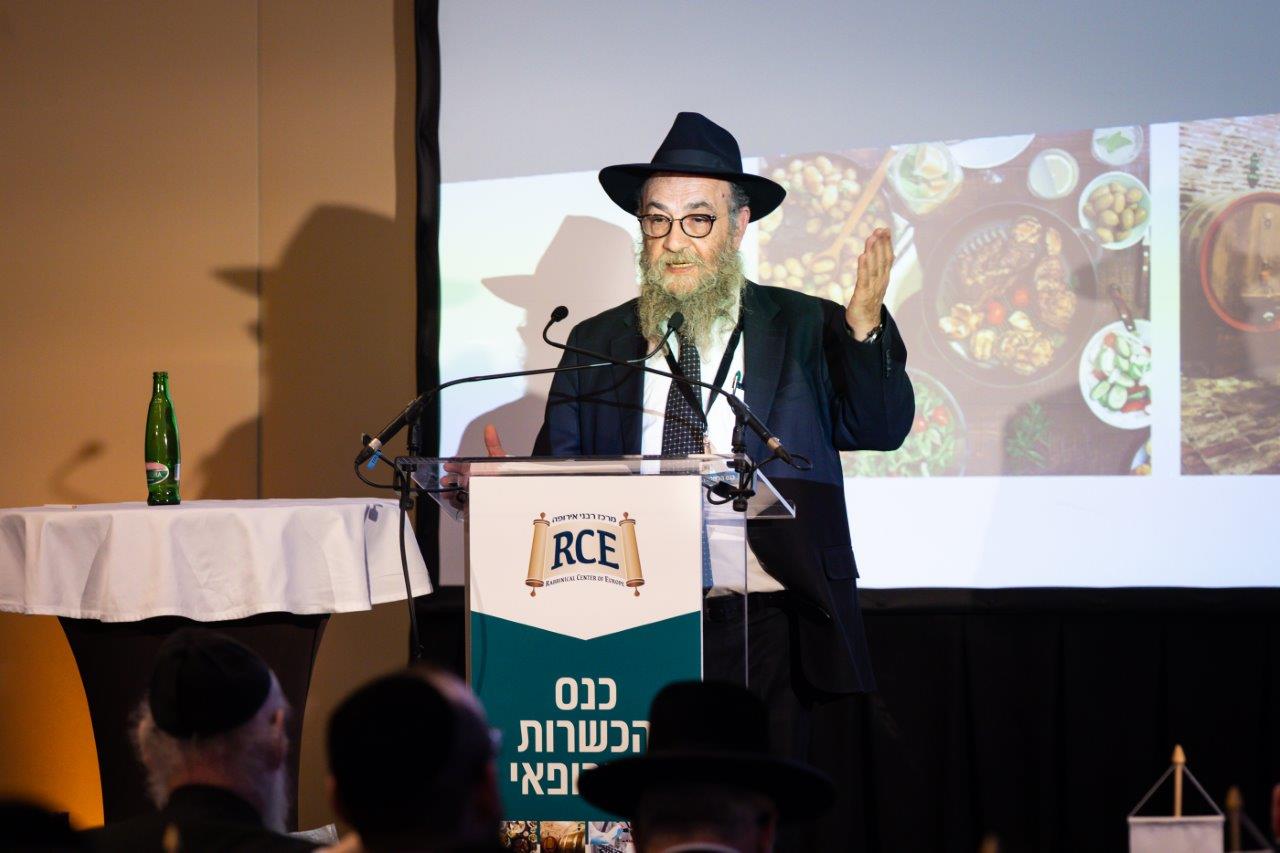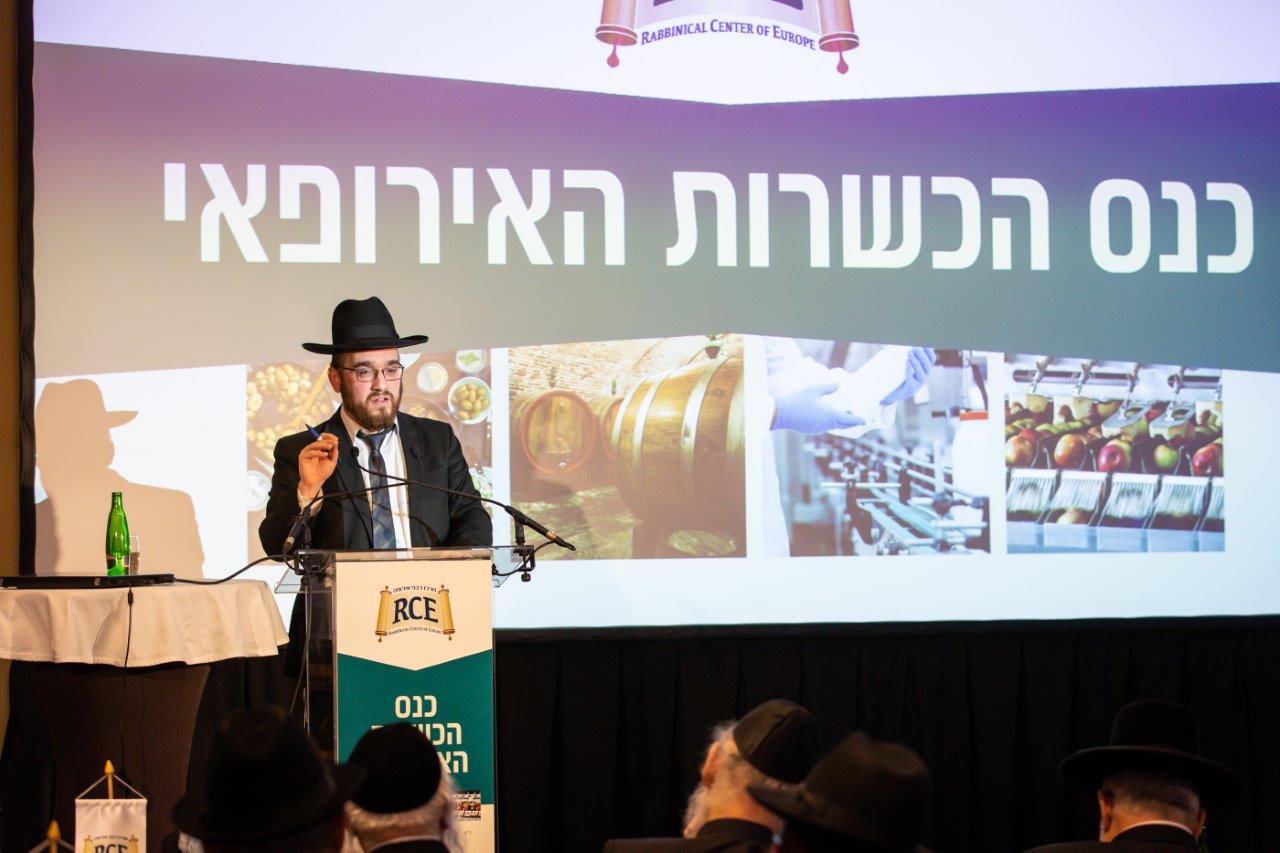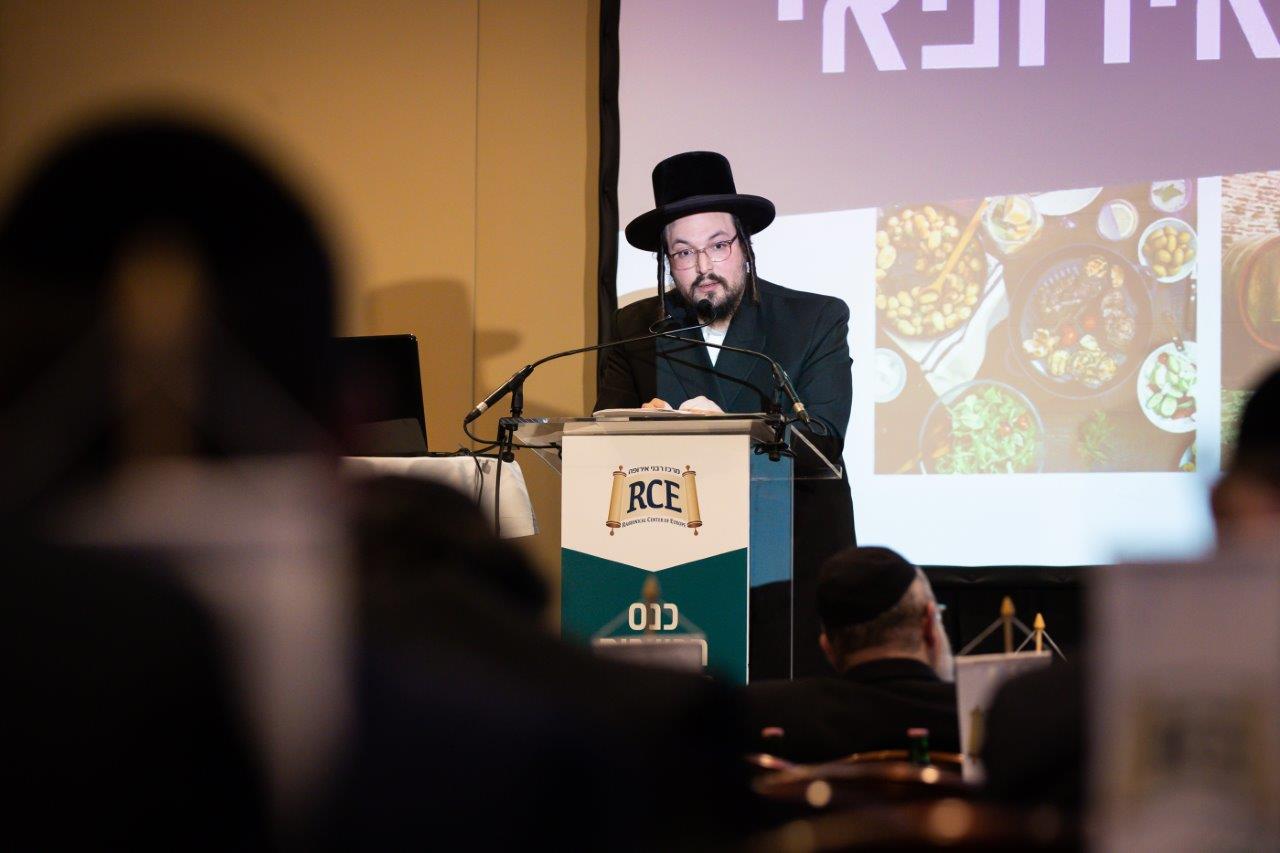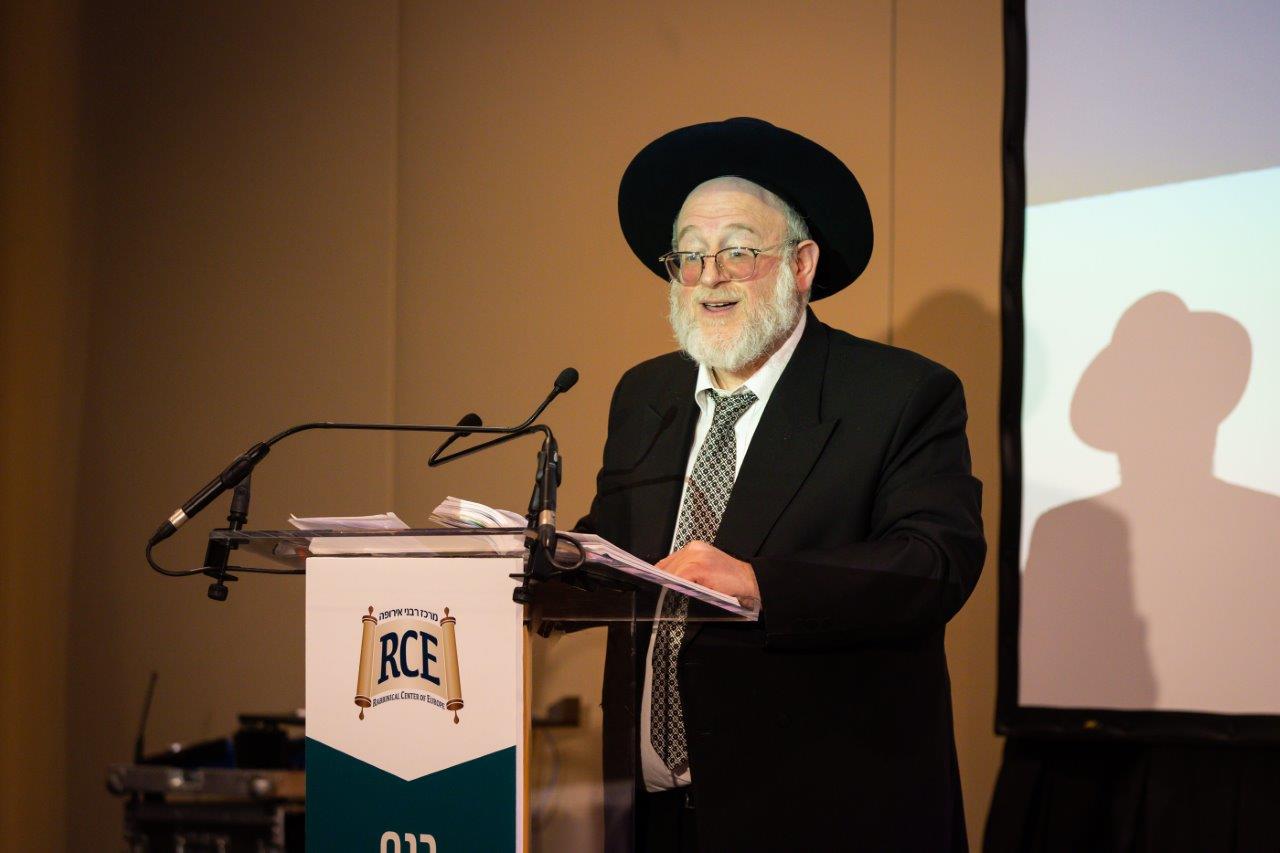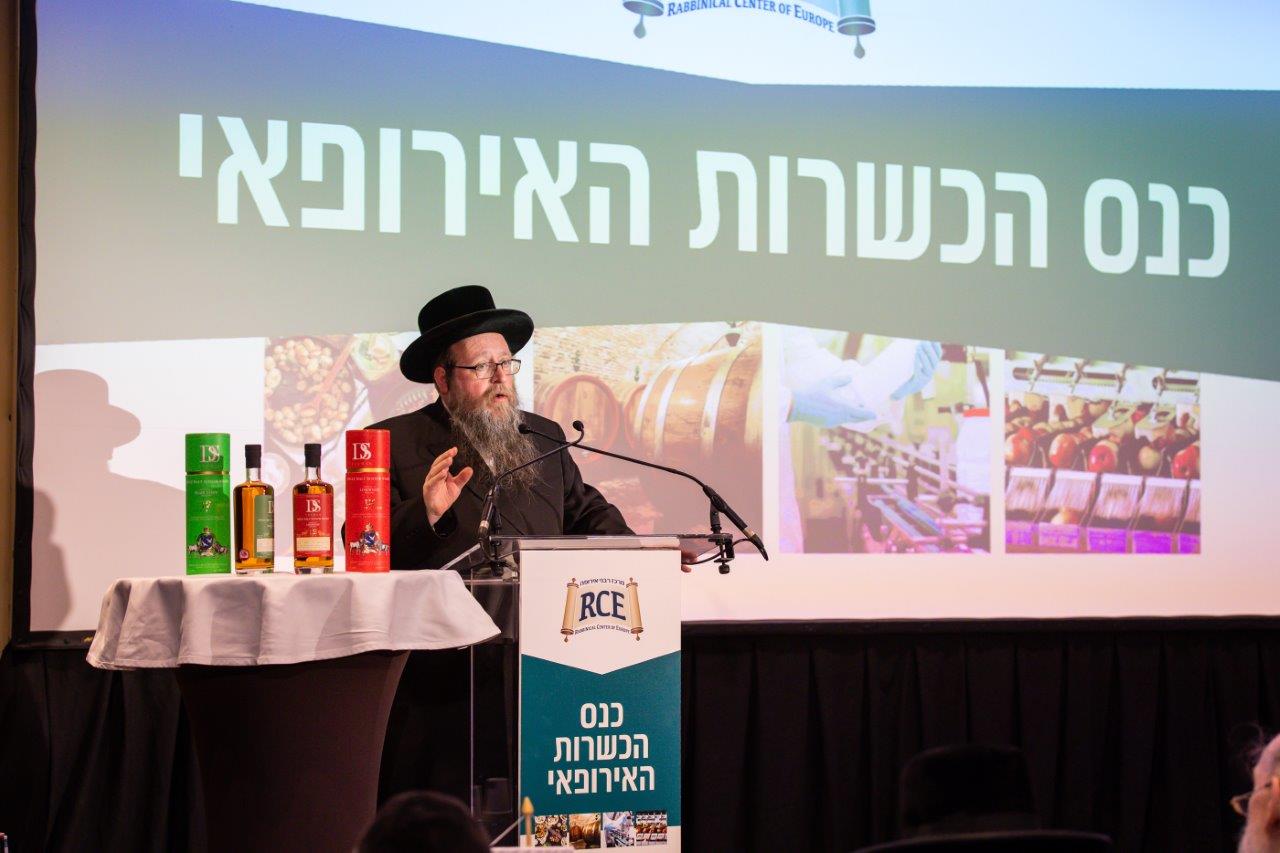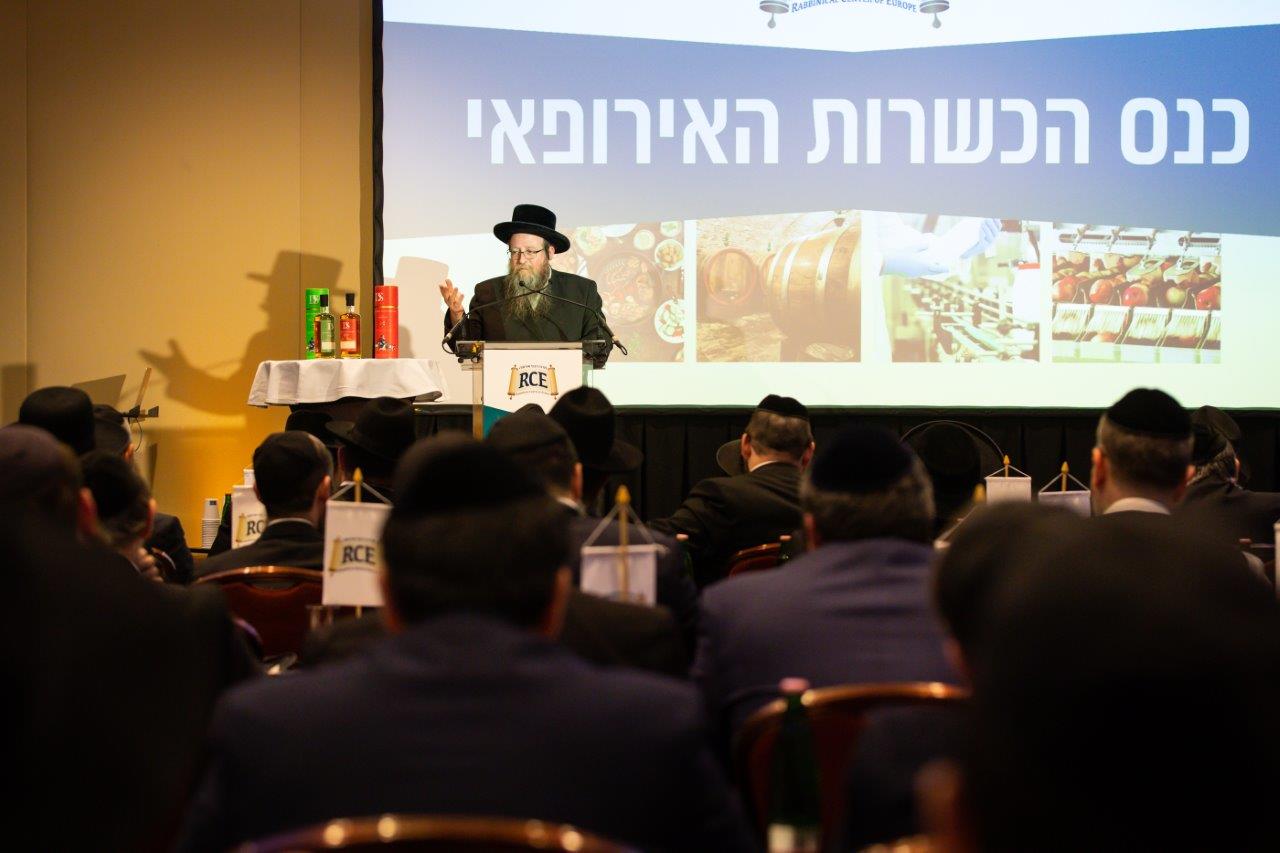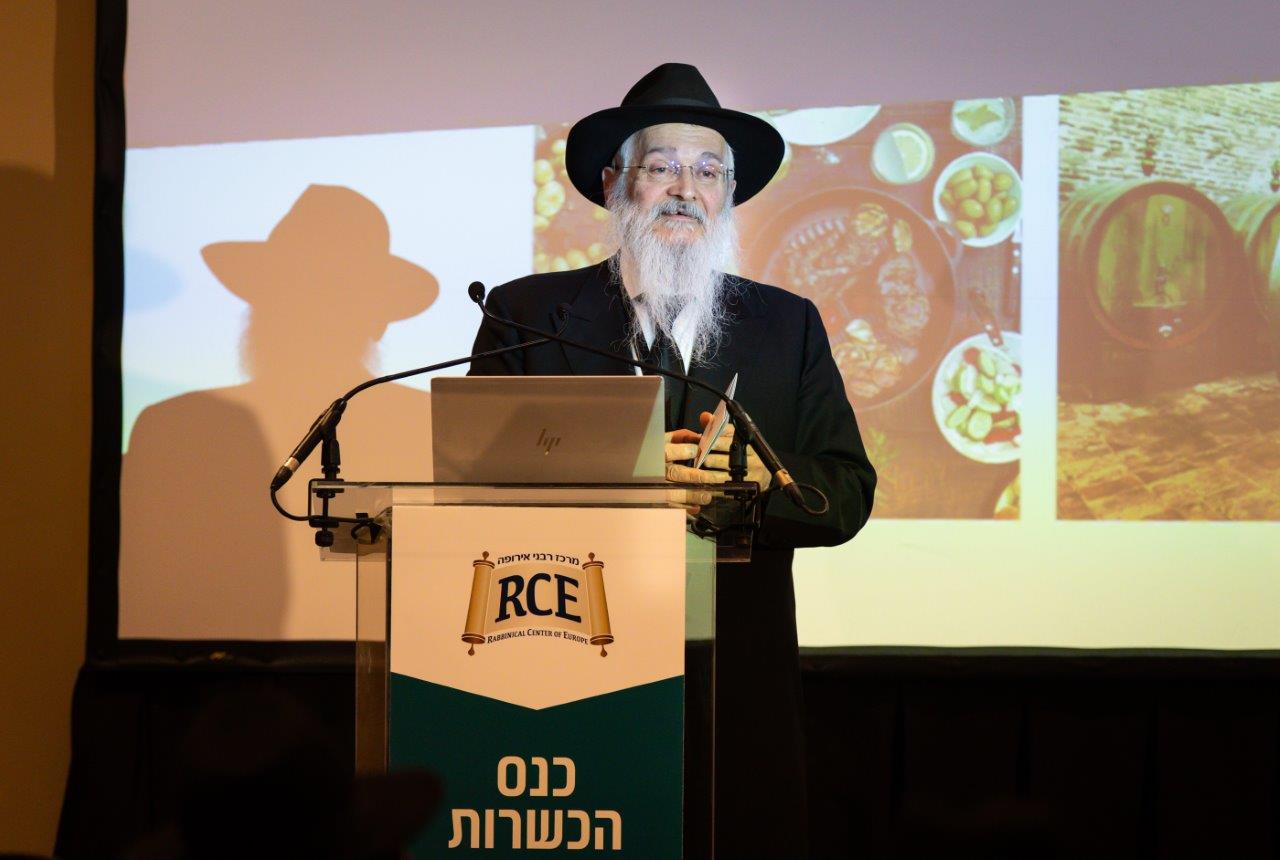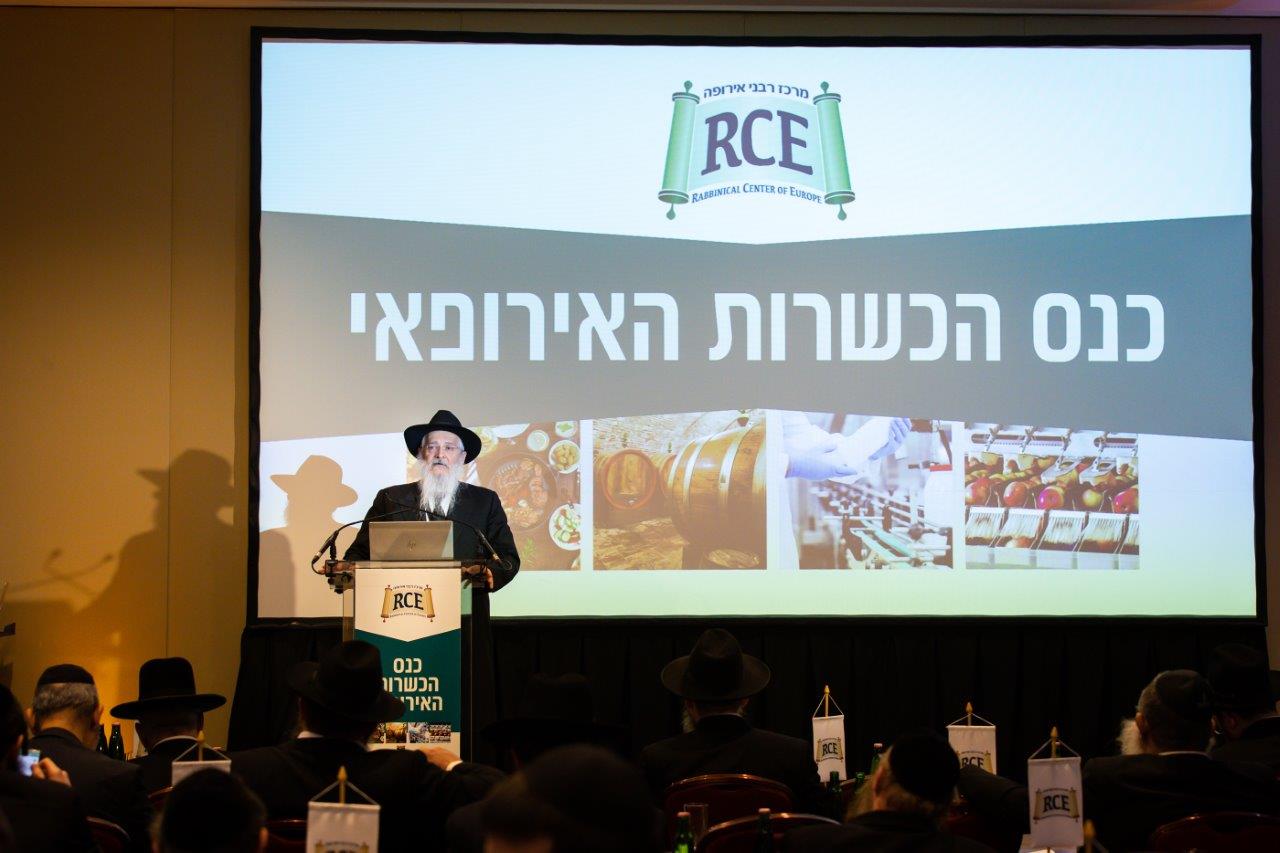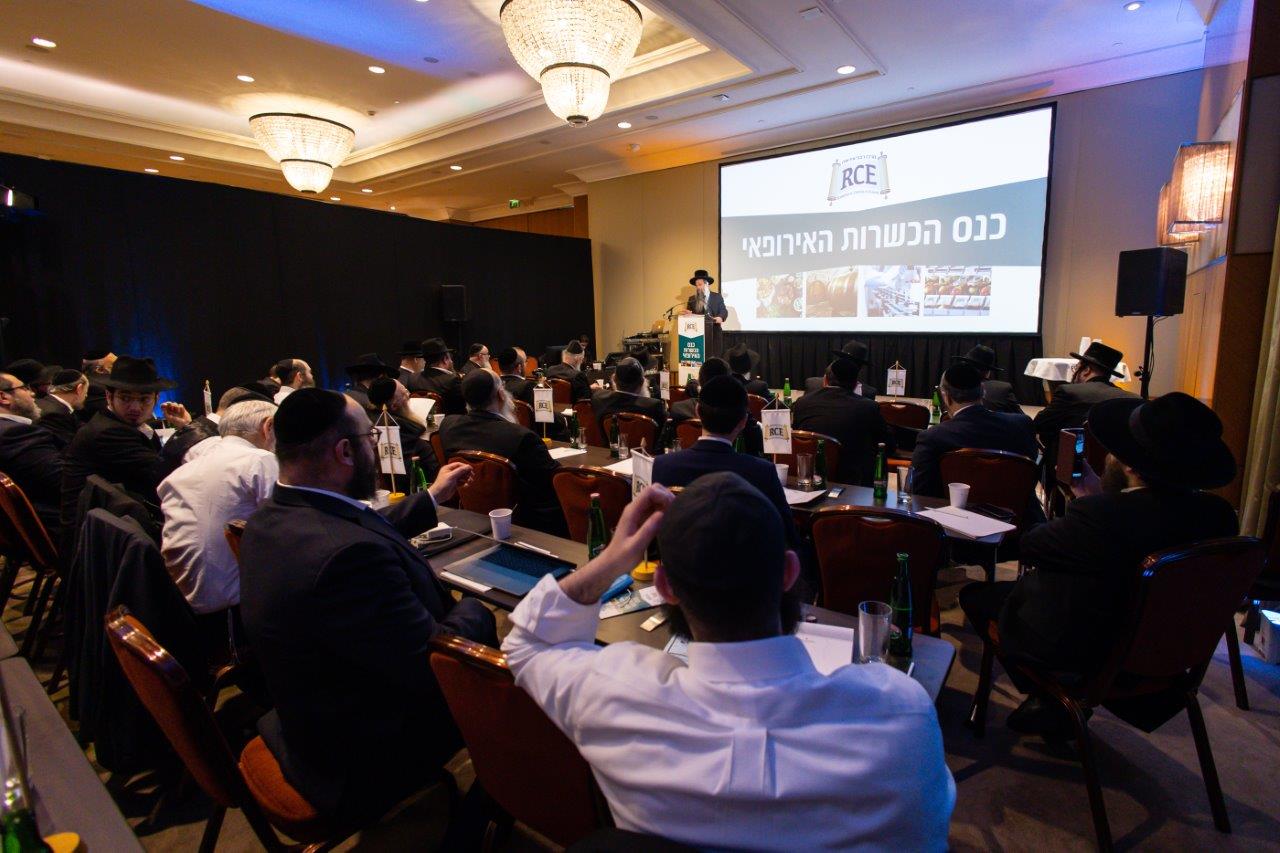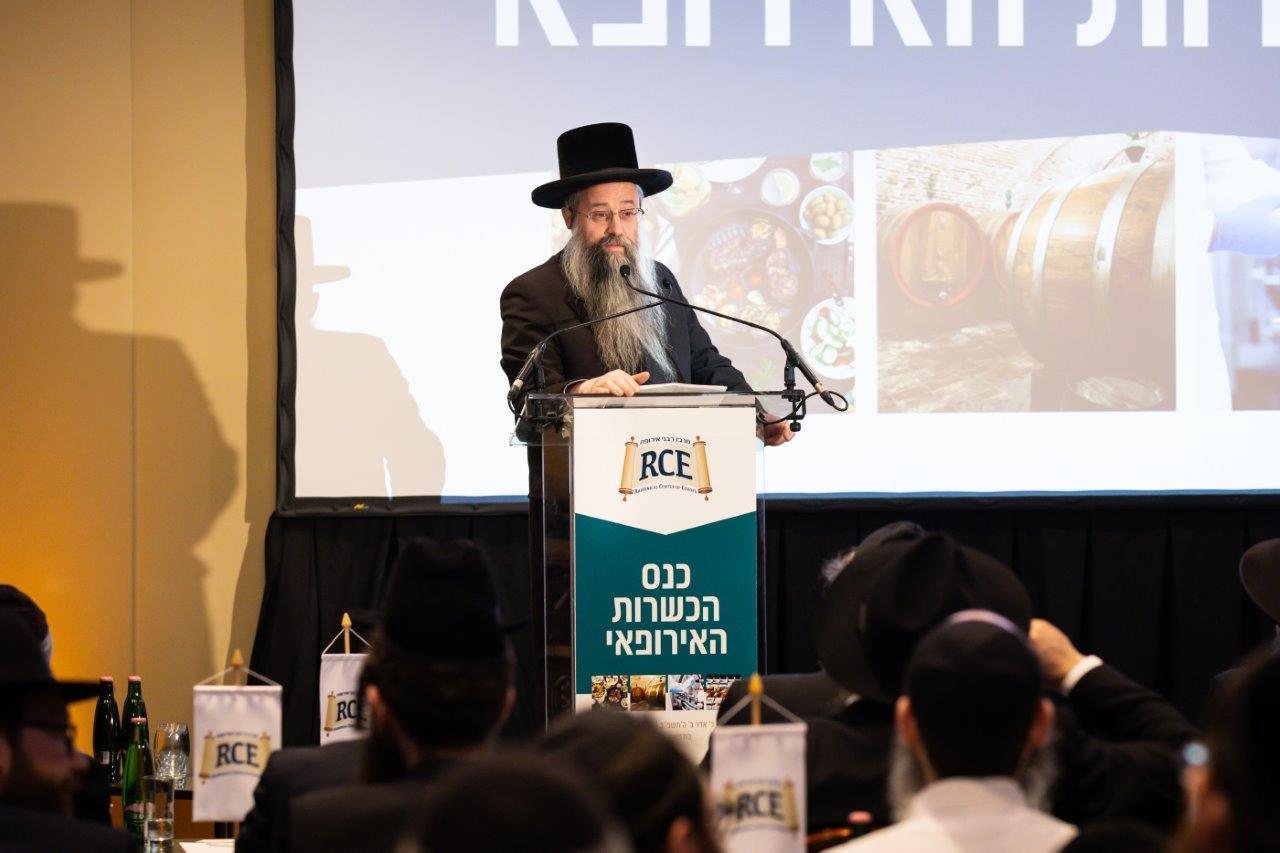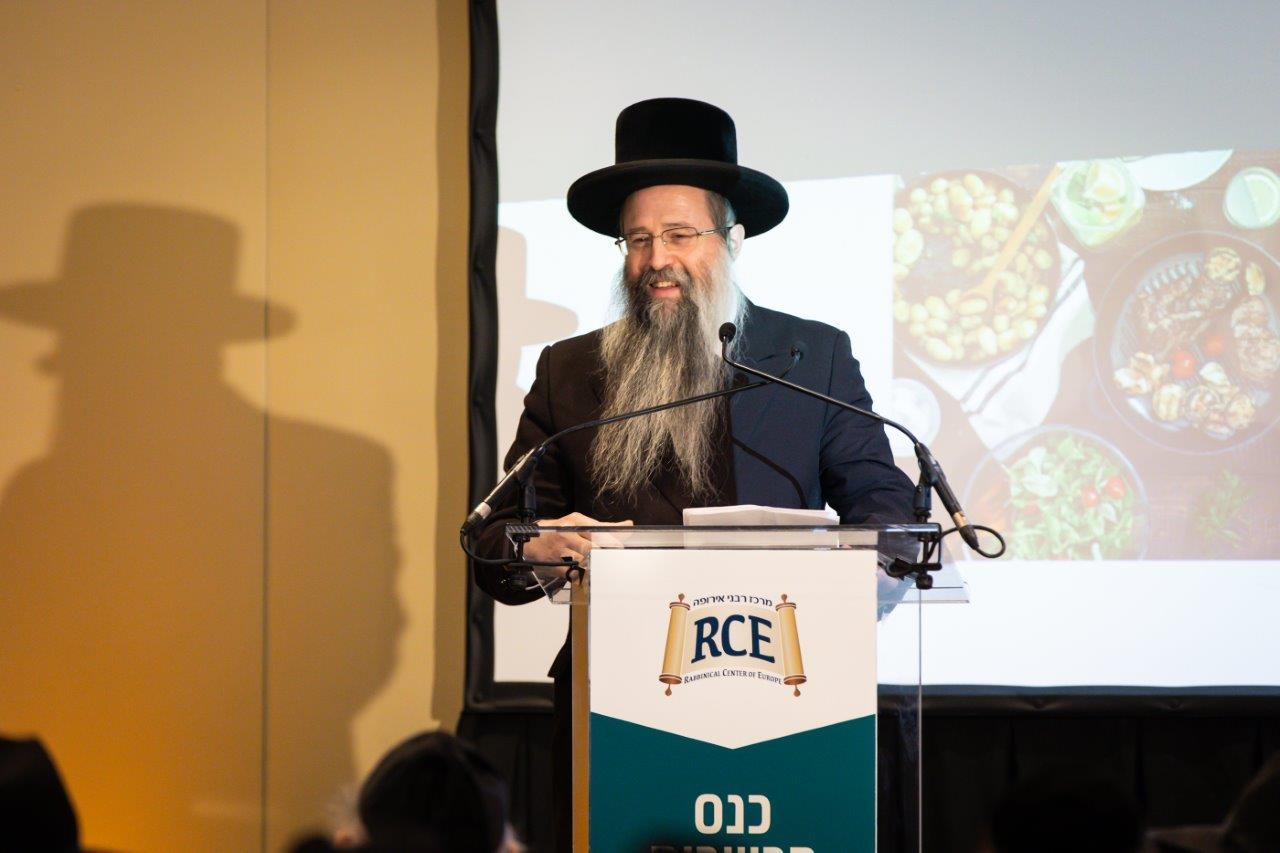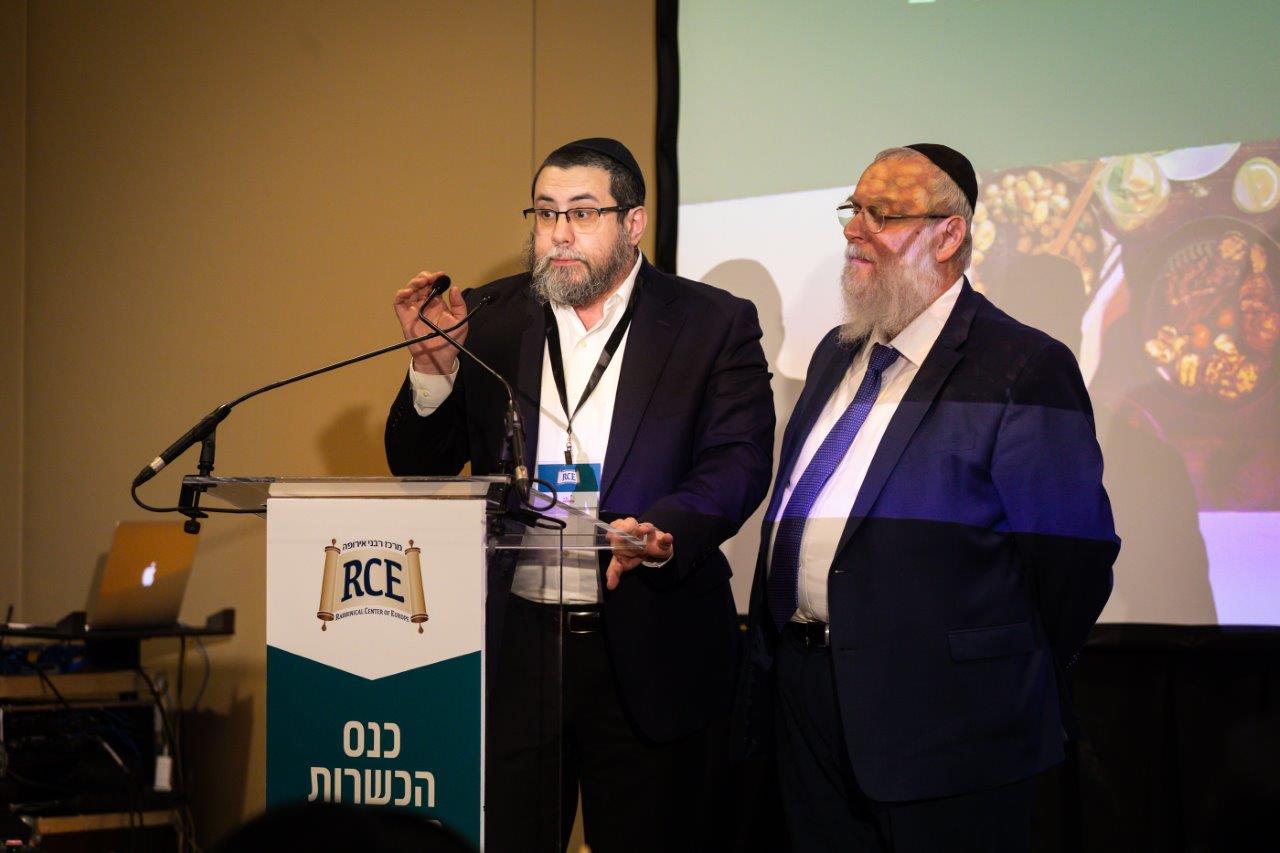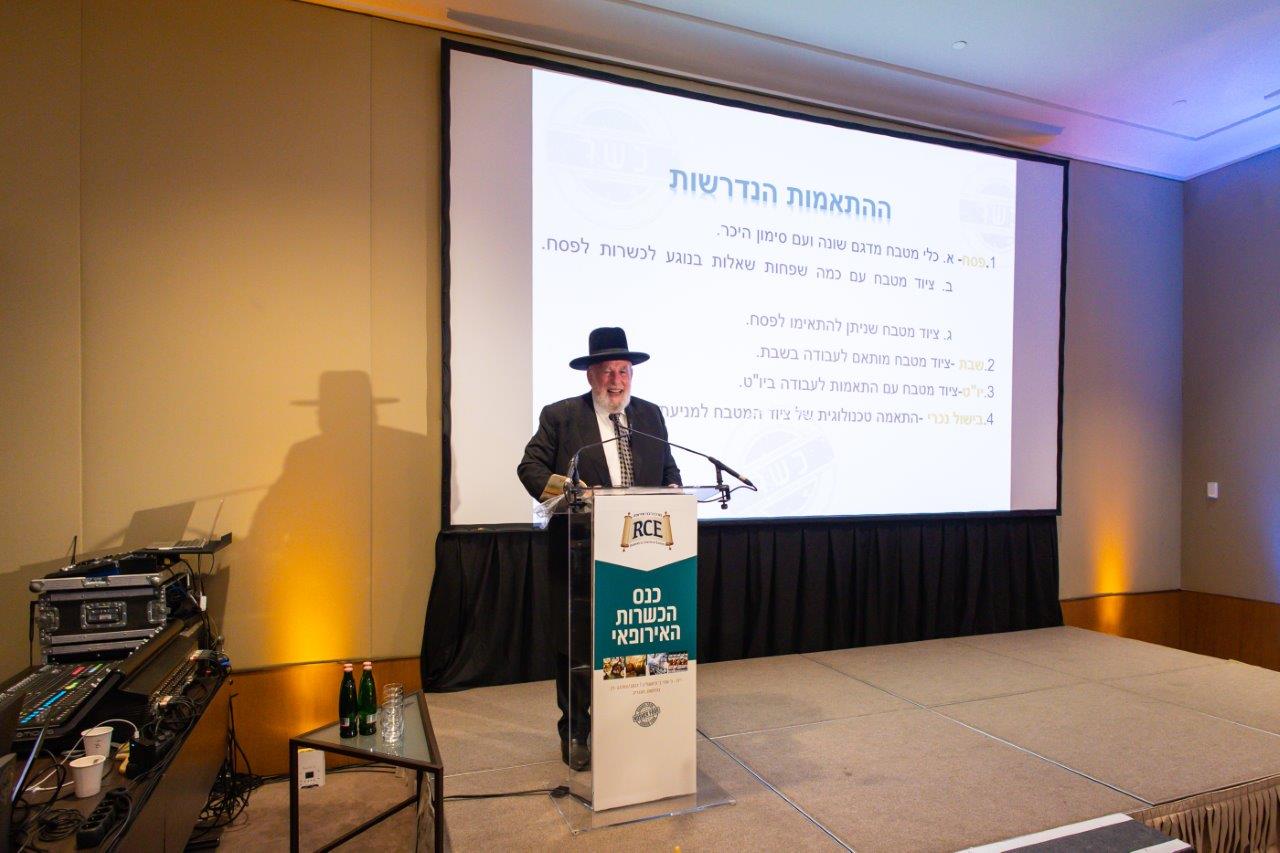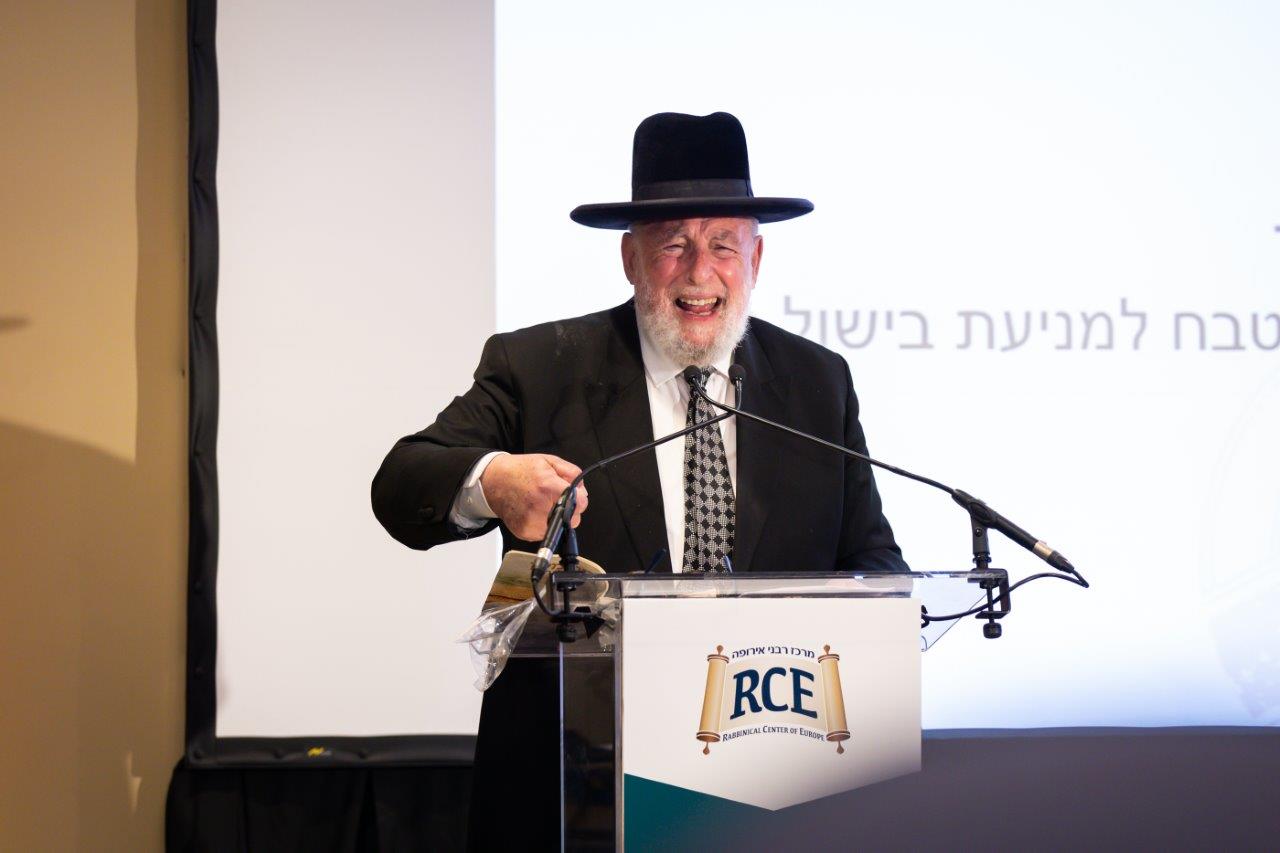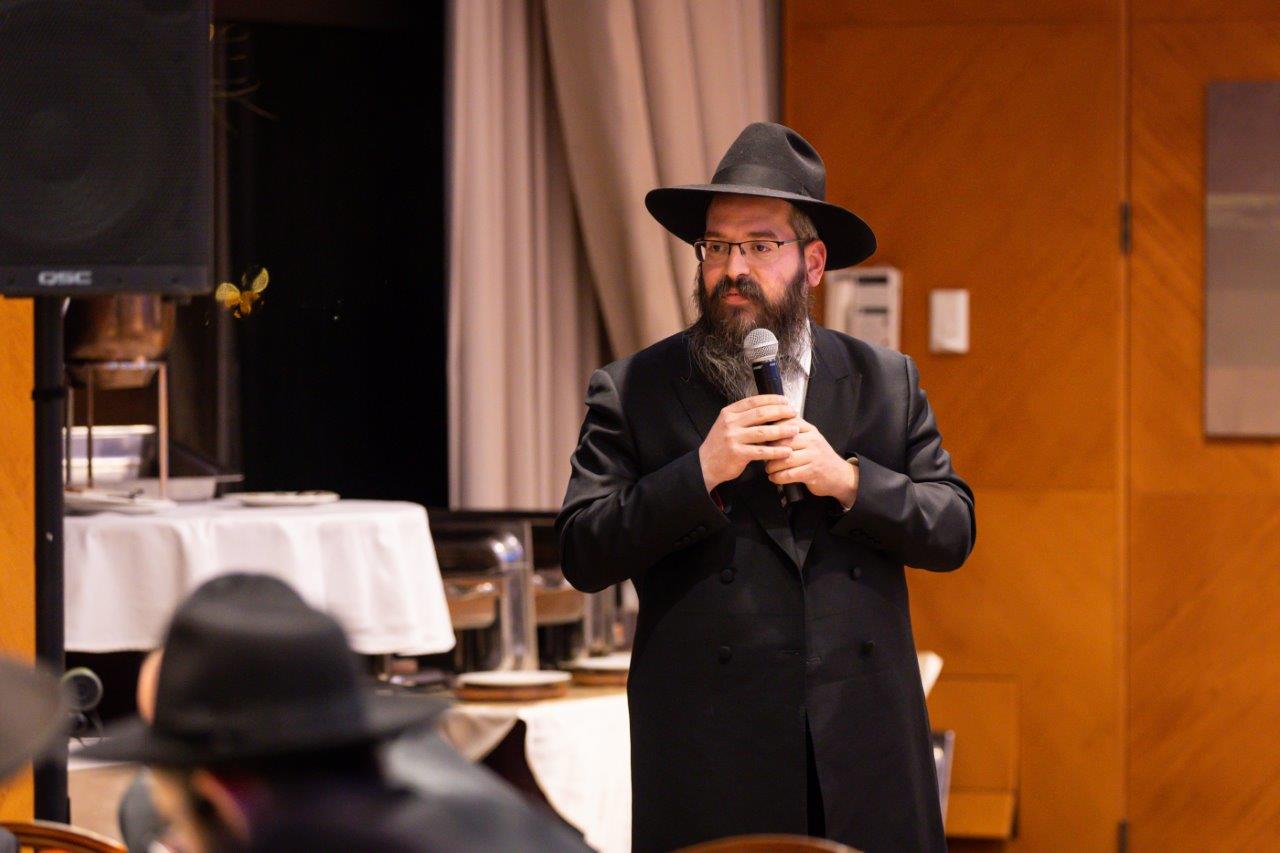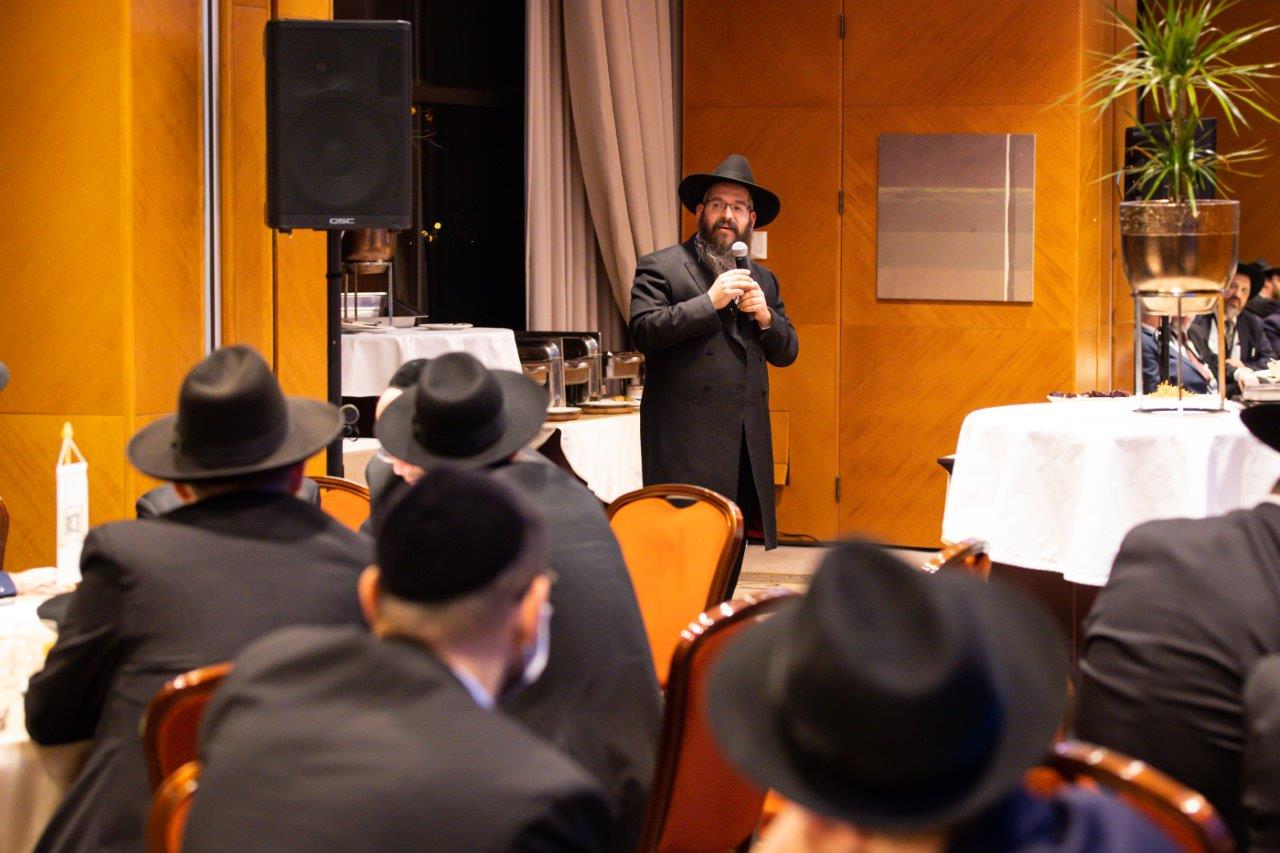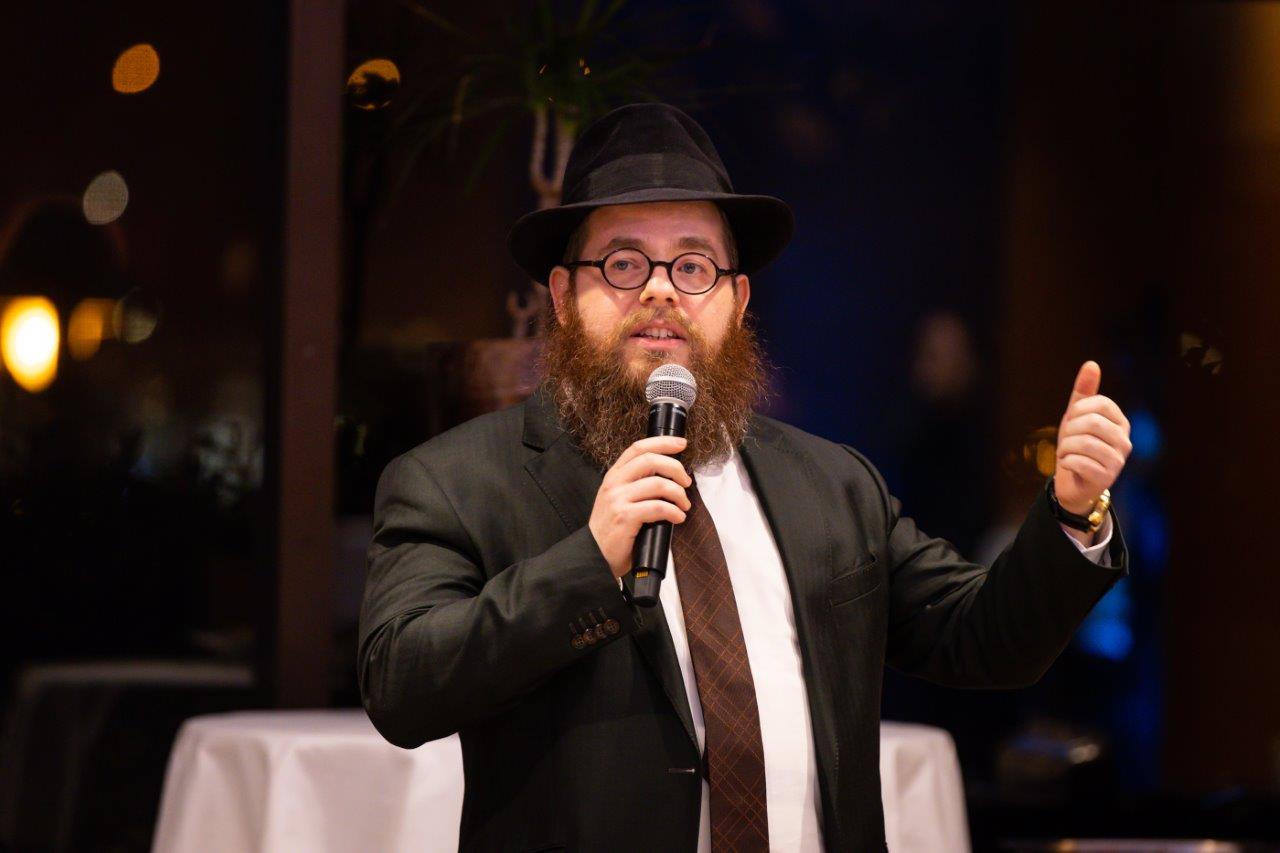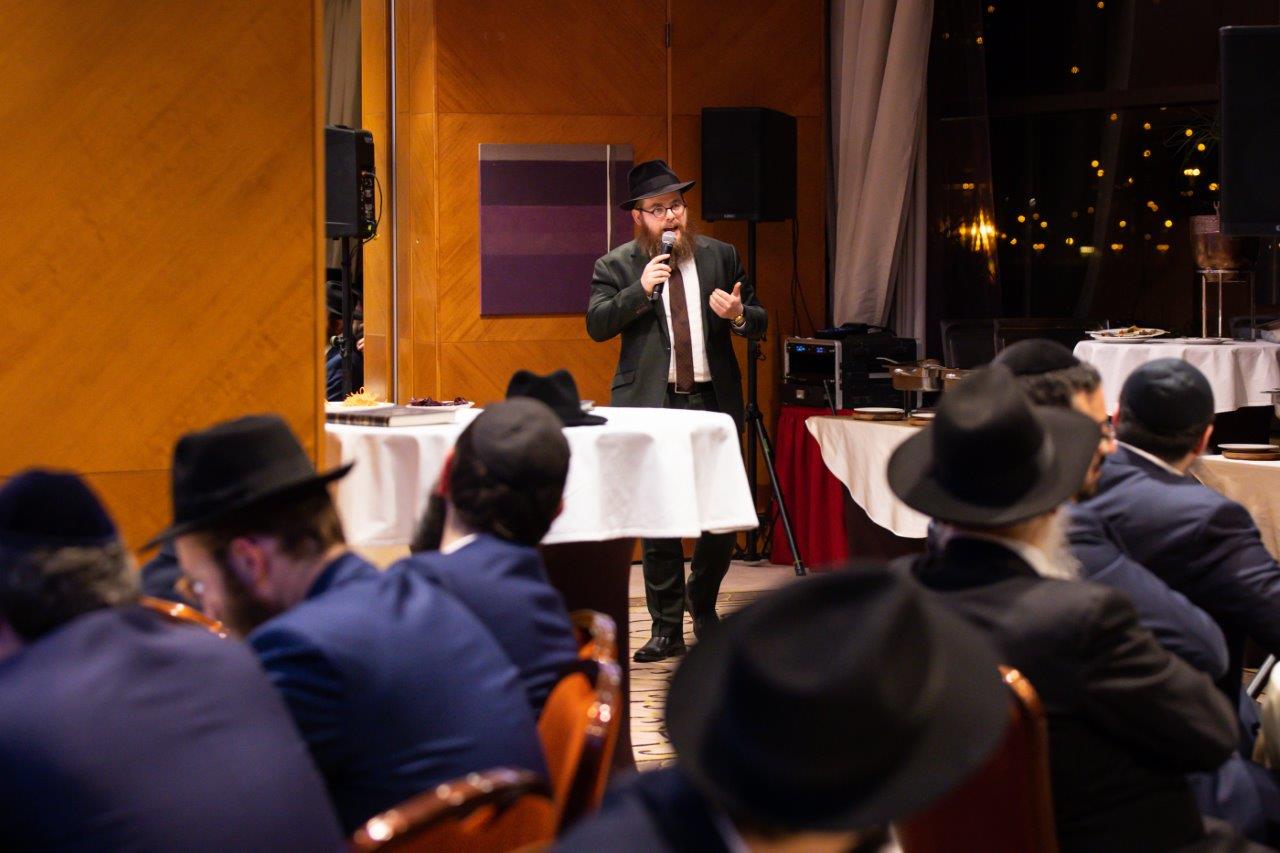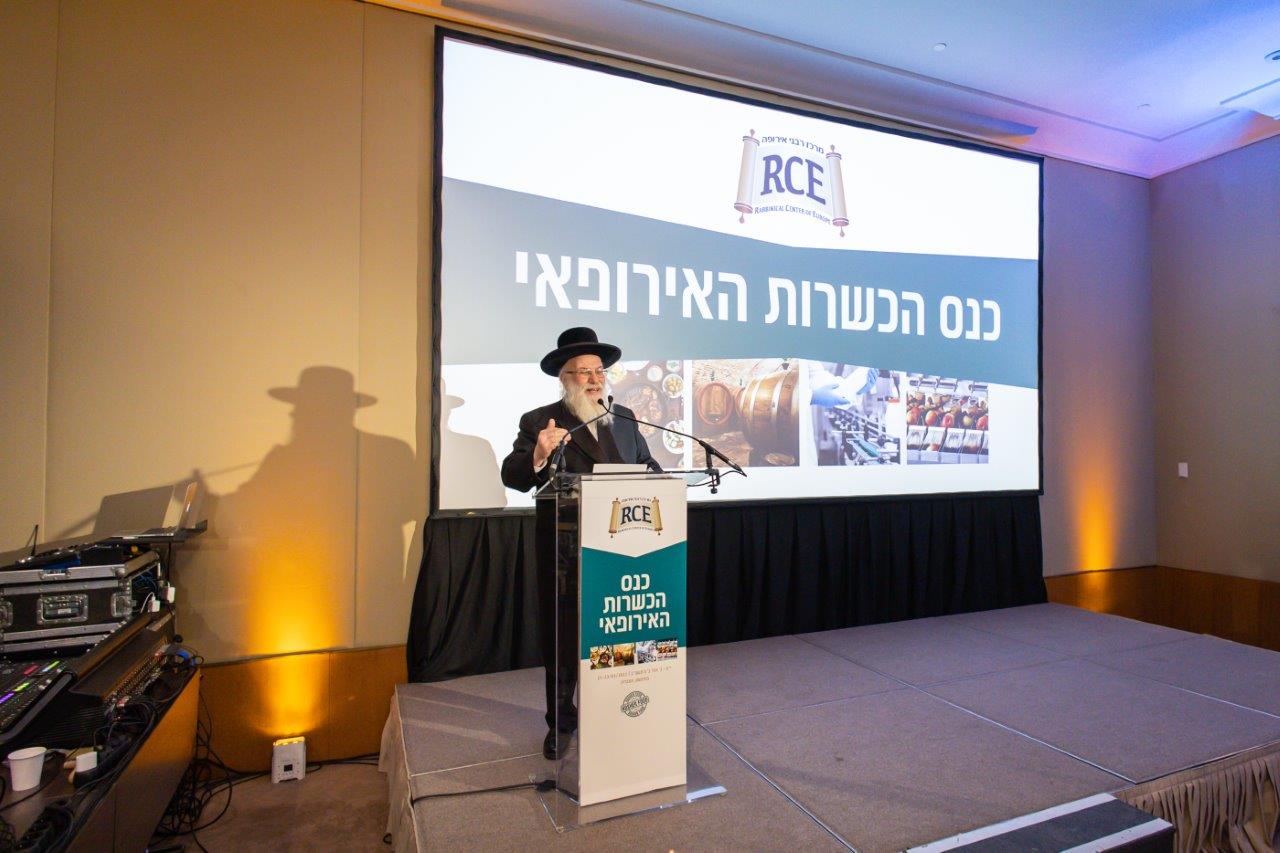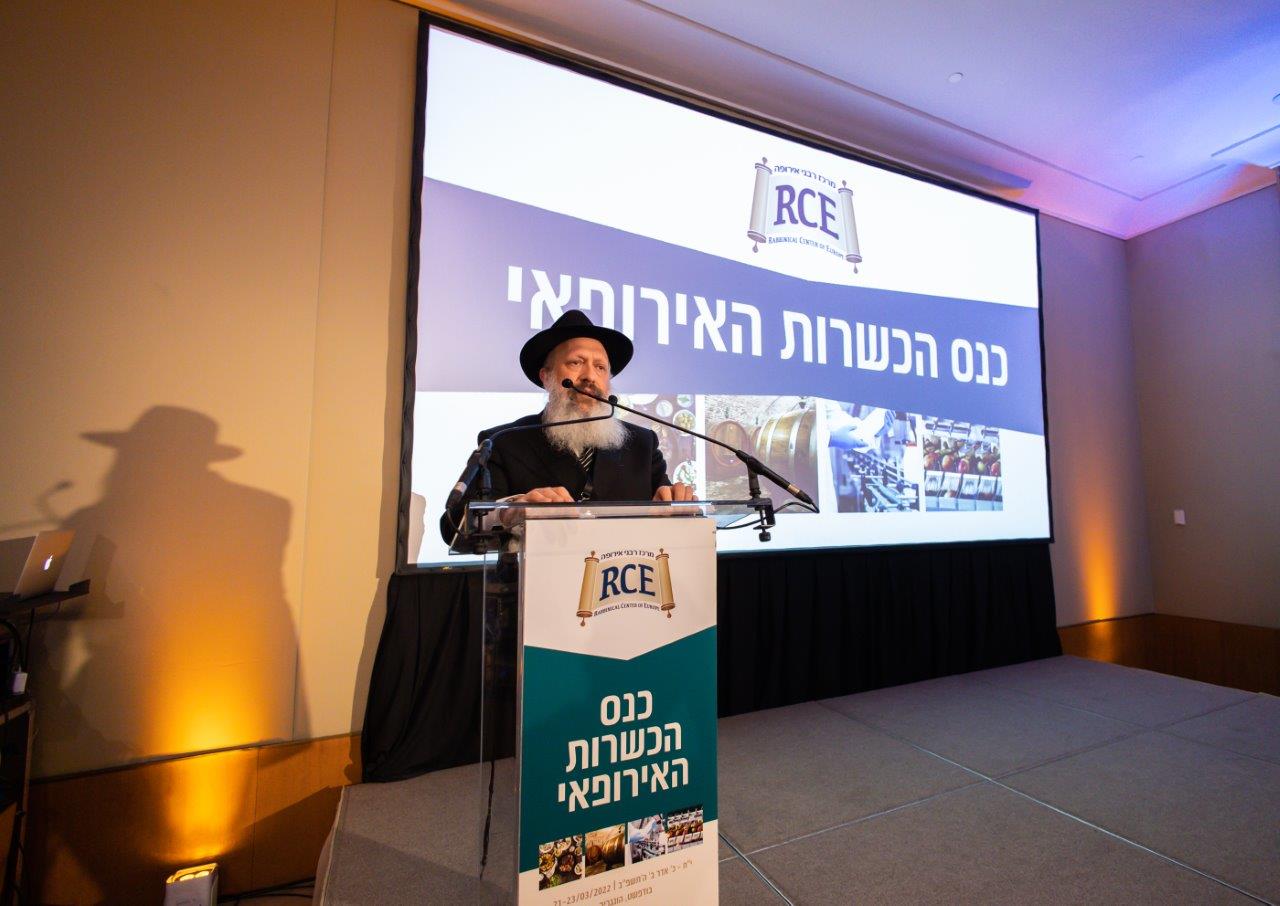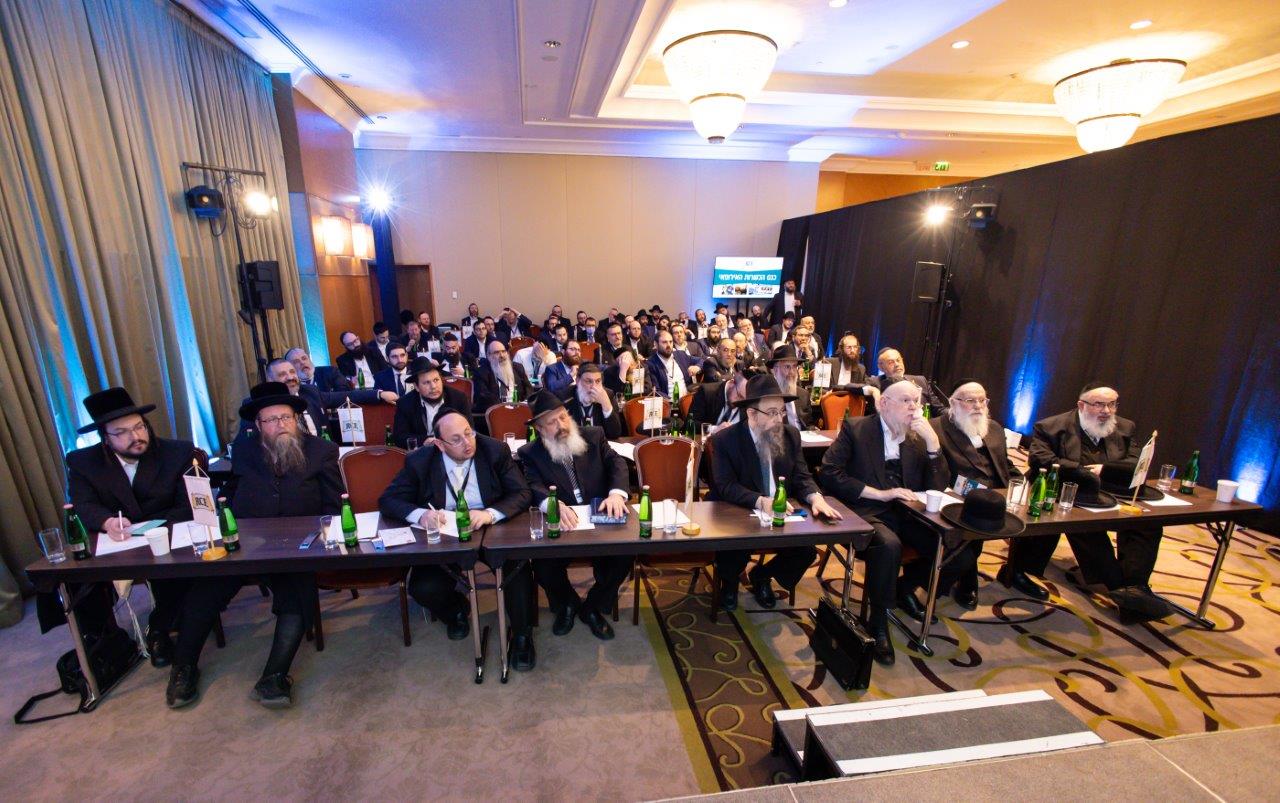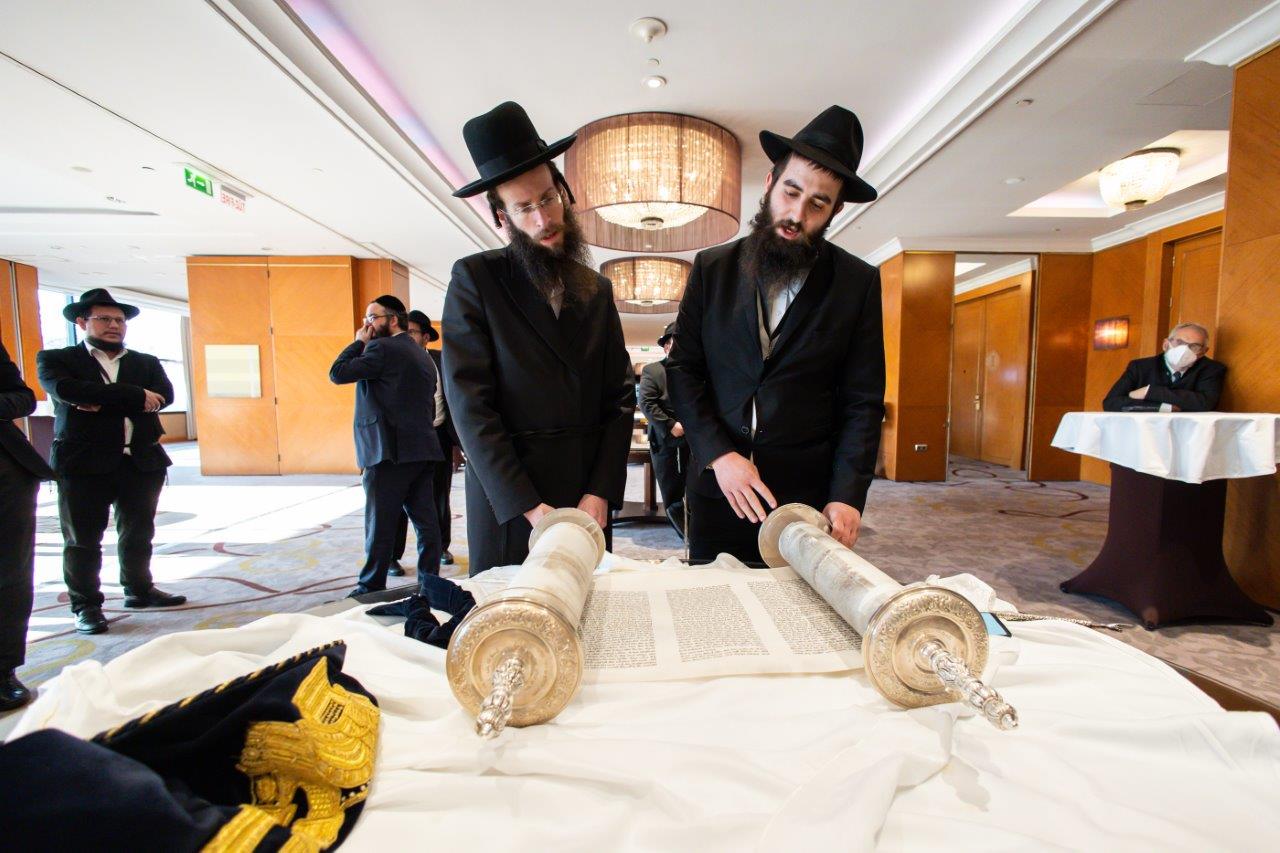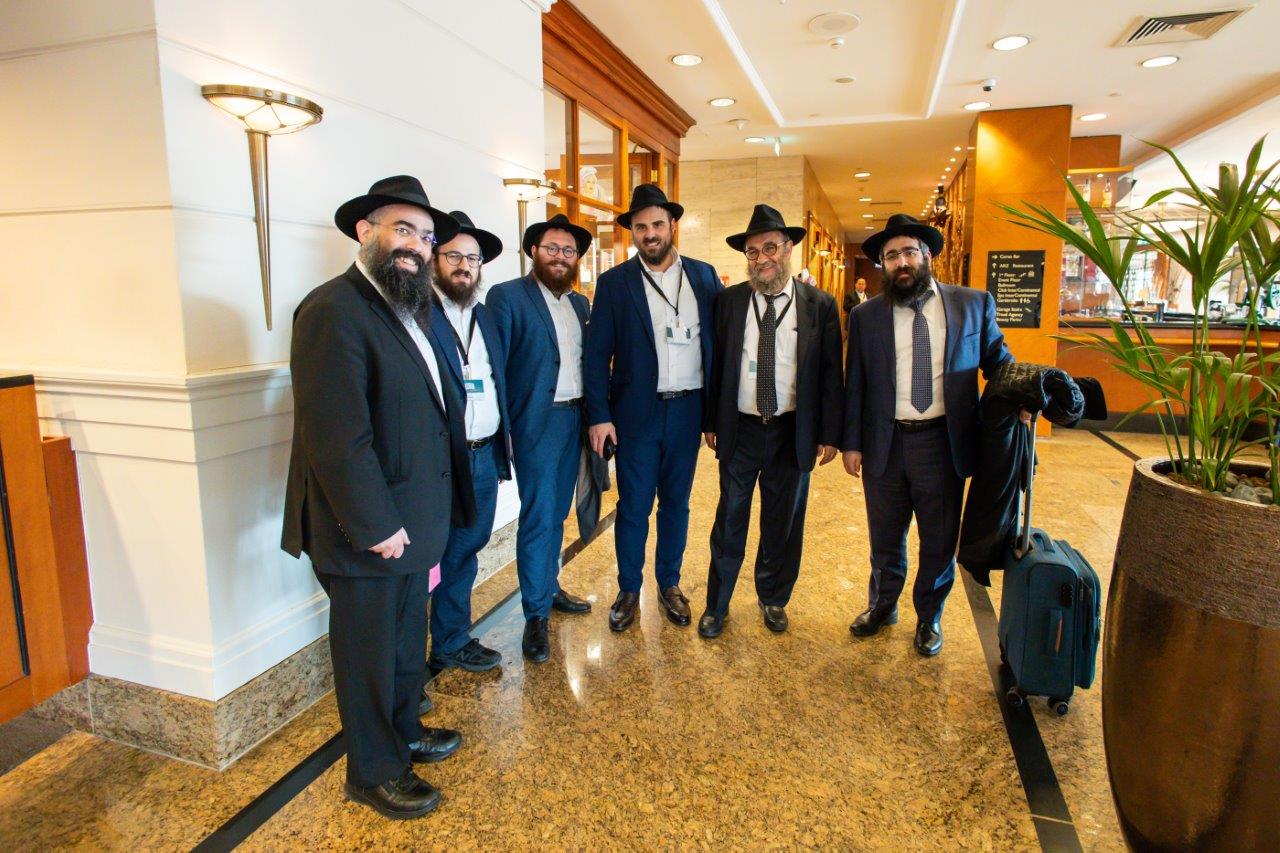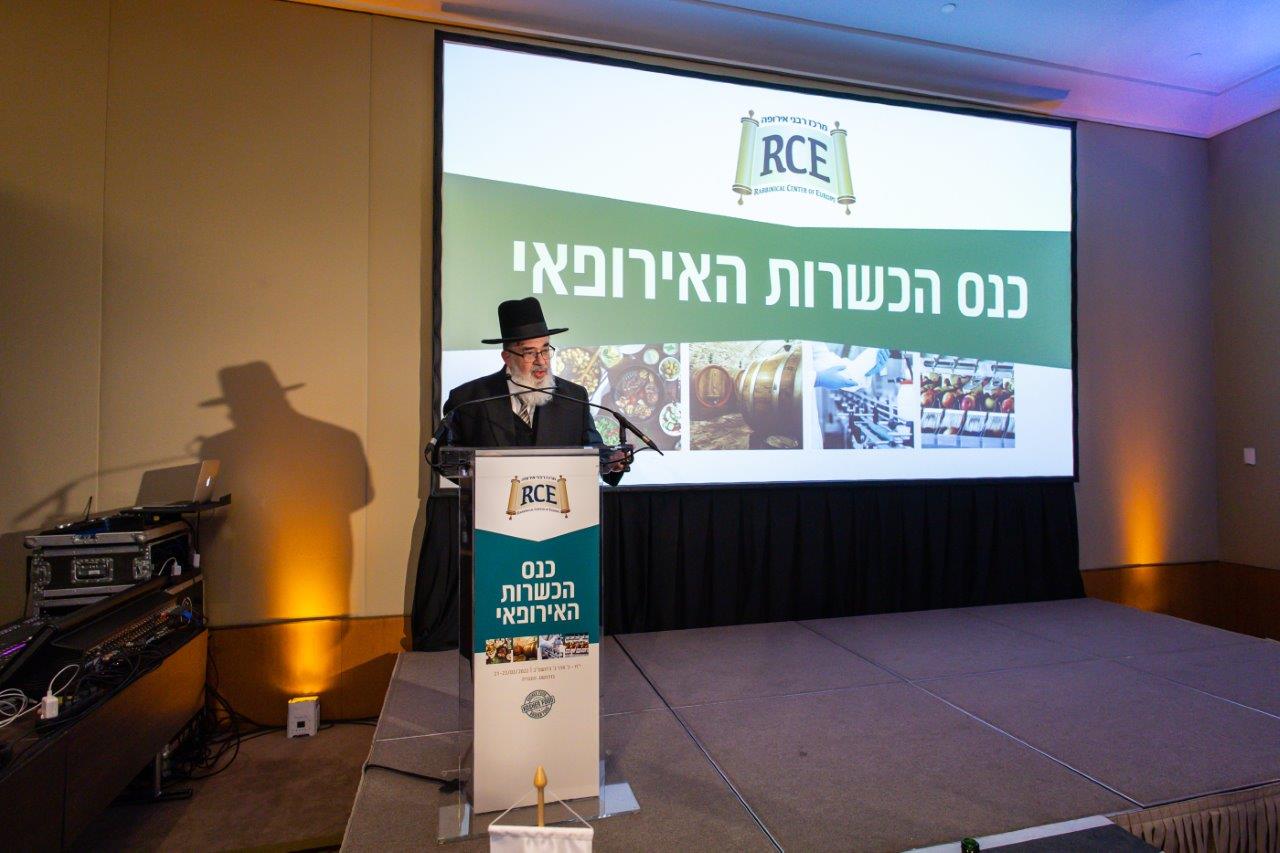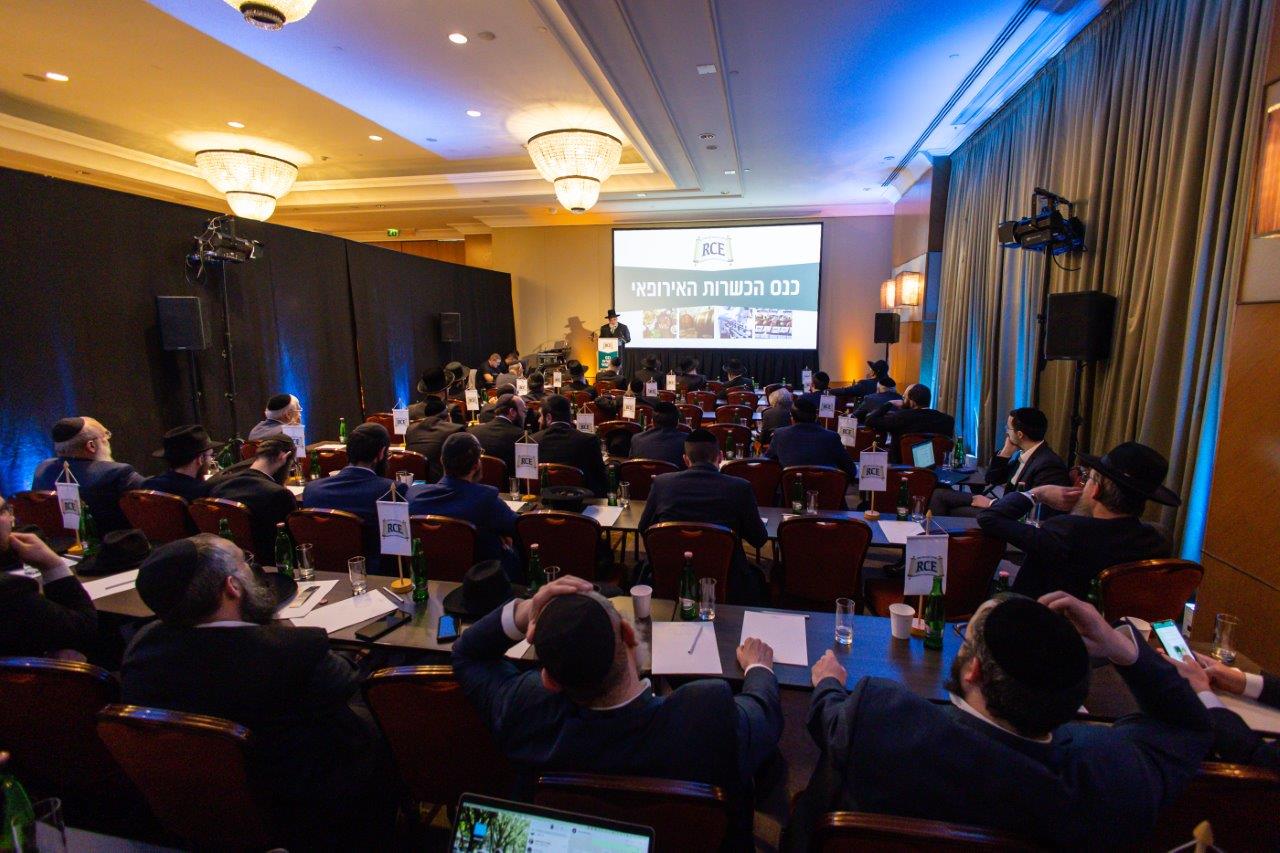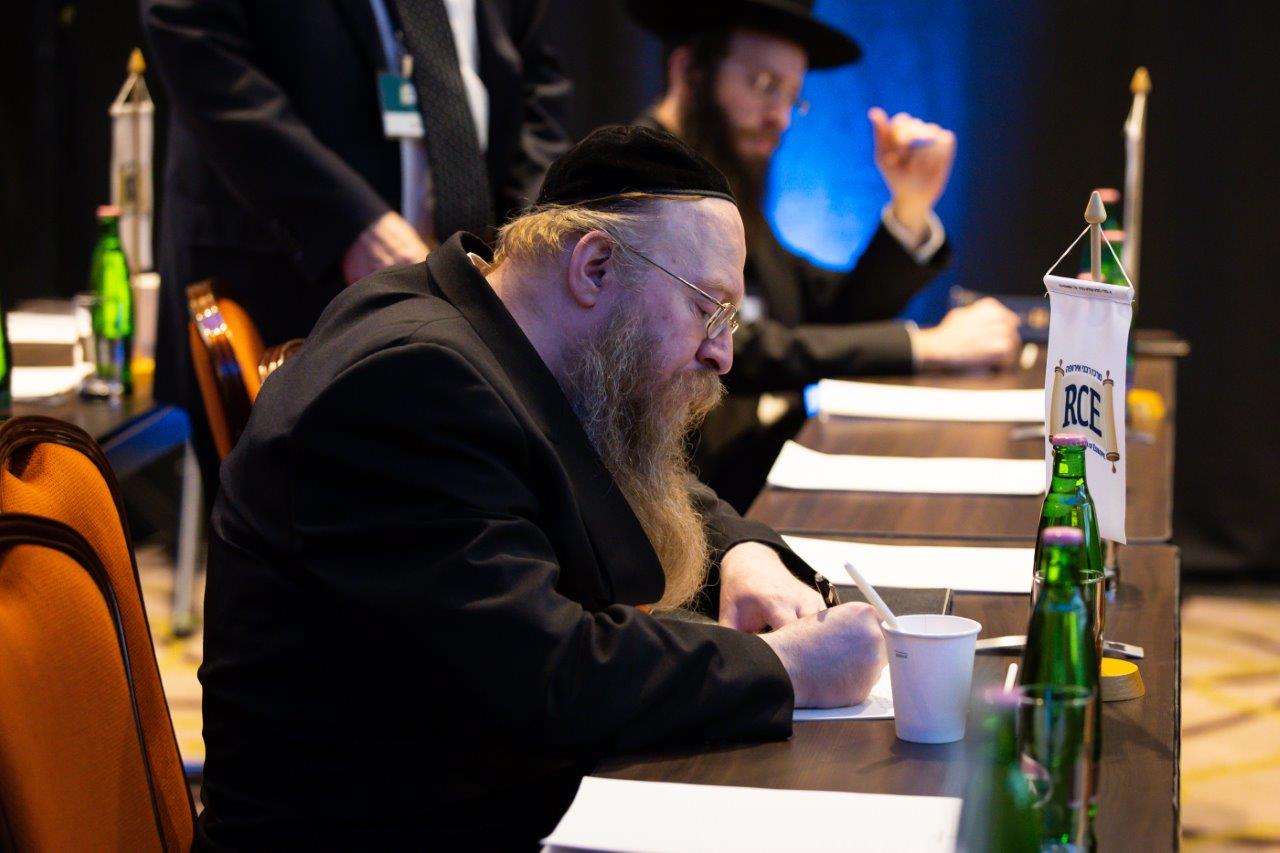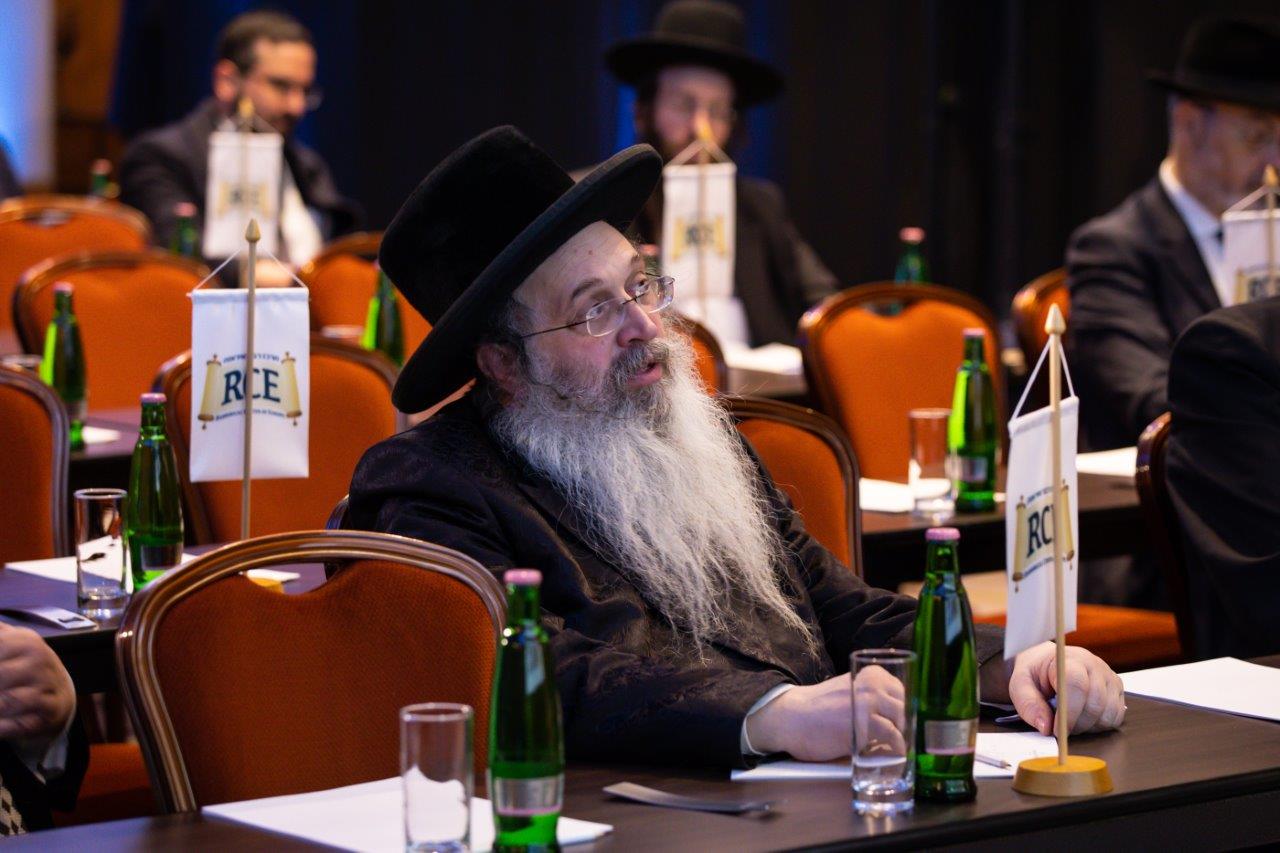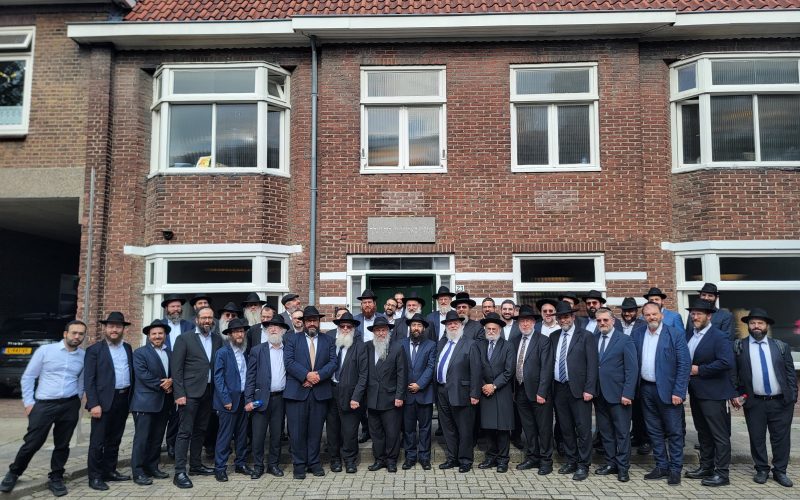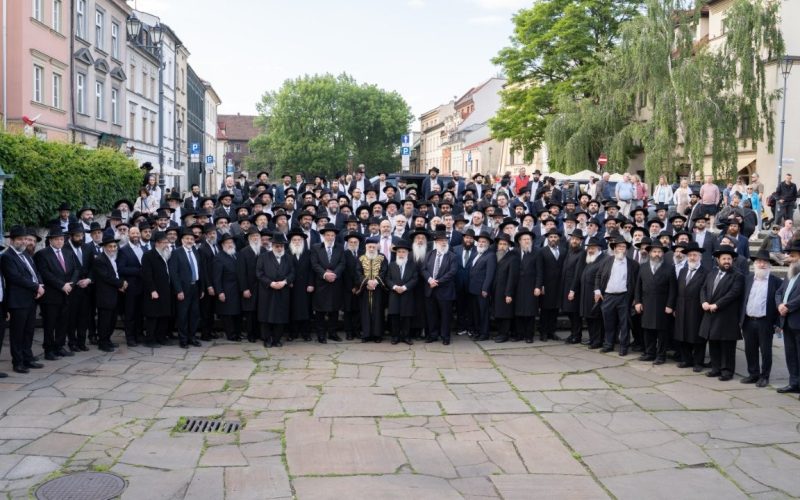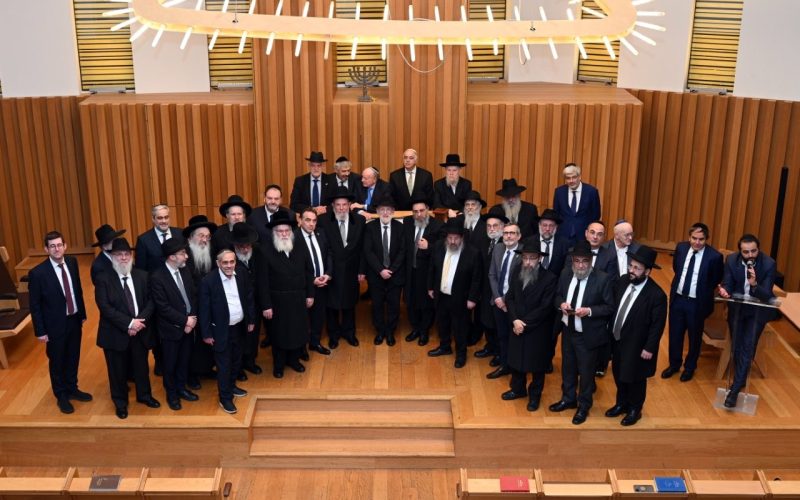100 European Rabbis and Kashrut Organizations Convene to Address Technological Developments
The conference in Budapest, Hungary, was organized by the Rabbinical Centre of Europe and presented many practical halachic issues that concern Rabbis and Kashrut organizations throughout Europe.

The Rabbinical Centre of Europe (RCE) held a kashrut conference with the participation of almost 100 rabbis and leaders of the prominent kosher organizations in Europe. The three-day conference took place in Budapest, Hungary, and addressed a long list of practical halachic issues that continue to concern Rabbis and kosher organizations in Europe.
The European Kashrut Conference was held after two years during which rabbis in Europe and heads of kashrut organization were unable to convene because of the pandemic. Only recently, since vaccinations have become widespread, were the rabbis and heads of the major kashrut organizations in Europe and Israel able to meet again. The focus of the conference was kashrut in the technological age.
The conference began on Monday, March 22nd. It was opened by Rabbi Baruch Oberlander, Rabbi and Av Beit Din of Budapest and a member of the RCE, who began with a eulogy for Rabbi Chaim Kanievsky, OBM, who had passed away just a few days prior. Rabbi Oberlander has had long-standing connections with the RCE as they have cooperated on a major project to construct and renovate dozens of mikvahs throughout Europe.
Rabbi Yaakov Yisrael Lichtenstein, formerly head of the London Federation and a member of the presidium of the RCE, spoke about reliability of kashrut from non-Jews. His remarks stirred great interest and a halachic discourse ensued. It lasted until the luncheon at which Rabbi Menachem Haddad, the Chief Rabbi of Brussels and one of the rabbis of the RCE’s EK kosher organization, delivered a Torah lecture.
Rabbi Pinchas Leibush Padwa, the rabbi of the Belzer community in Kiryat Gat, Israel, and a member of the RCE Council, spoke about milking in our time. The many examples he cited led to a spirited debate among the participants. They raised questions and shared their own experiences. Rabbi Yosef Yitzchak Pevzner, president of the Sinai Institutions and director of the Maccabi kashrut organization, addressed the kosher status of milk and its products. Rabbi Yirmiyahu Cohen, formerly Chief Rabbi of Paris and a member of the presidium of the RCE, spoke about the purchase of wine barrels, which also led to a productive discussion. Some people approached him at the end of his remarks to clarify issues with him.
The second day of the conference was opened by Rabbi Eliezer Simcha Weisz, a member of the Chief Rabbinate and a member of the Kashrut Committee, spoke about the practical issue of kashering restaurants and hotels during the year and for Pesach. Rabbi Shalom Landau, director of Badatz Iggud Harabbanim of Manchester, spoke about the purchase of fish from non-Jews and provoked a lengthy debate between the participants who presented questions and examples from their experiences. Rabbi Avraham Hazan, Rabbi of Milan, Italy, and a member of the RCE council, spoke about wineries in the age of technology and surprised those present with various precautions that must be taken during the production in wineries.
Rabbi Akiva Asher Padwa, rabbi of the Miluim L’efod congregation in England, spoke about the issue of kosher liquor, a topic of extensive interest. It is a very complex issue with many halachic details. Rabbi Yehuda Asher Steiner, Av Beit Din of Manchester, surprised those present when he spoke about the proper caution necessary when drinking cocktails and coffee without a proper hechsher in hotels and cafes. He gave various examples and a discussion followed. Rabbi David Rottenberg, of the Kedassia hechsher in London, spoke about dealing with insects in Europe’s climate. Rabbi Yisroel Moshe Guttentag, director of the Kashrut Committee of the London Federation, gave practical guidance on technological monitoring of production processes. Rabbi Yosef Minsky, director of the EK Kashrut division of the RCE, was the final speaker, and he addressed issues relating to remote controlled kashrut supervision. His remarks provoked a long discussion as the rabbis gathered around him to present their questions.
Wednesday, the last day of the conference, dealt with technology. Rabbi Moshe Yitzchak Eisenberg, a kashrut expert, spoke about the technological revolution in kosher slaughter. Rabbi Hillel Royd, head of the raw materials department at Badatz Manchester, spoke about raw materials in the age of technology. He shared revelations that were of great interest to the participants. Rabbi Yakov Shimon Eckstein, one of the heads of the KLBD Kashrut organization and the Belzer community in the United States, spoke about koshering of electric devices in factories and the importance of supervision. Rabbi Pinchas Leibush Padwa spoke about timely matters relating to what is forbidden and permissible in the Diaspora. The conference concluded with a presentation by a panel of experts on kashrut issues, at which various issues were raised and solutions were discussed.
The acting chairman of the Jewish Agency, Mr. Yaakov Haguel, and MK Yitzhak Pindrus, chairman of the United Torah Judaism faction in Israel, were special conference guests. They heard about the kashrut convention and came to meet the rabbis and hear about their organizations. They were on a visit as part of a Knesset and Jewish Agency delegation concerning border crossings between Hungary and Ukraine as part of Operation Olim Habaytah. At the conference they met with rabbis from Ukraine, Poland and Belarus and were very impressed.
Rabbi Arie Goldberg, the Director General of the RCE, noted that the conference was held at the request of European rabbis and kosher organizations who approached the RCE. He said that in recent years, technological developments in the field have greatly accelerated and have generated numerous complex halachic challenges. Despite the difficulty, the chairman of the RCE, Rabbi Menachem Margolin, agreed to the request.
Rabbi Goldberg thanked Rabbi Yossi Bainhaker, Vice President of the RCE, and Rabbi Avraham Abba Turetzky, Secretary of the Council of the RCE, for the intensive efforts and logistics management to ensure the conference’s success.
Photos credit: Itschak Belenitzki
